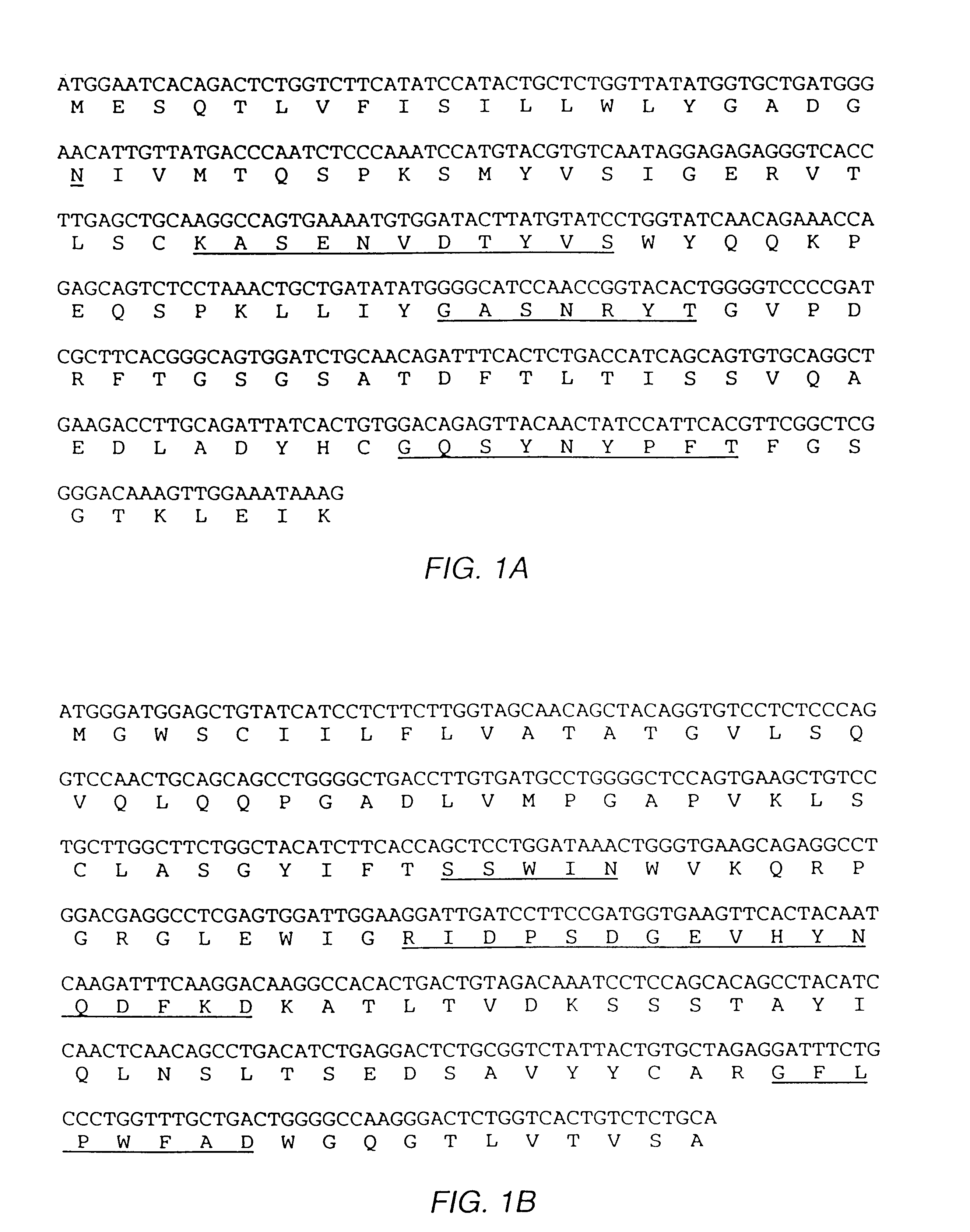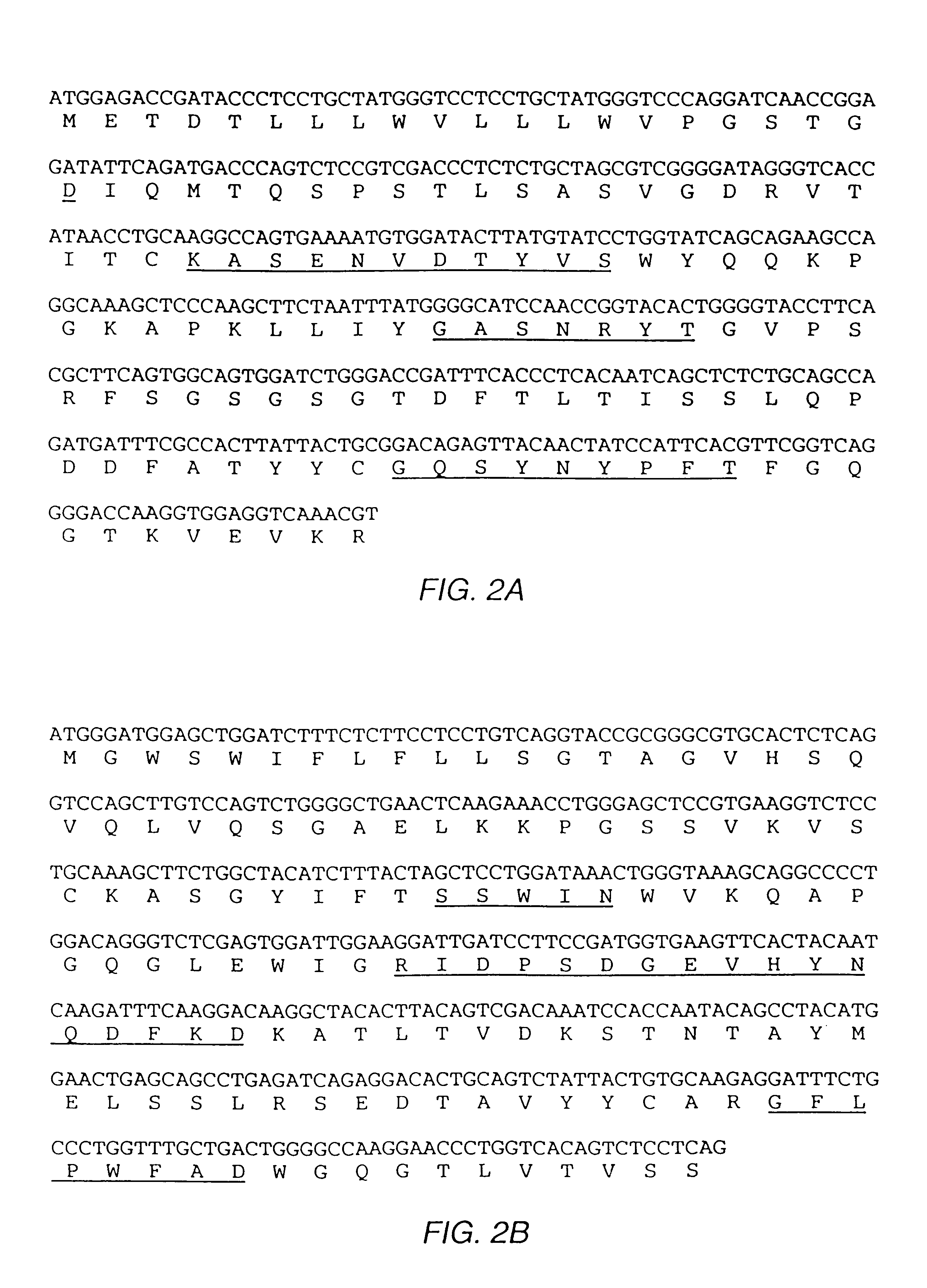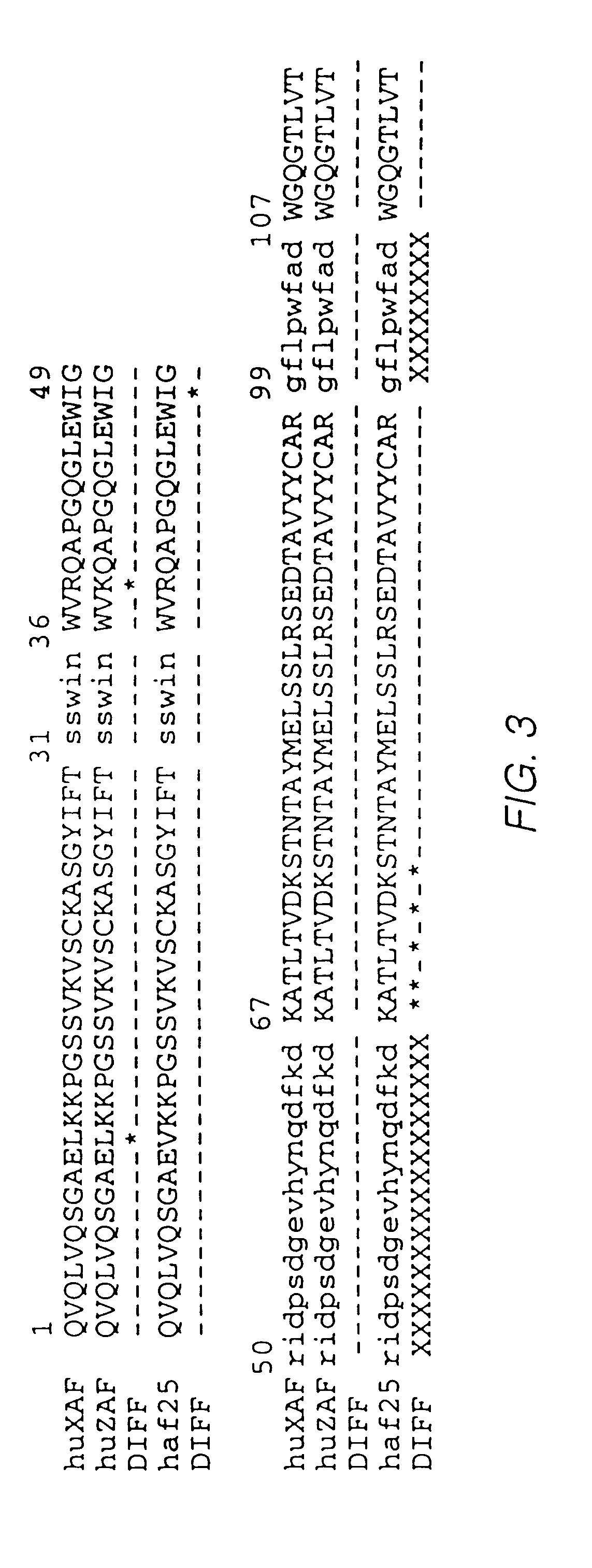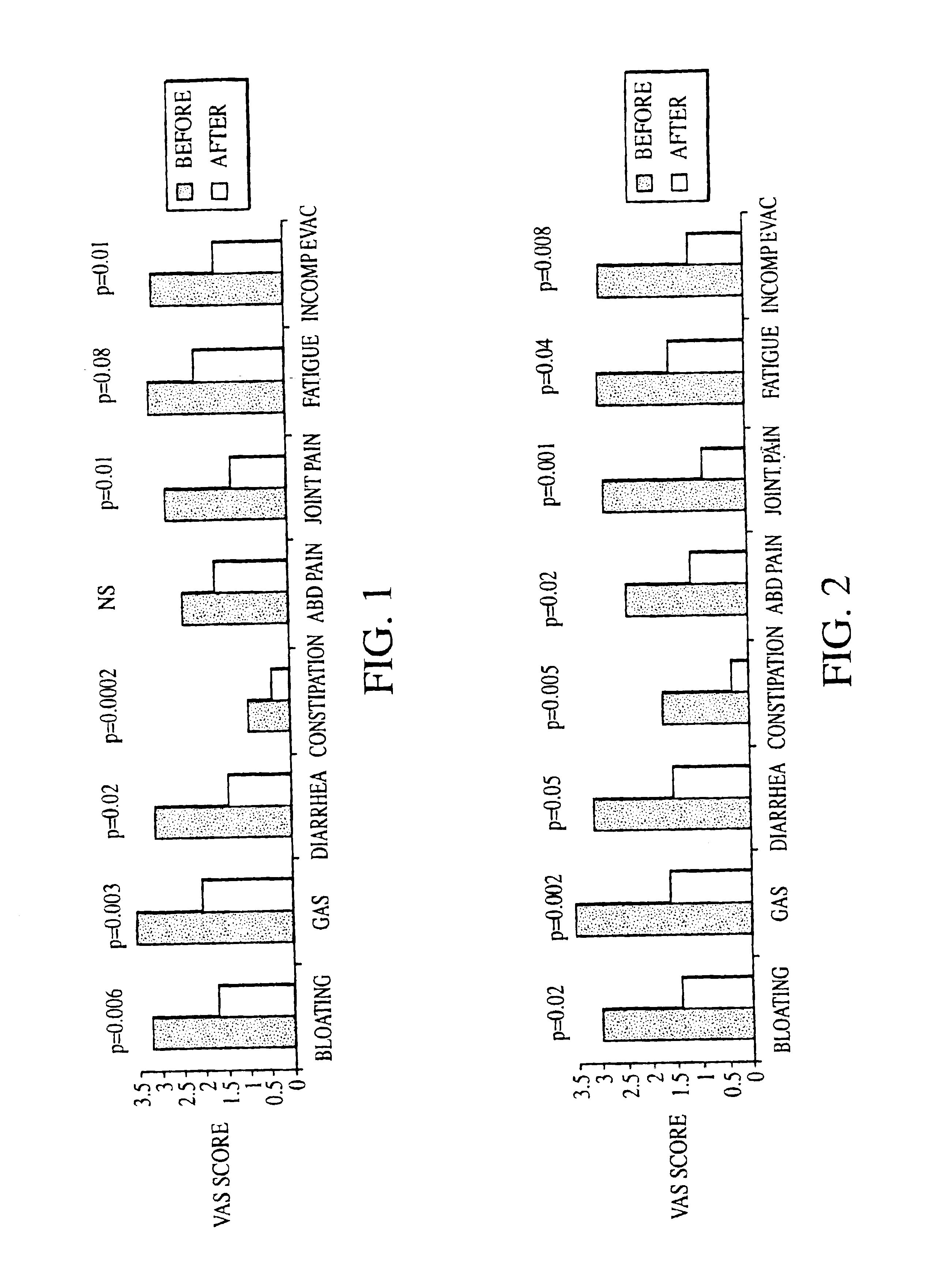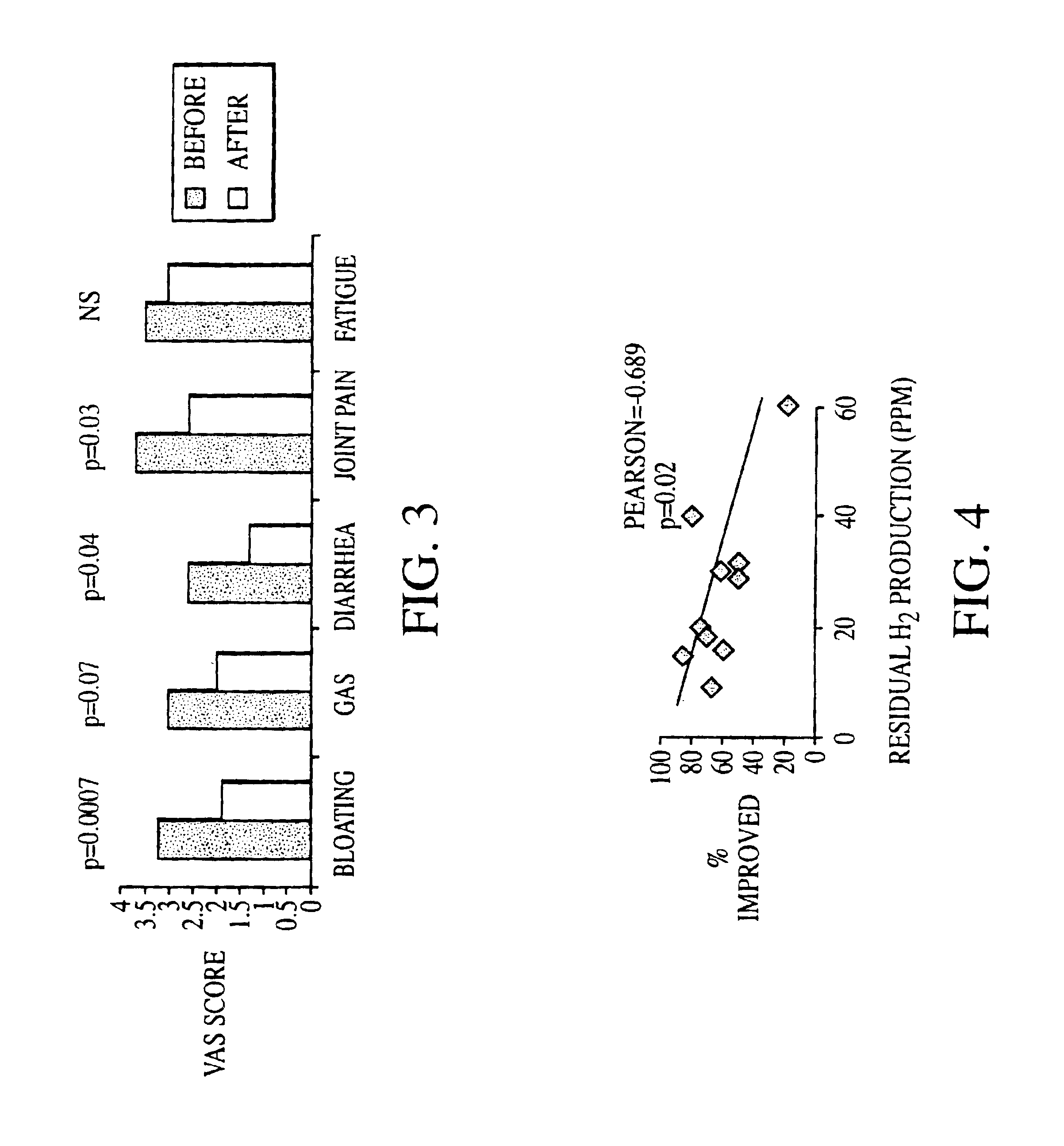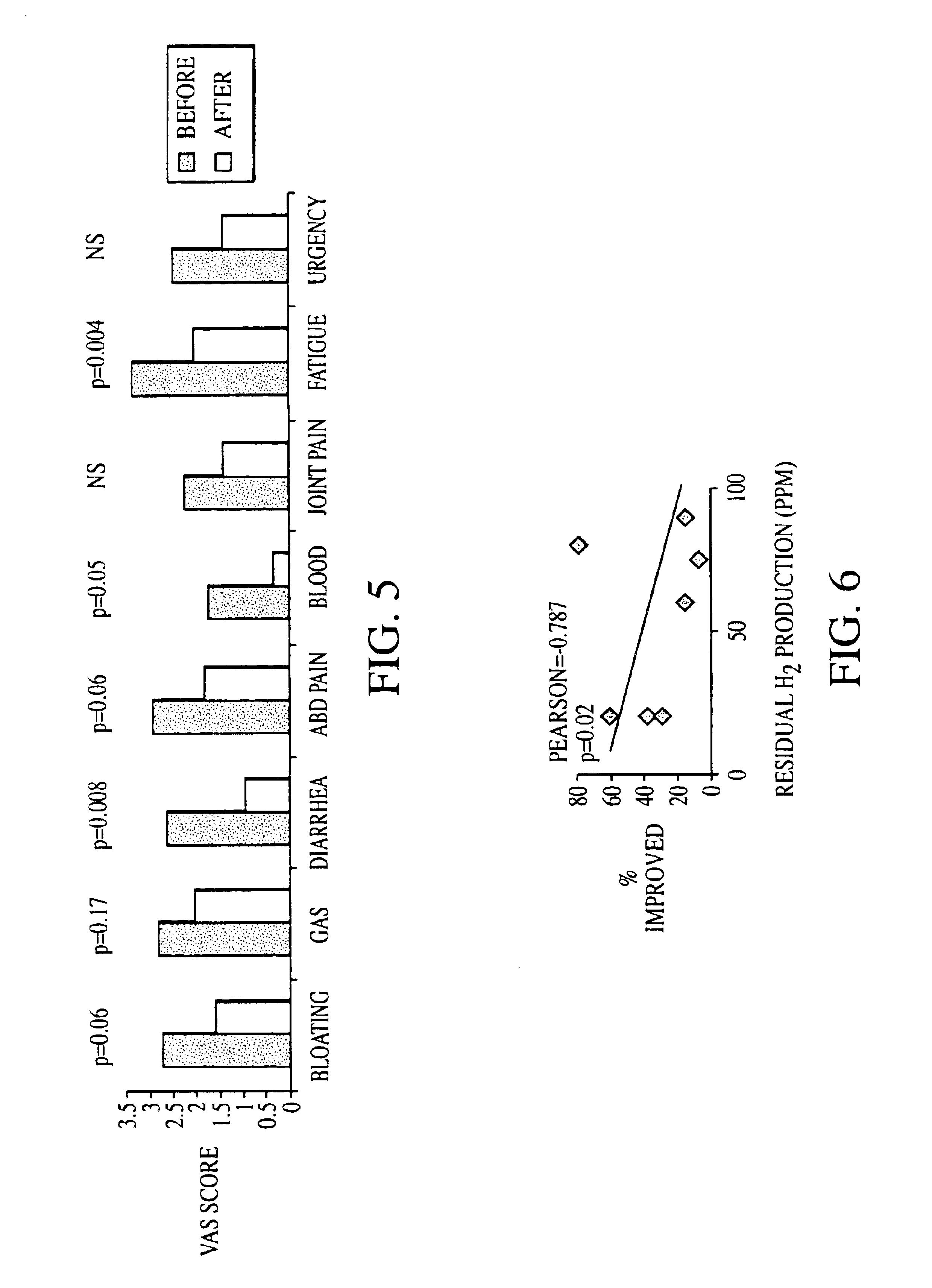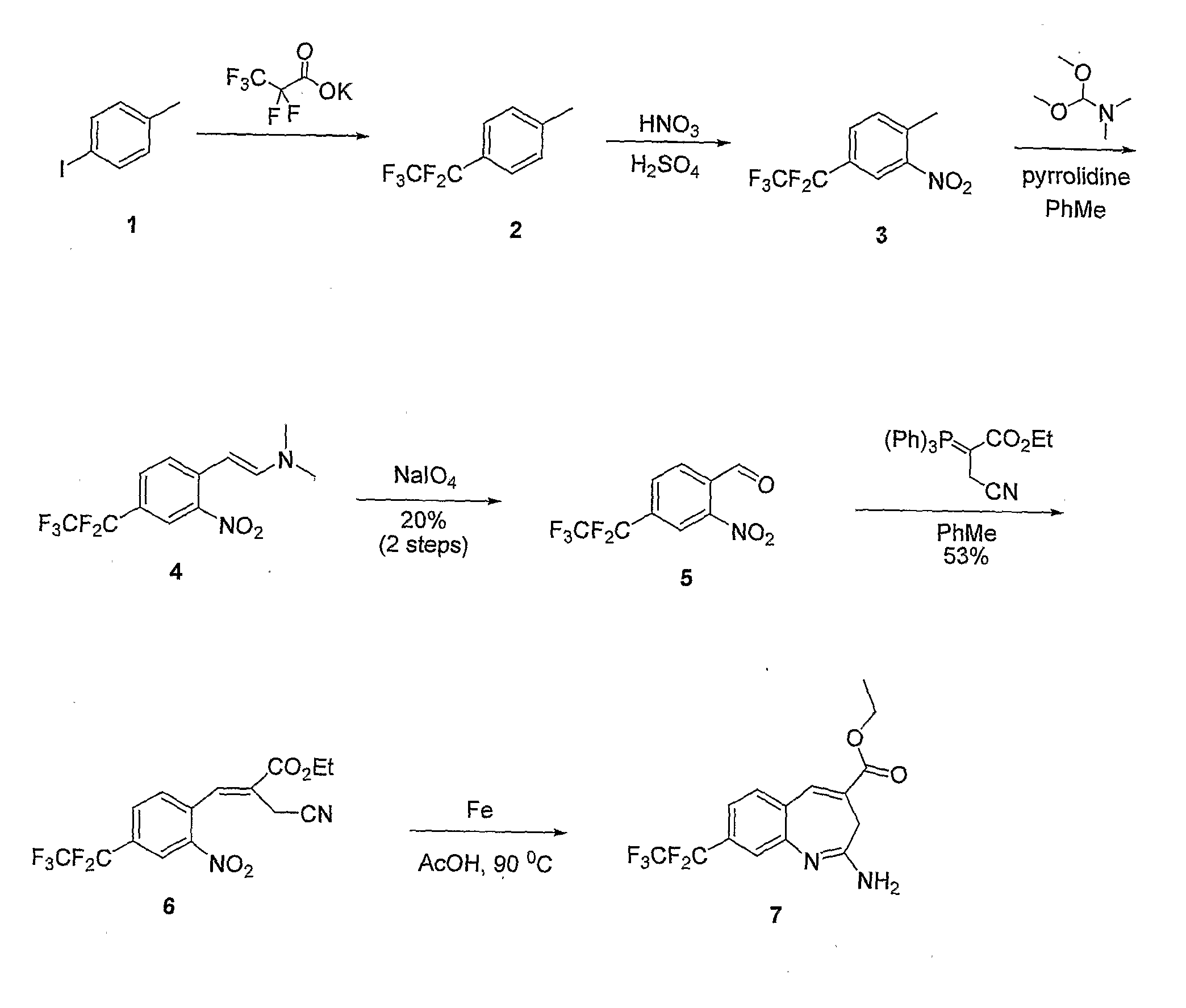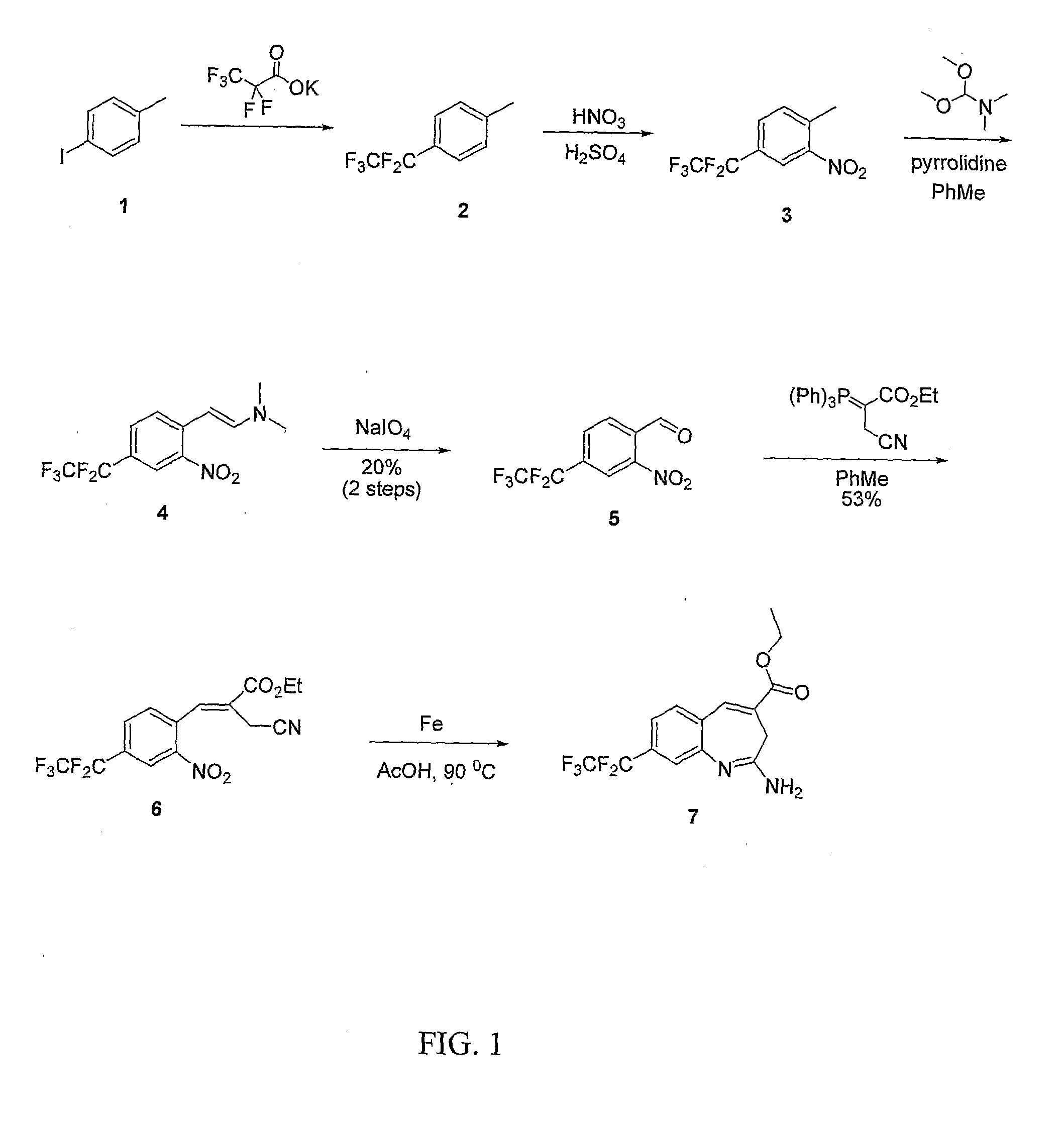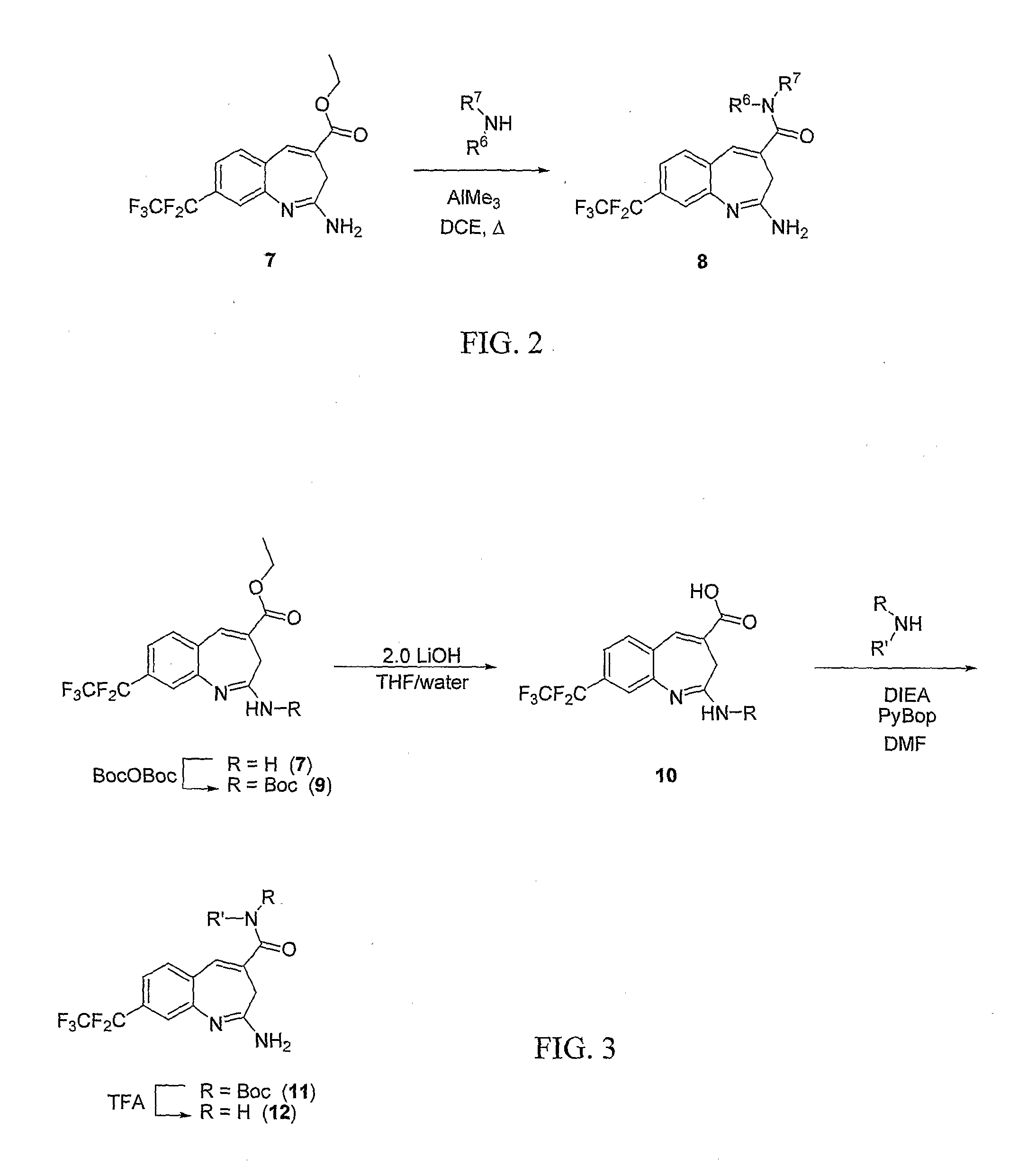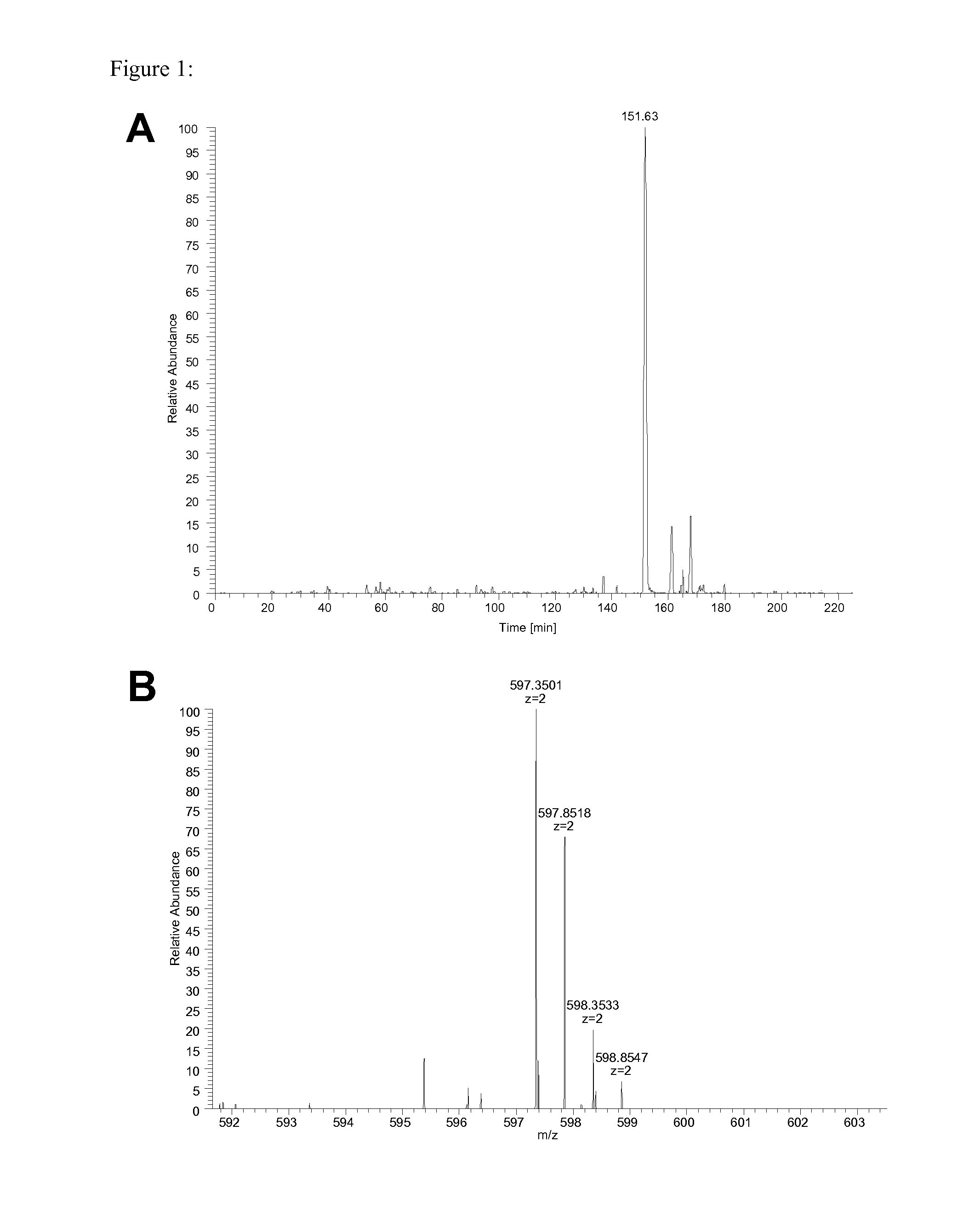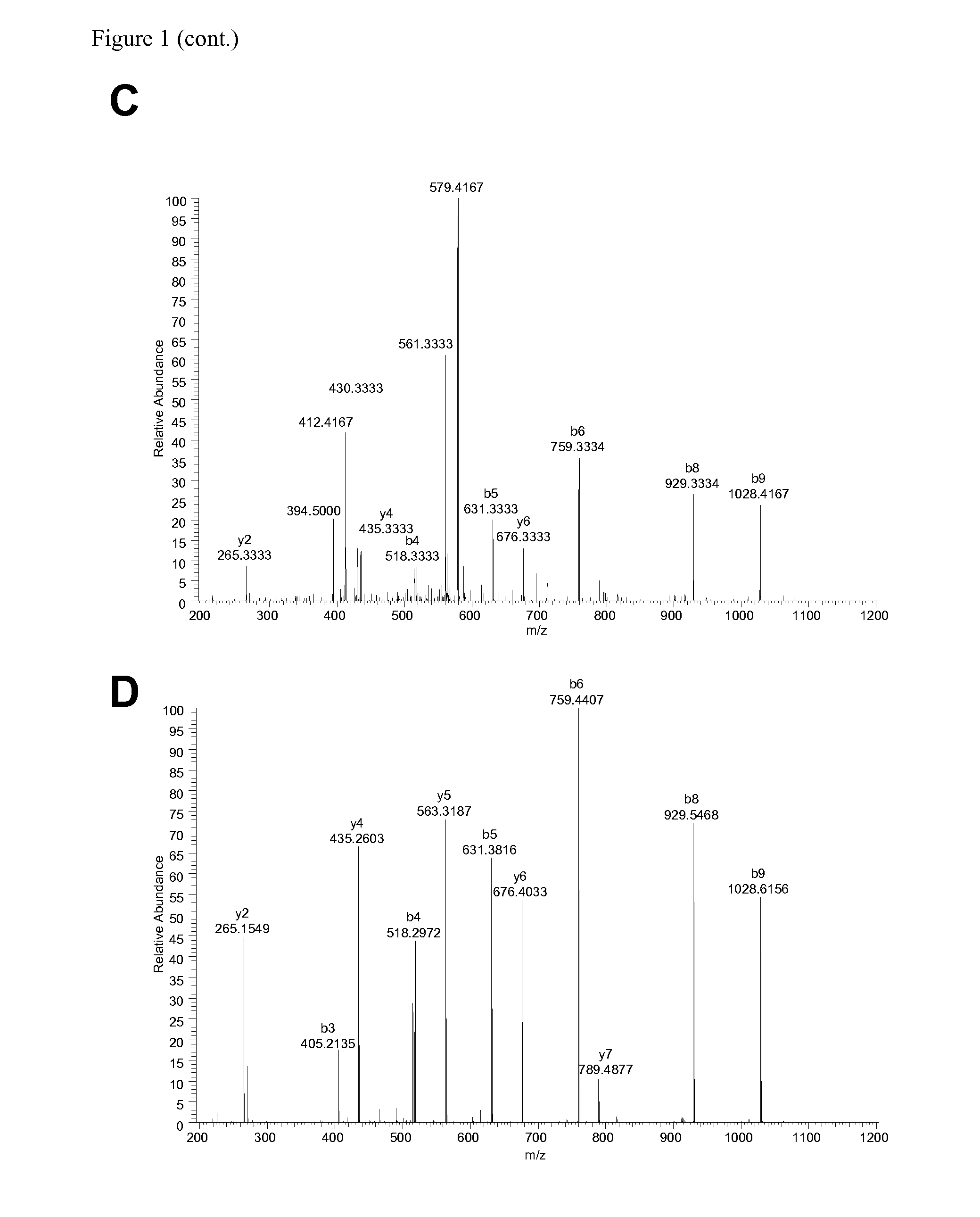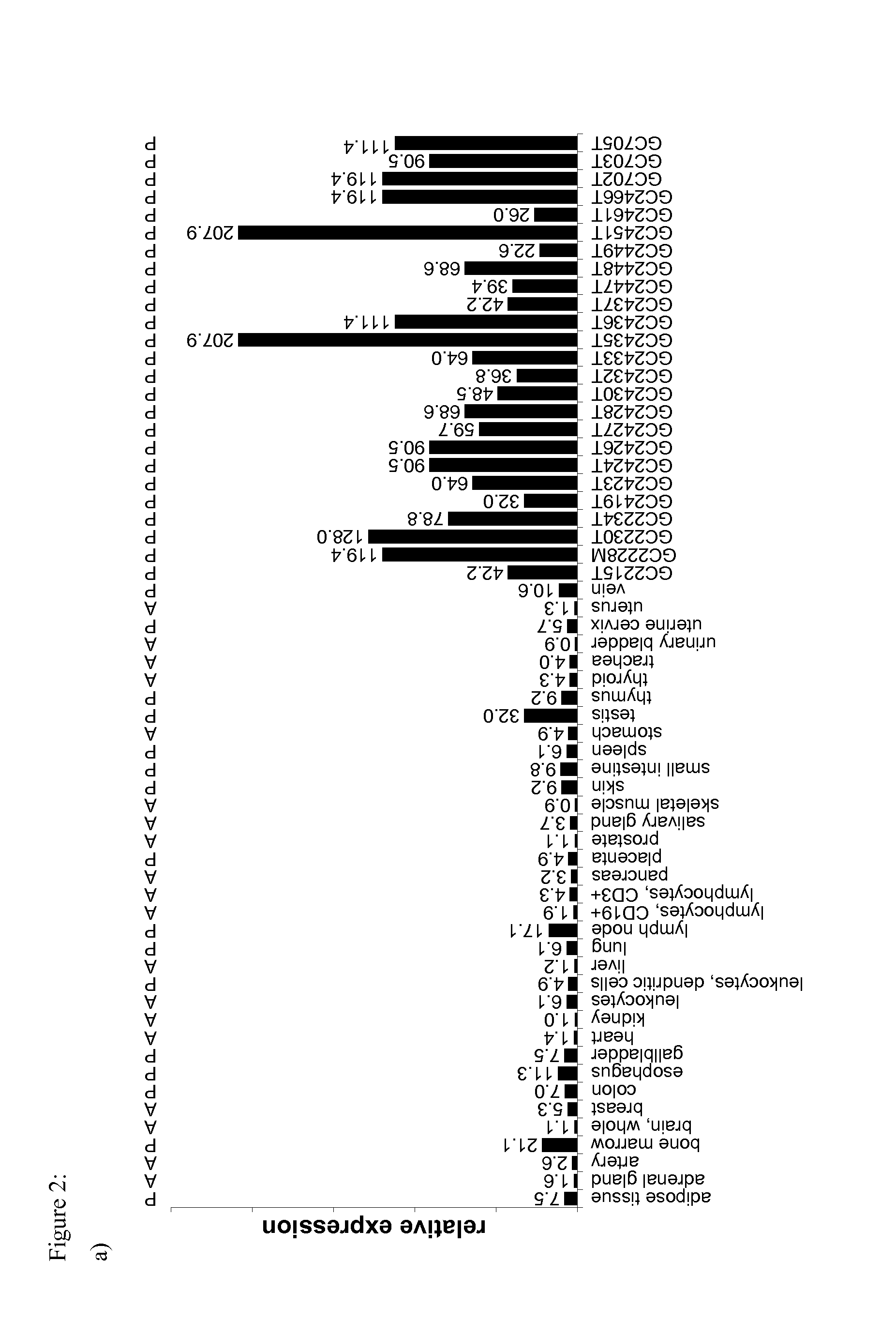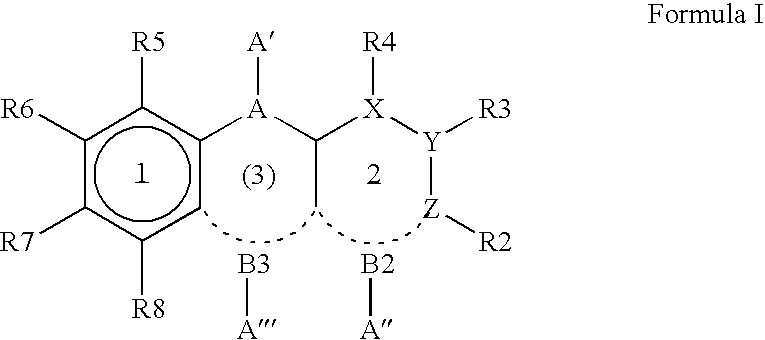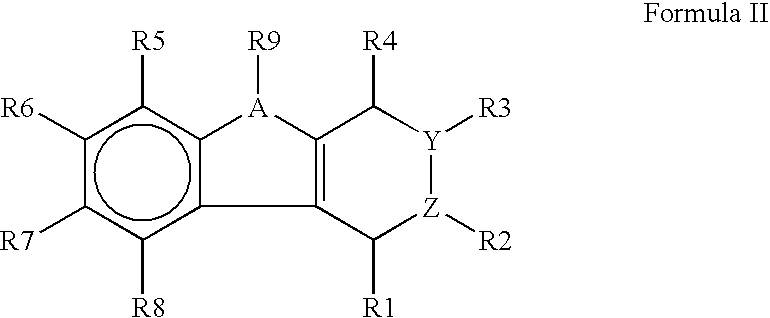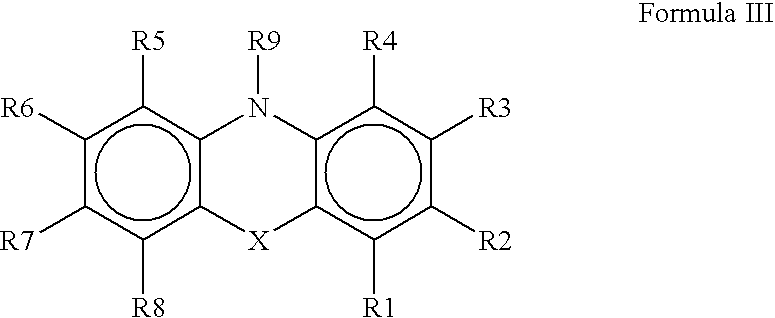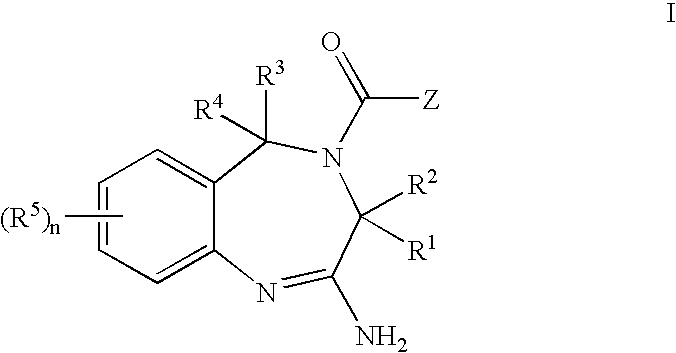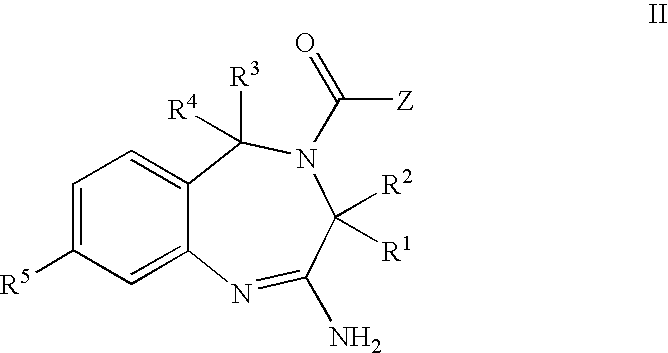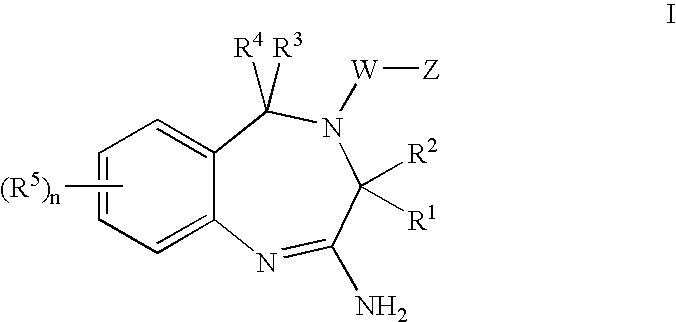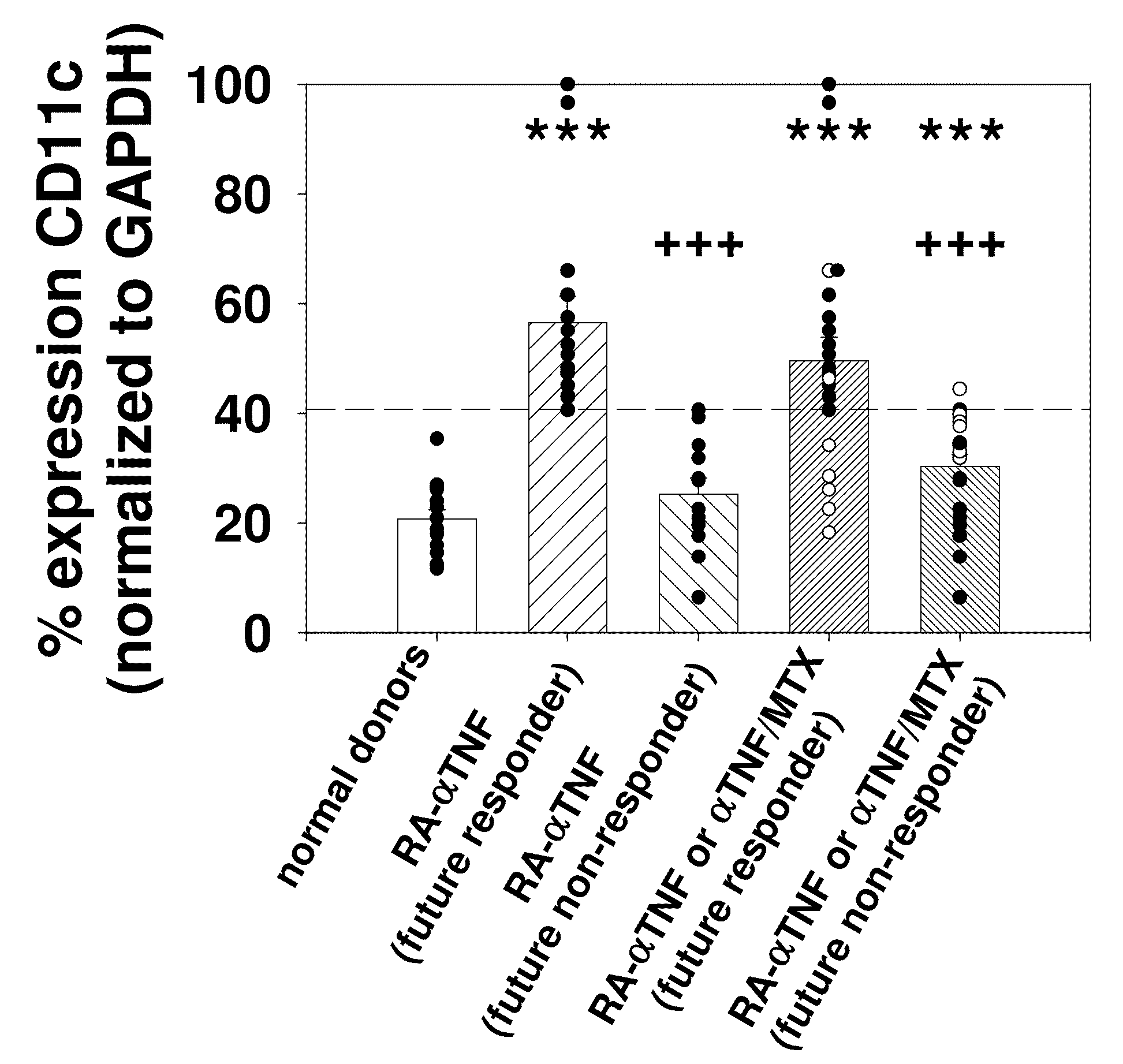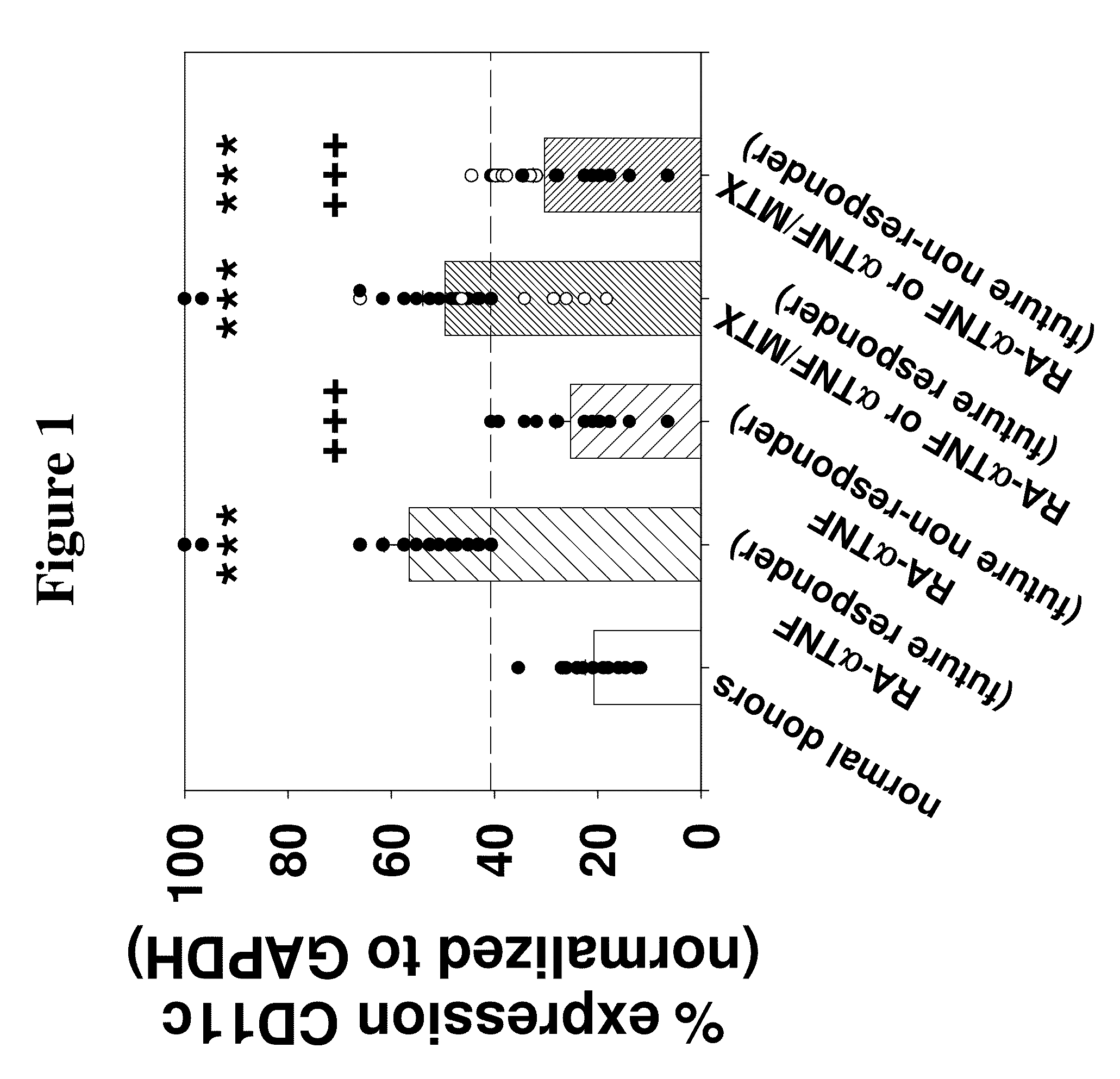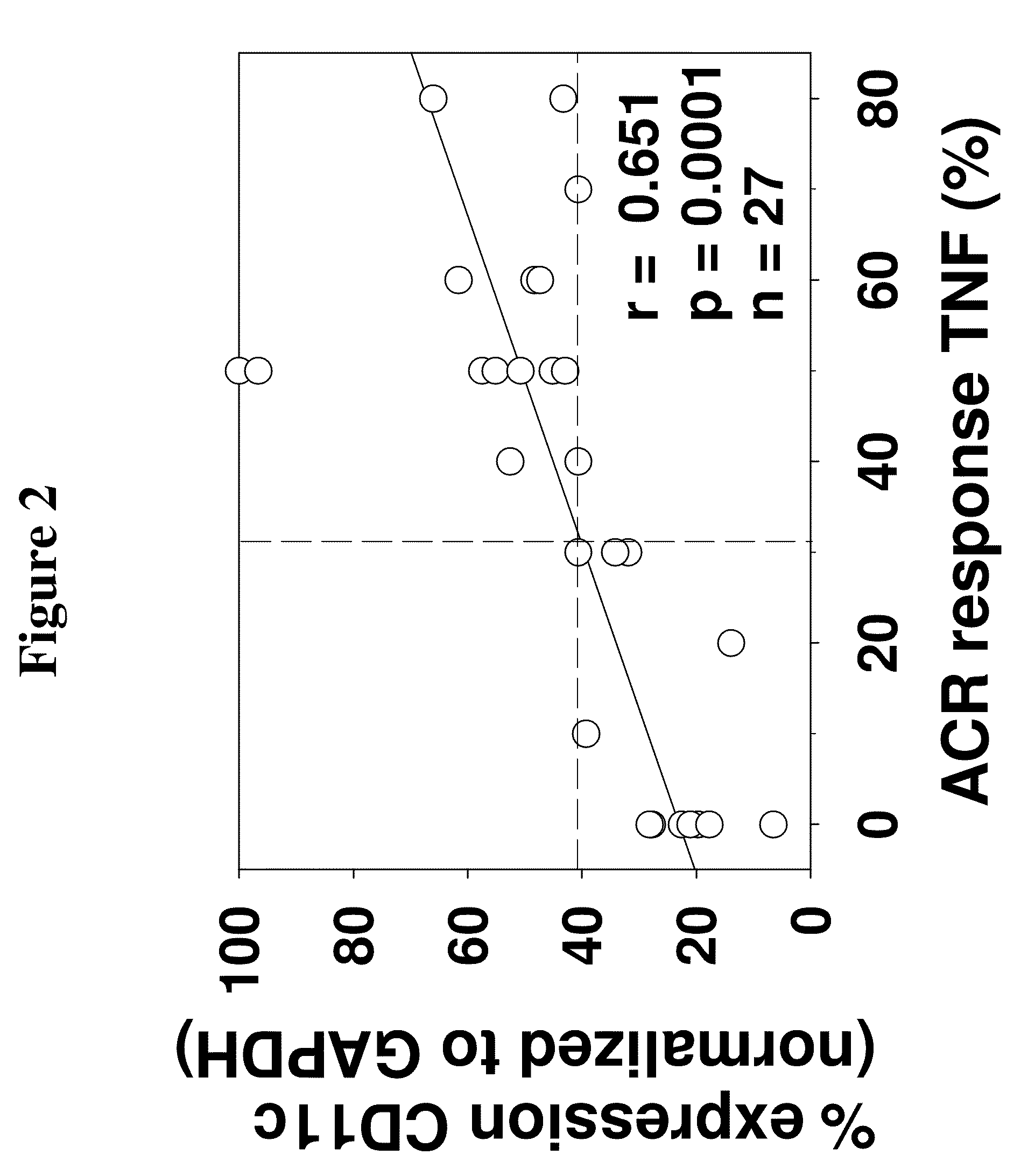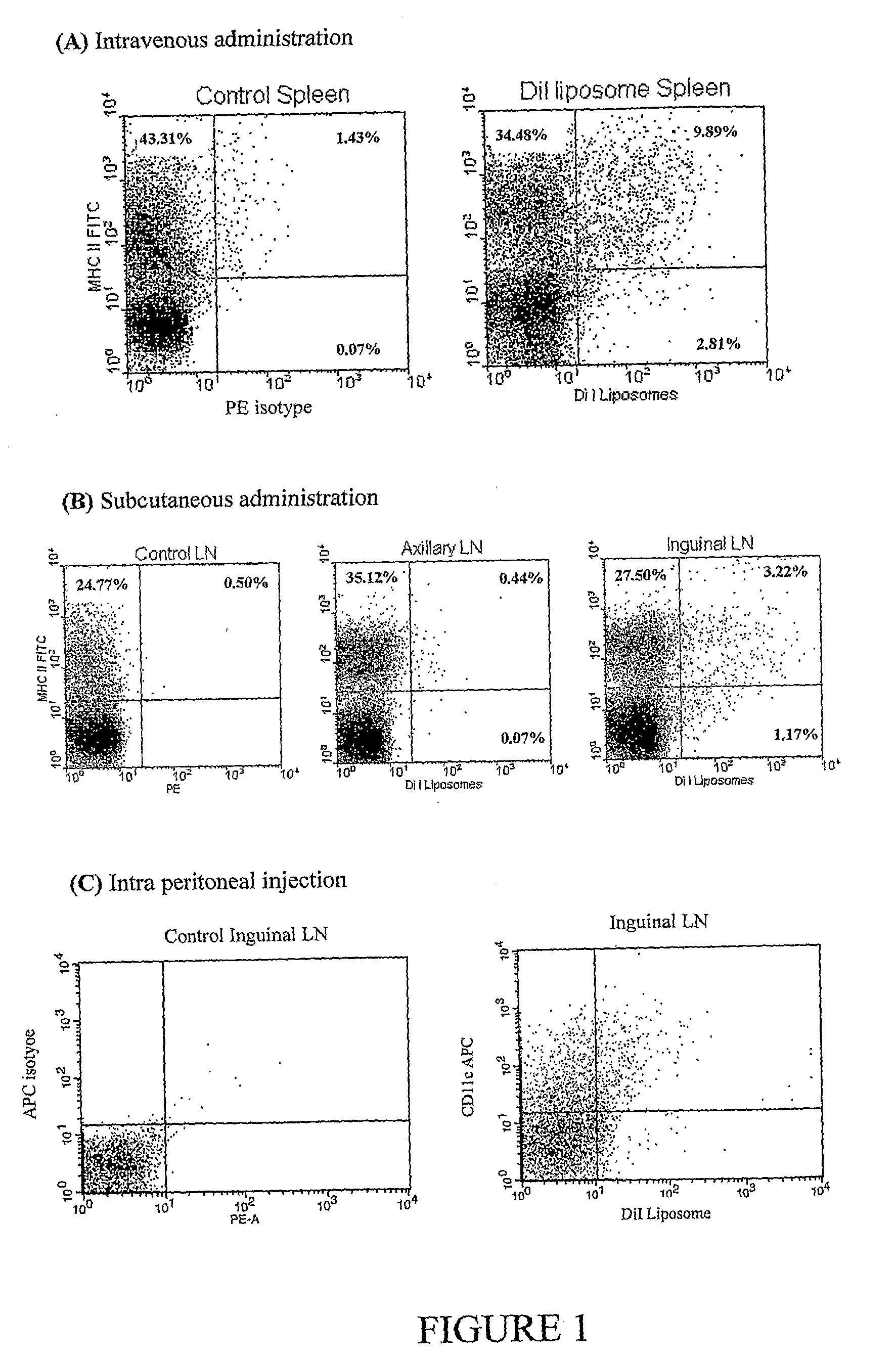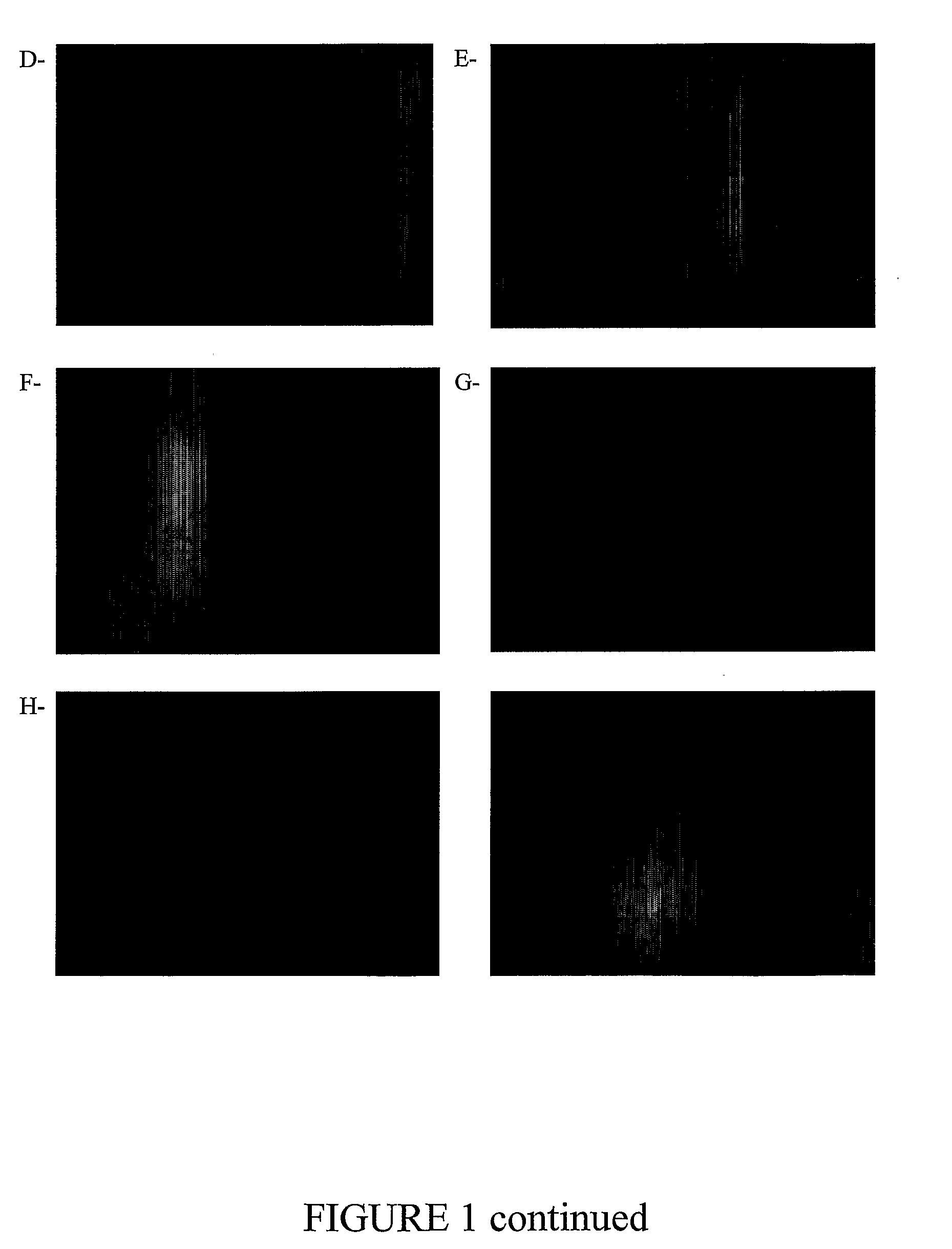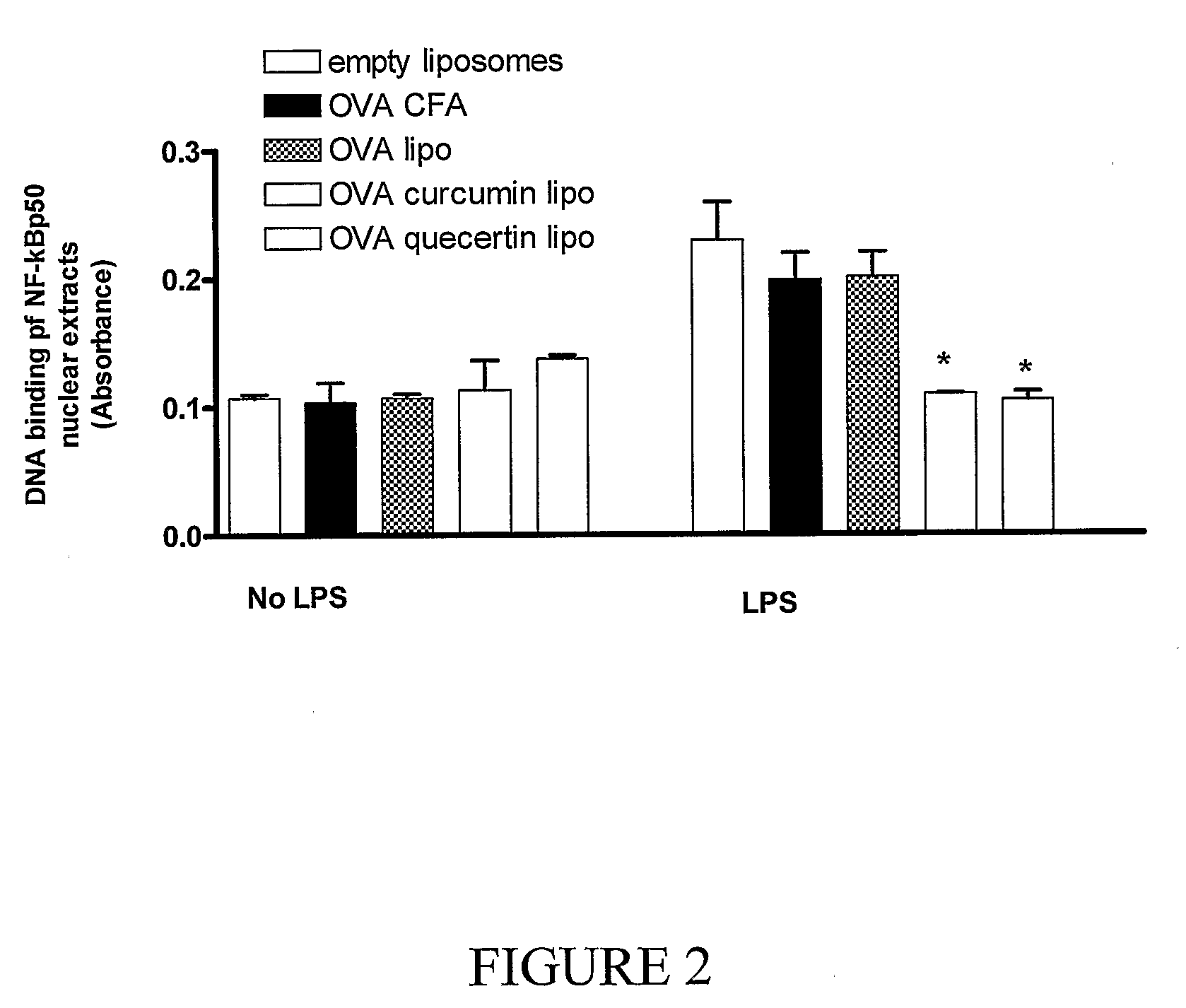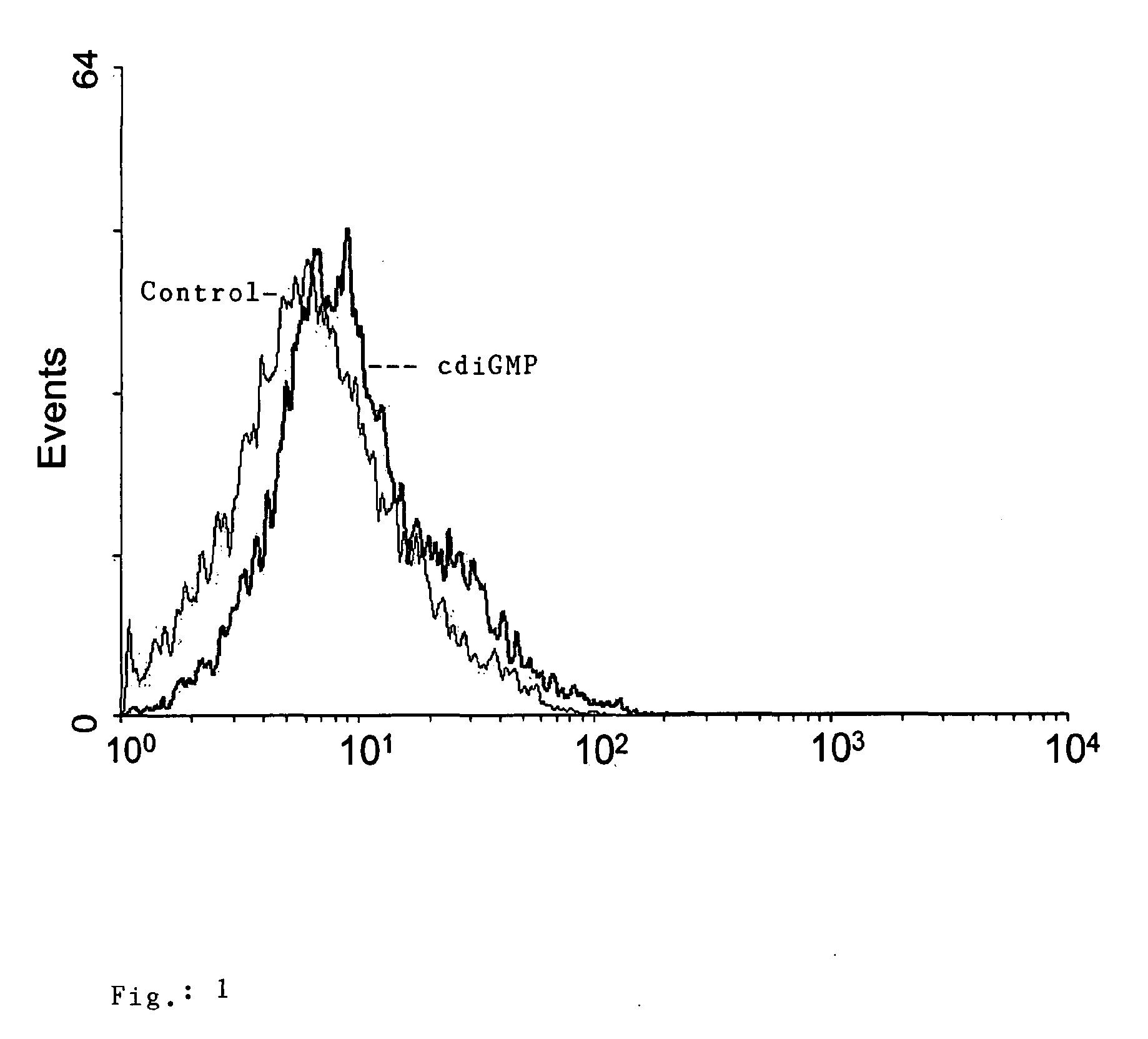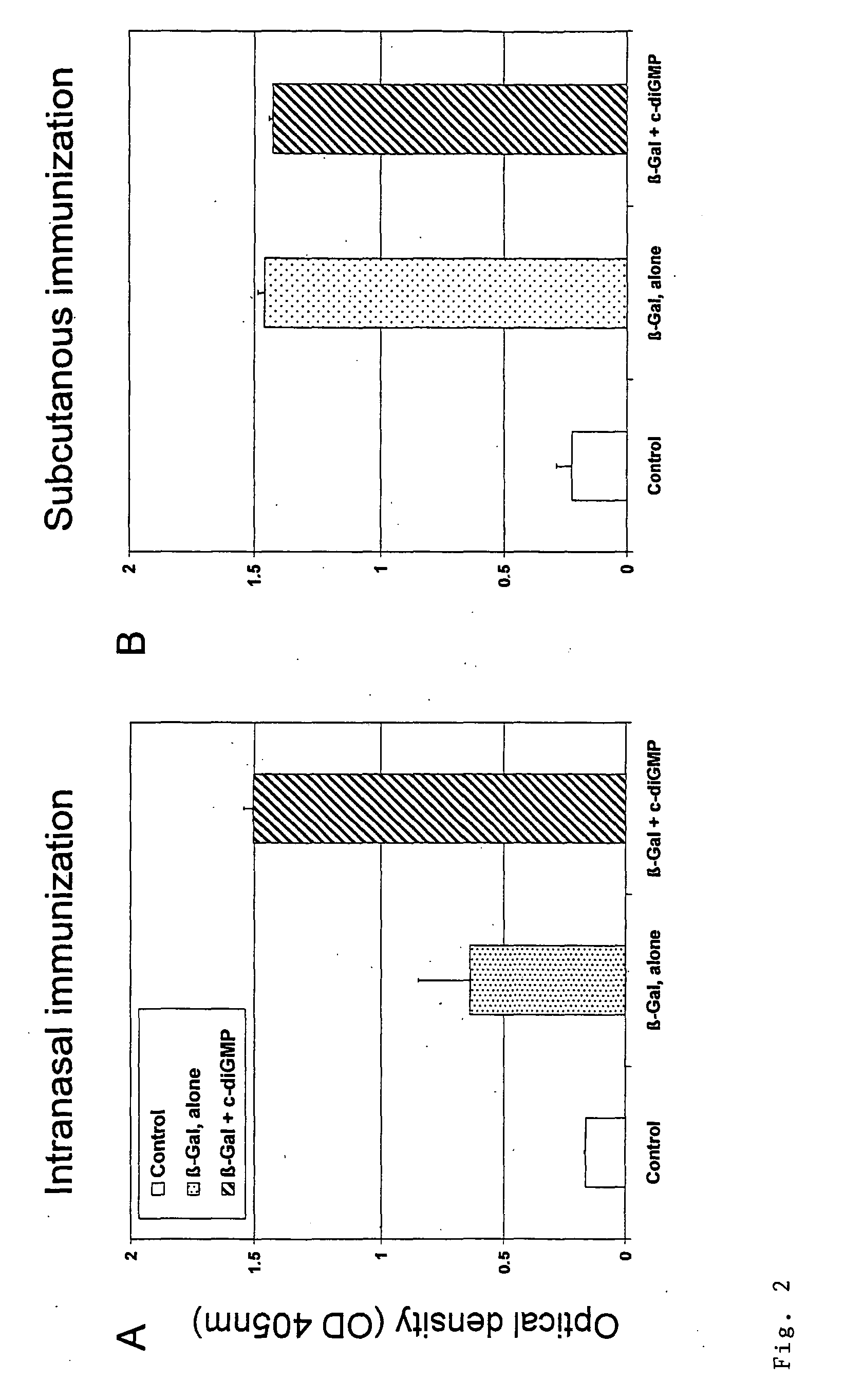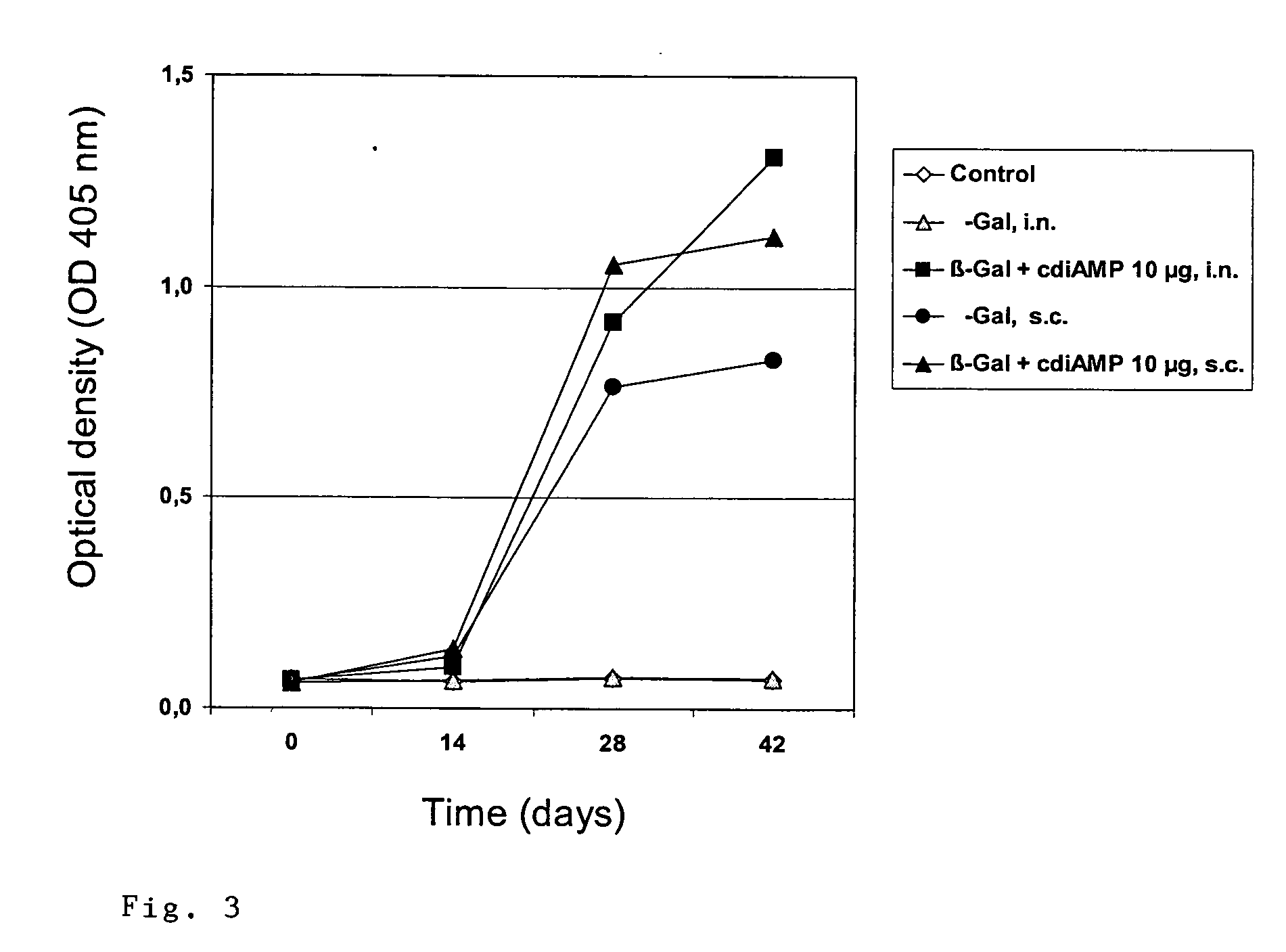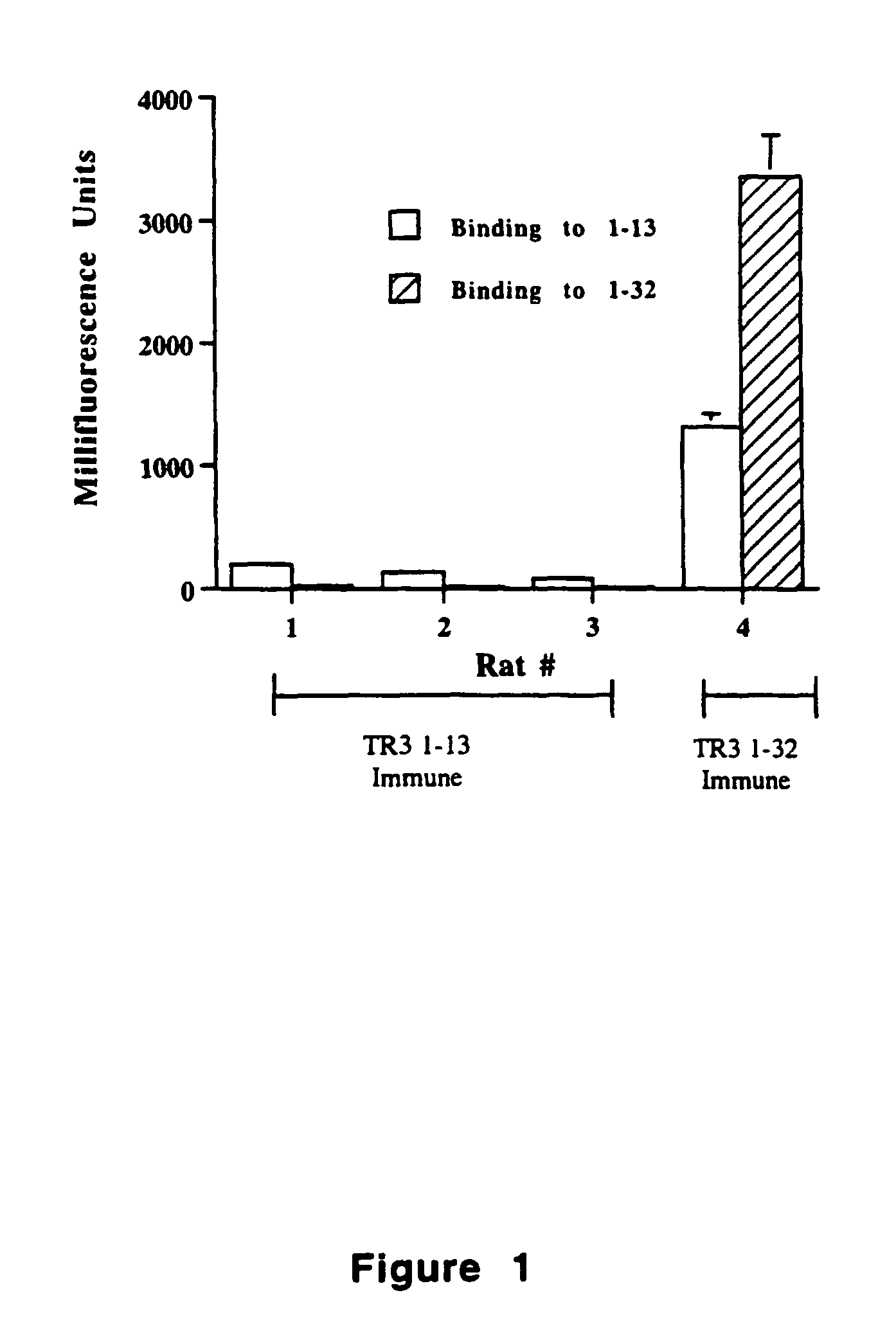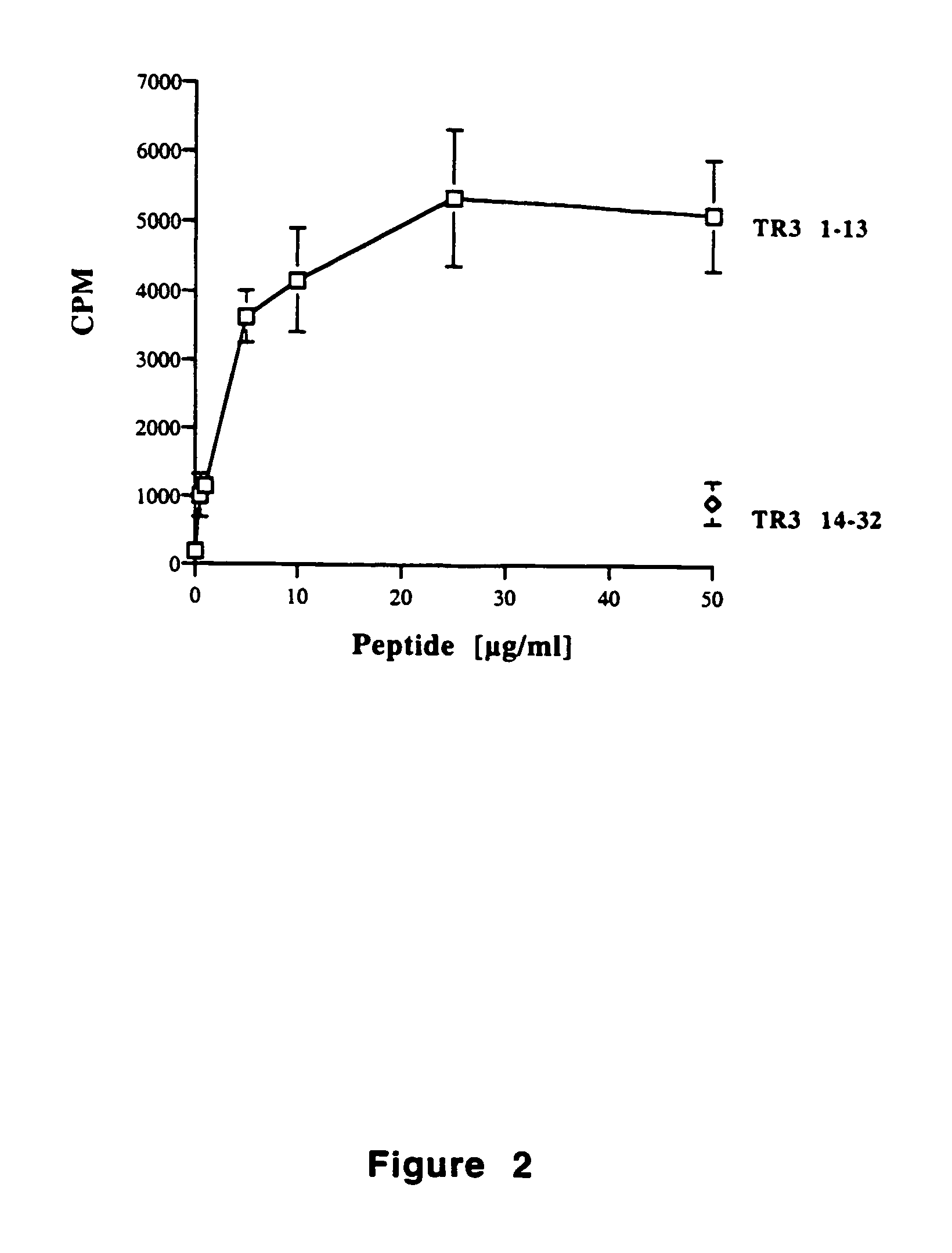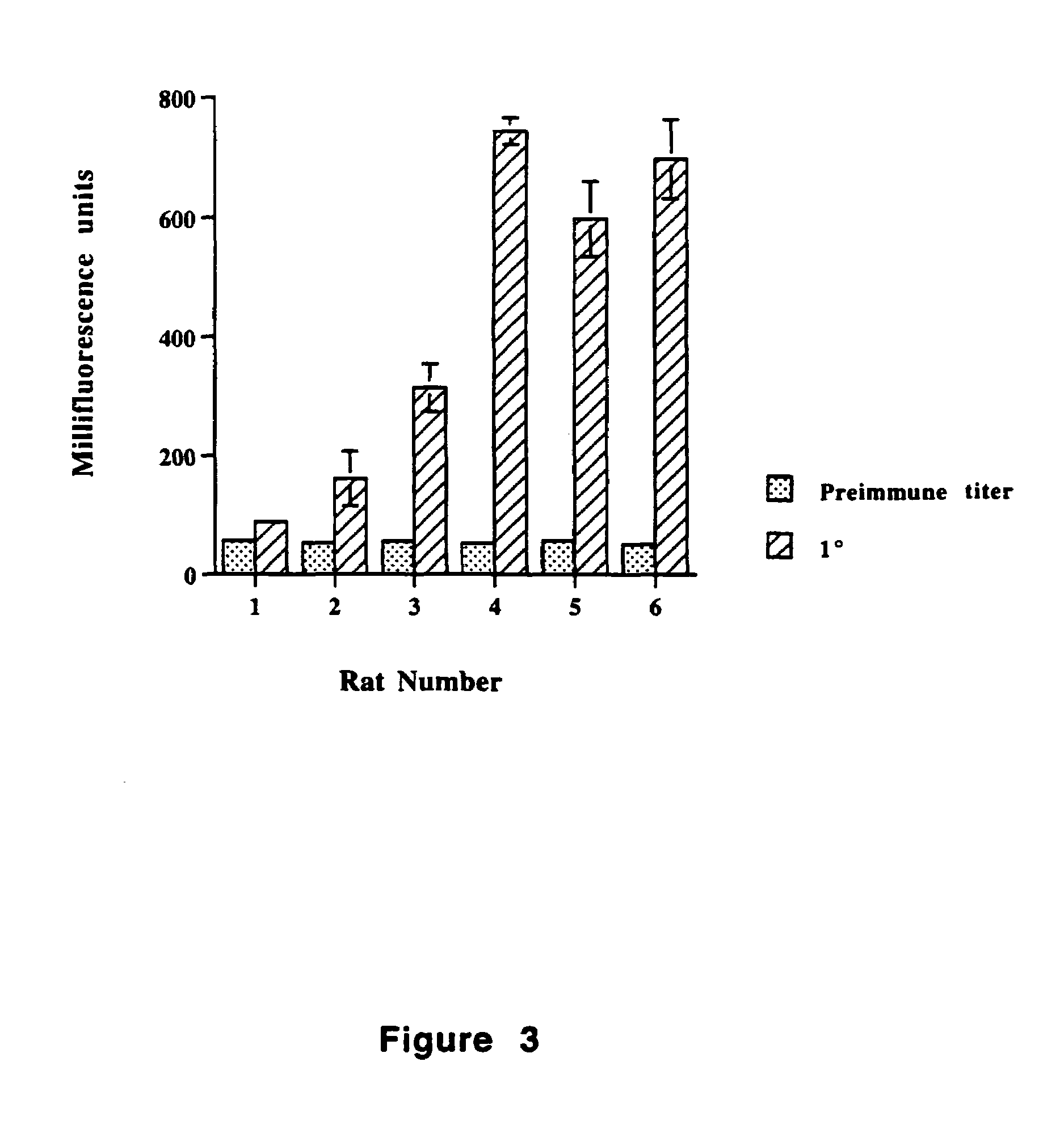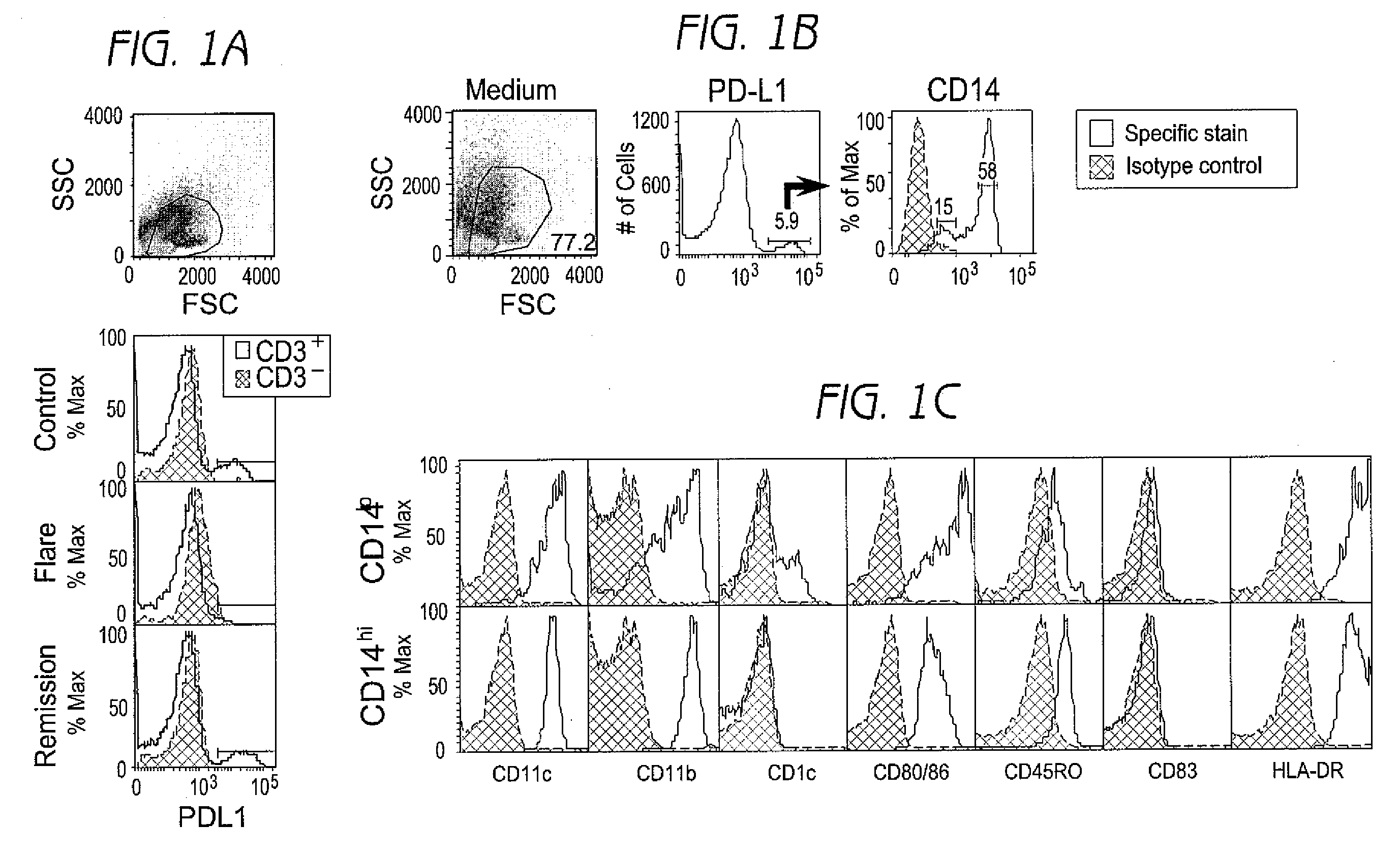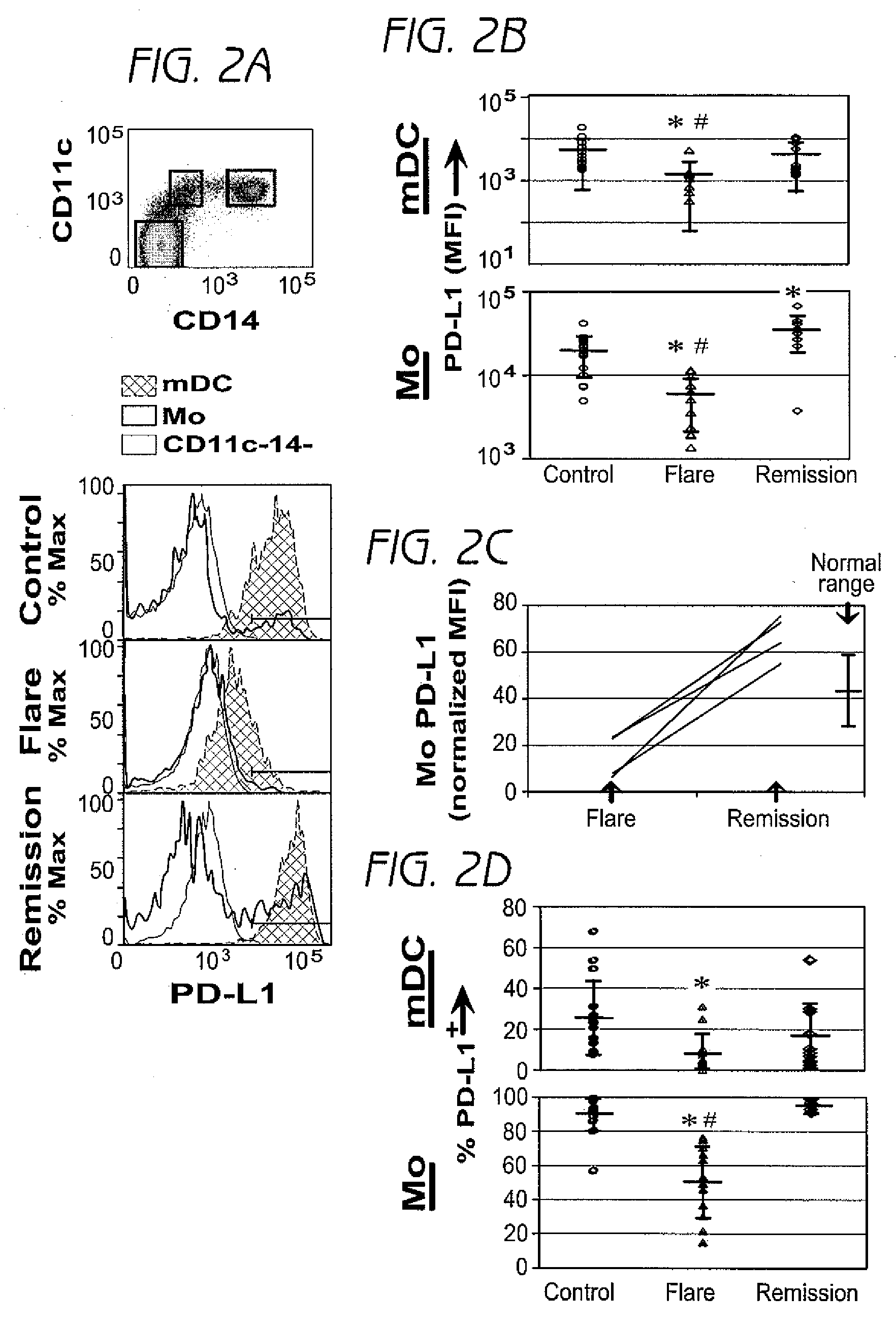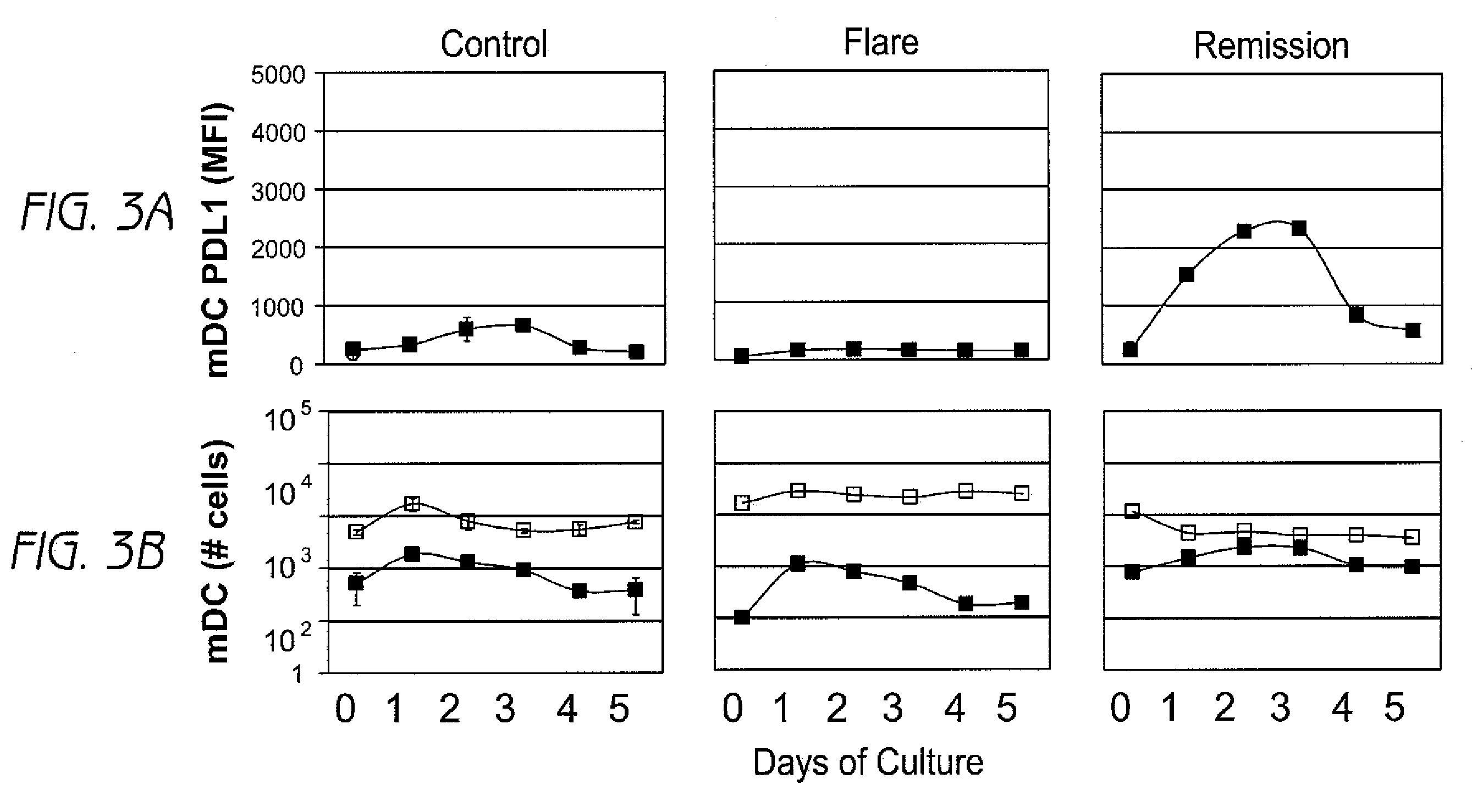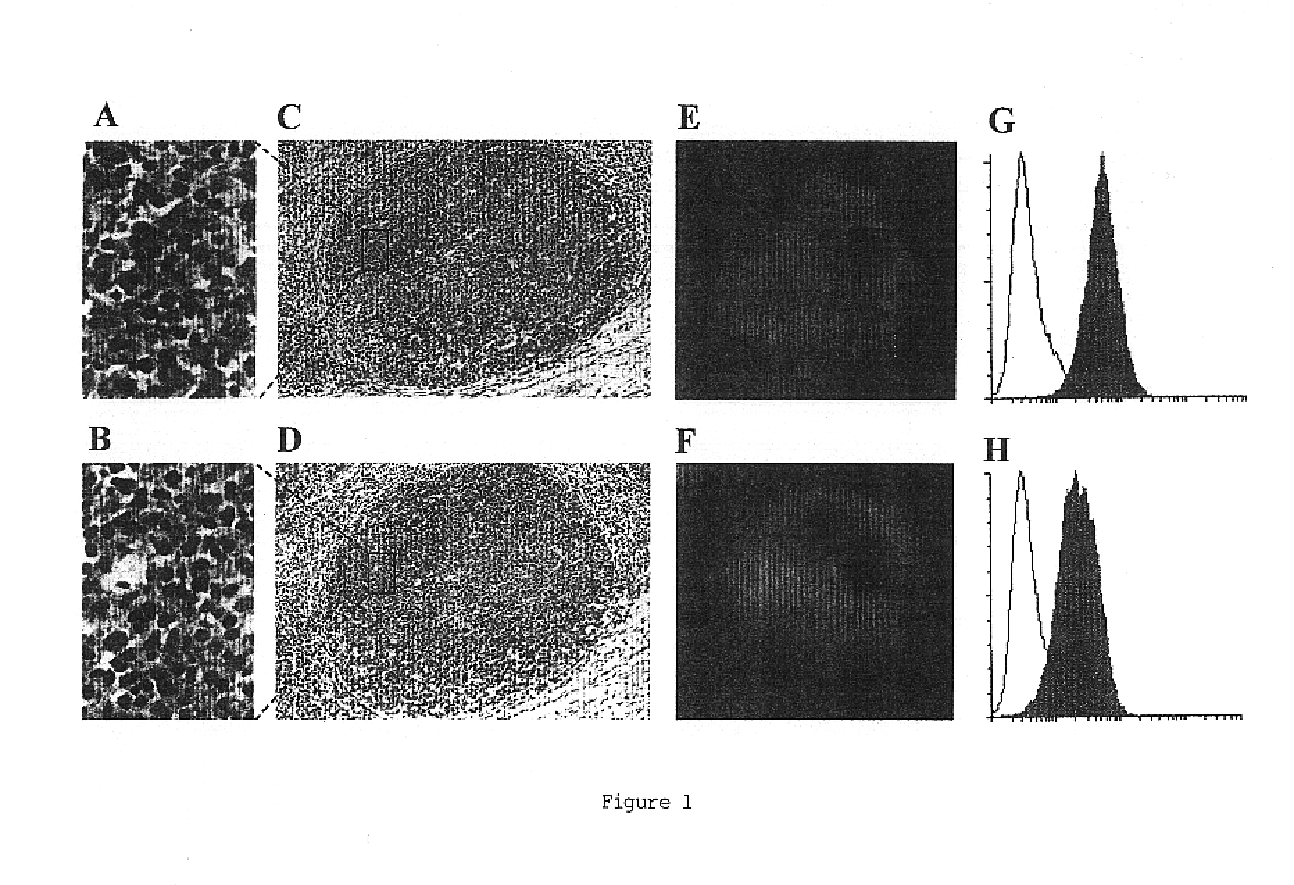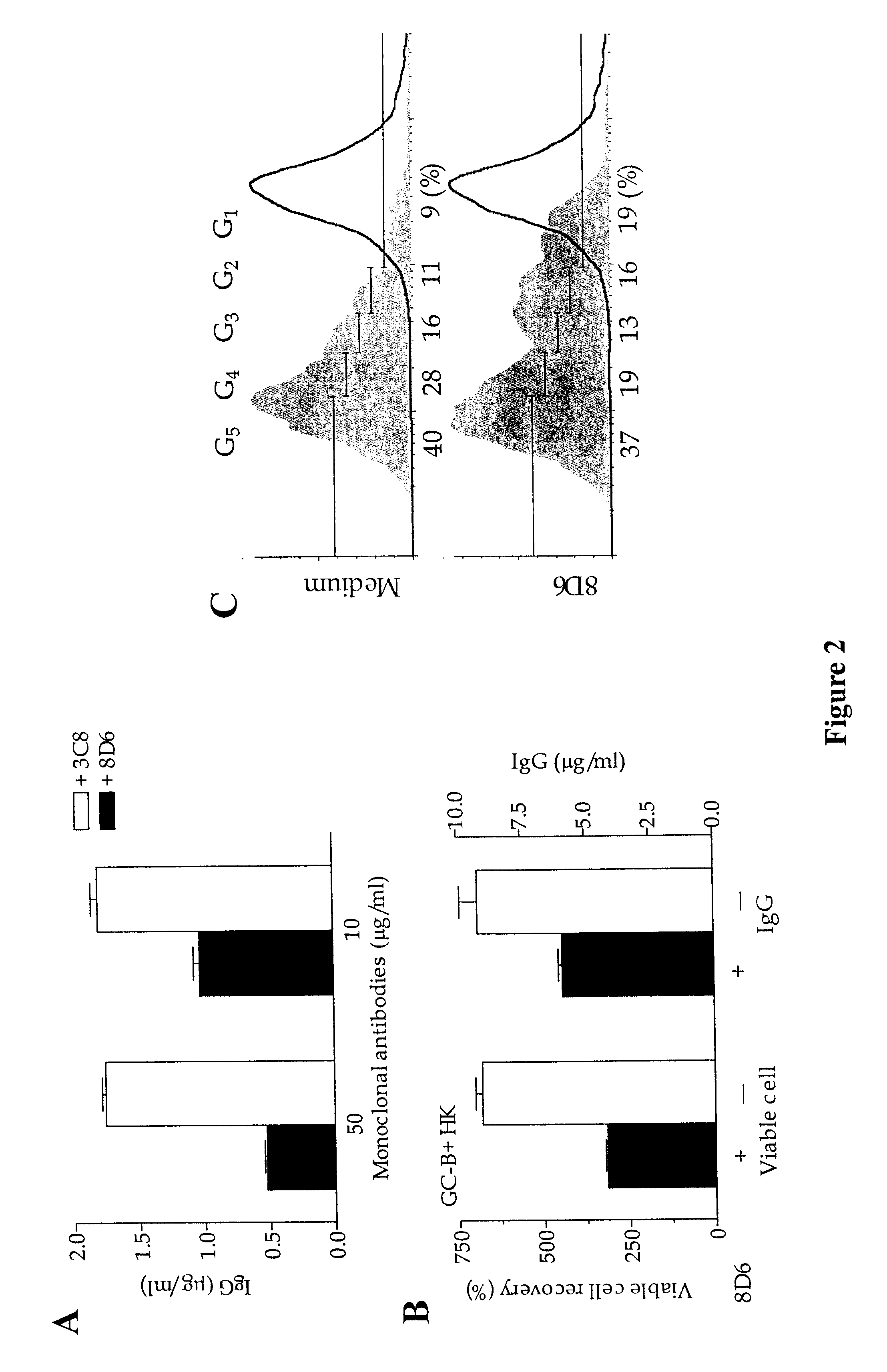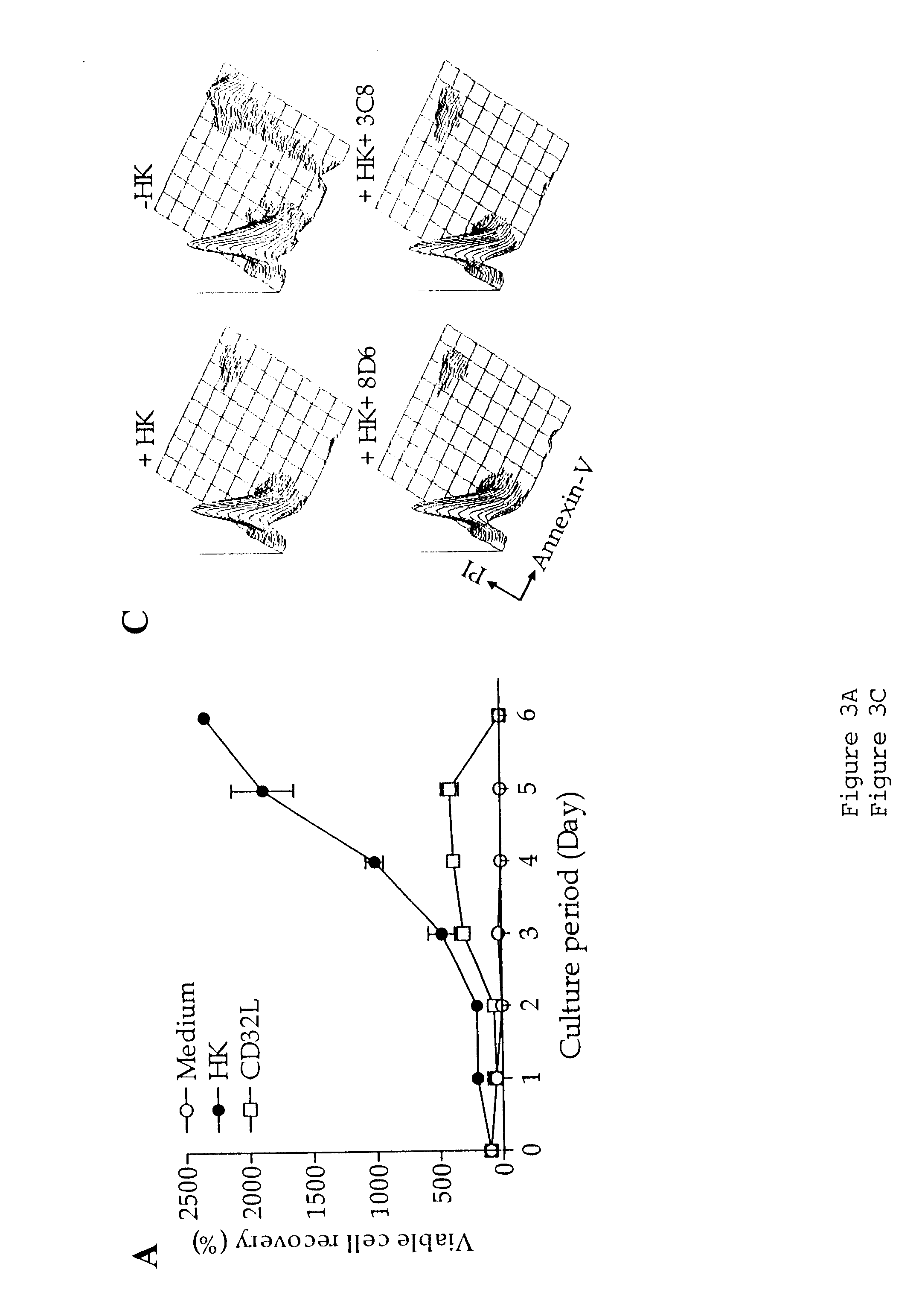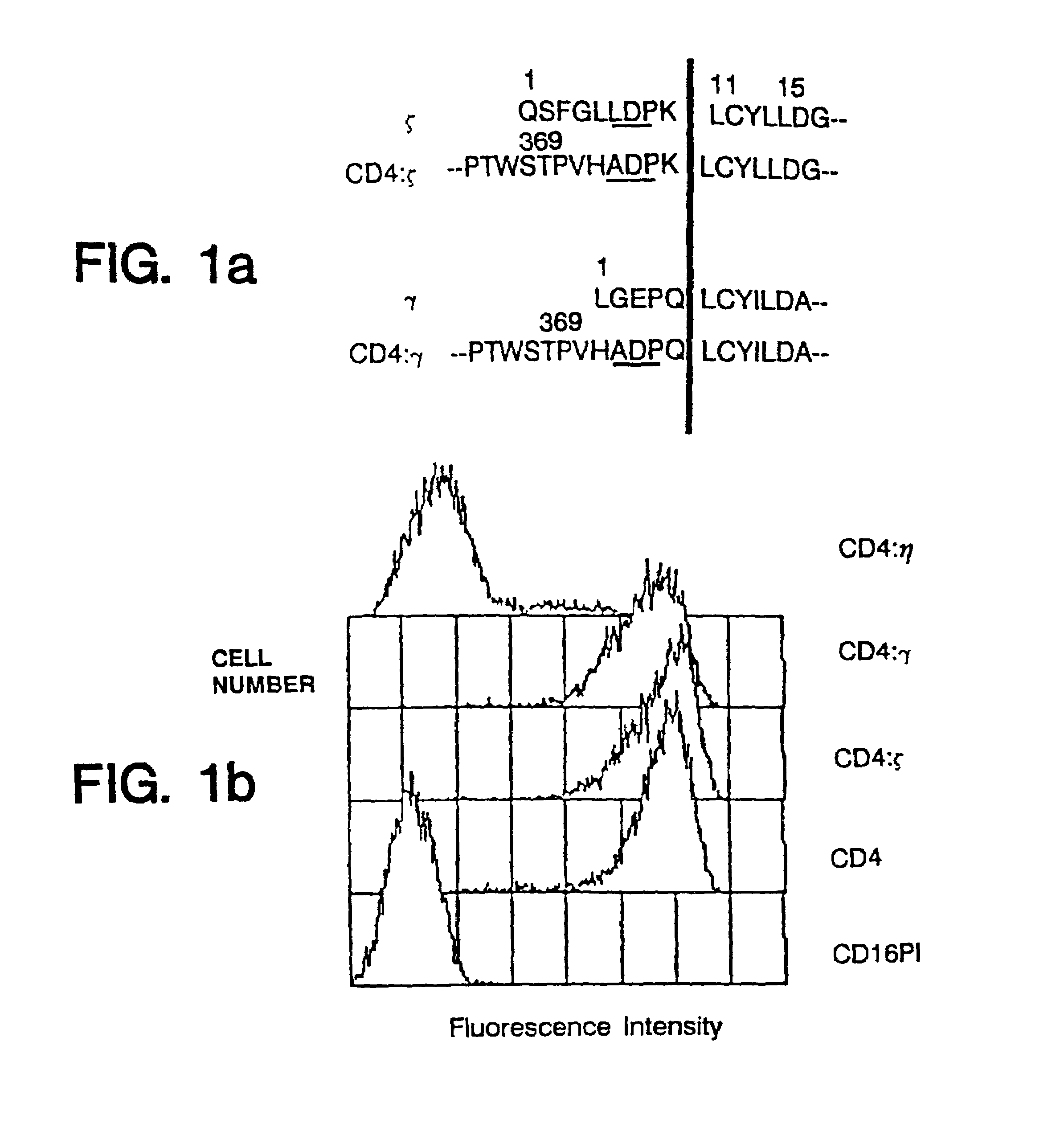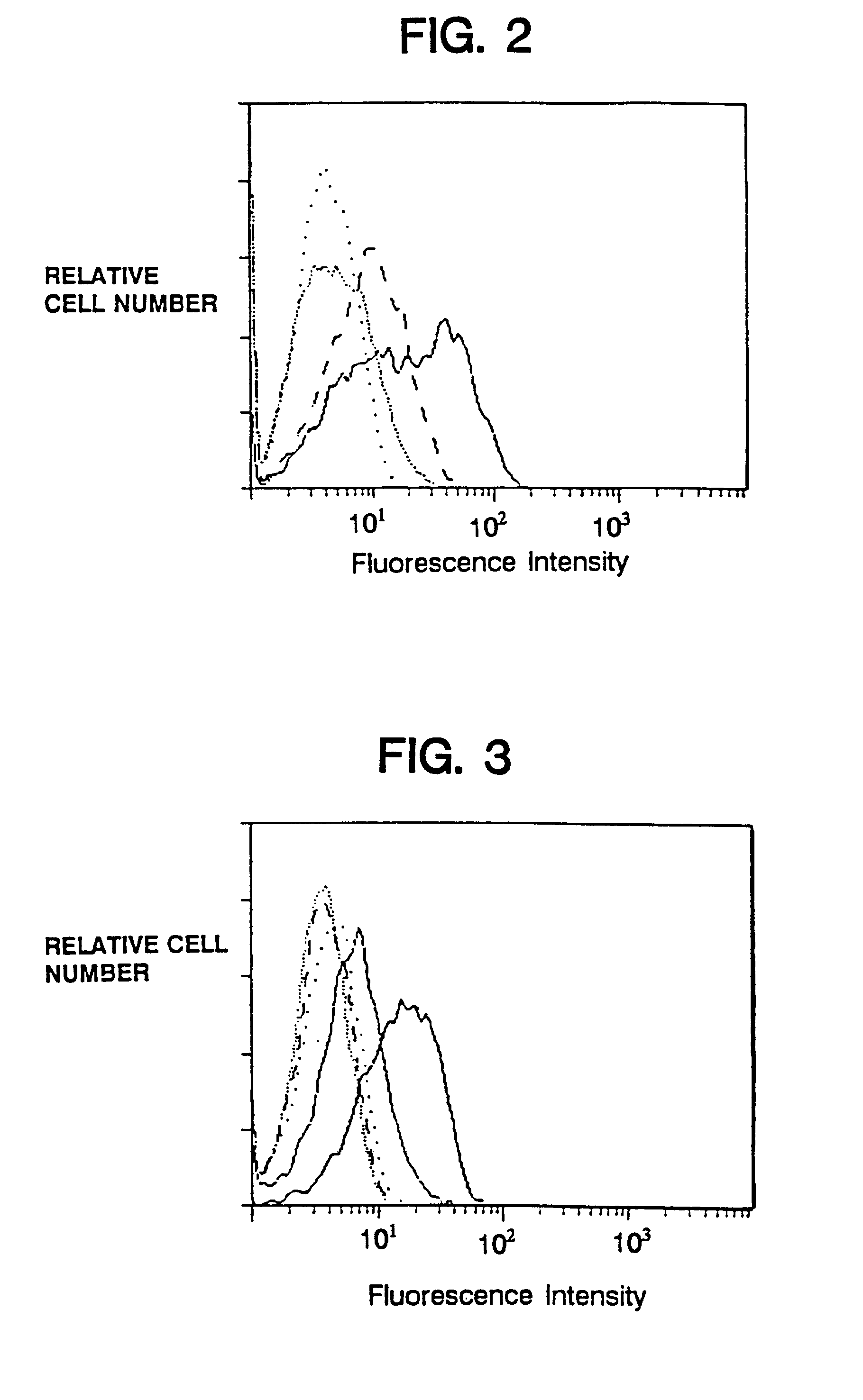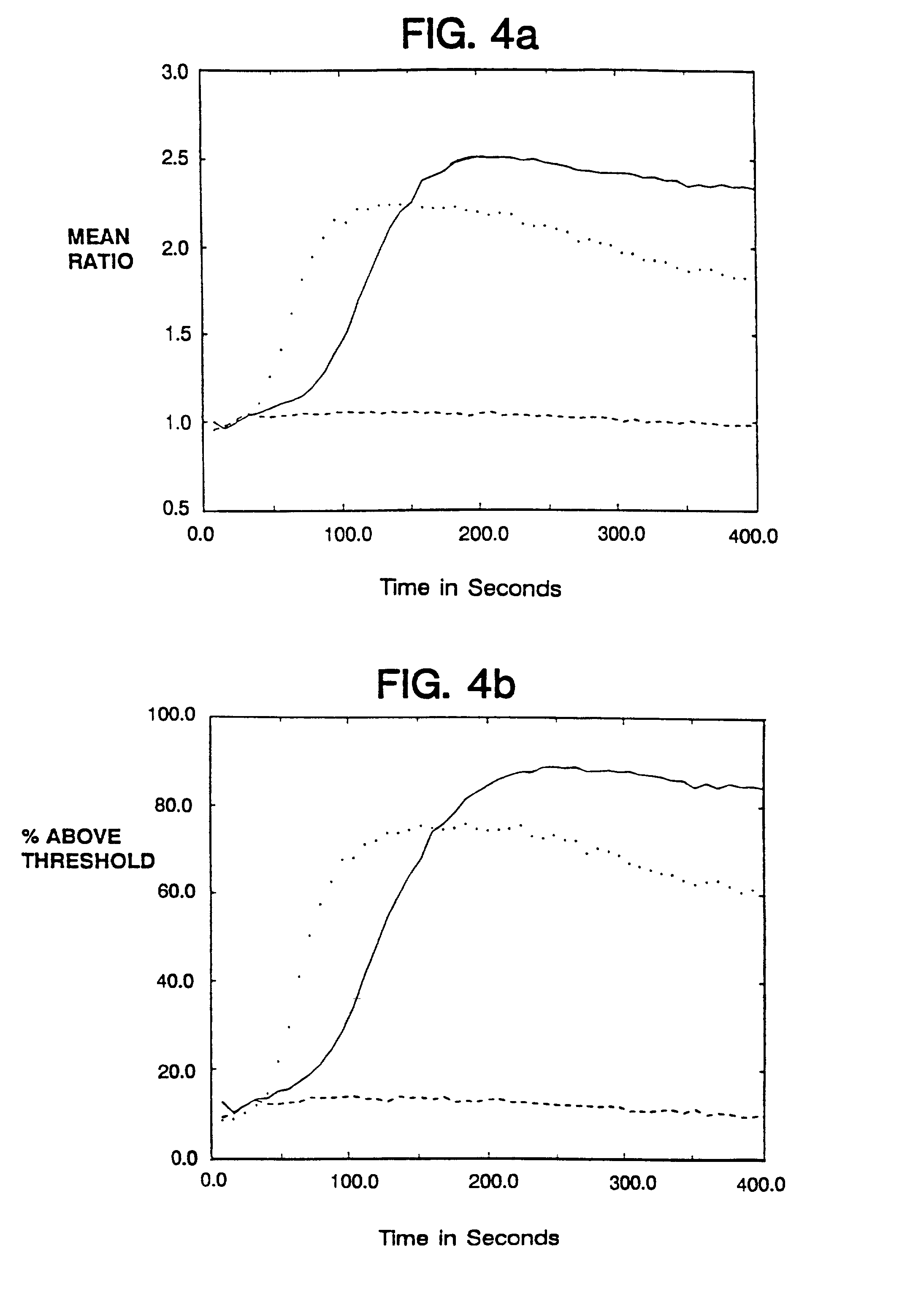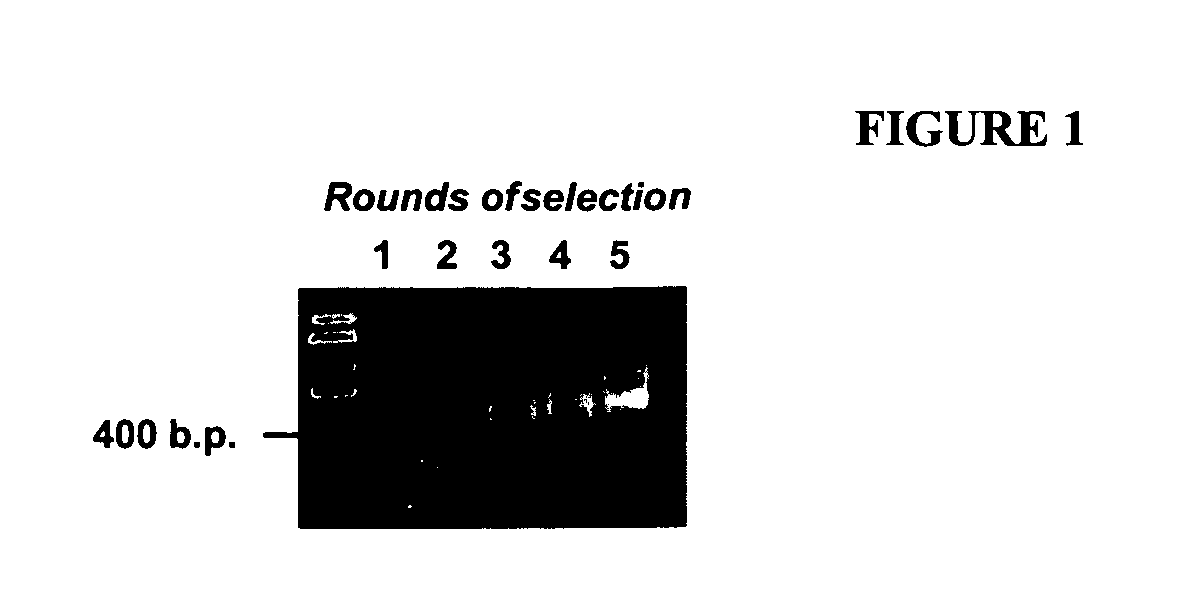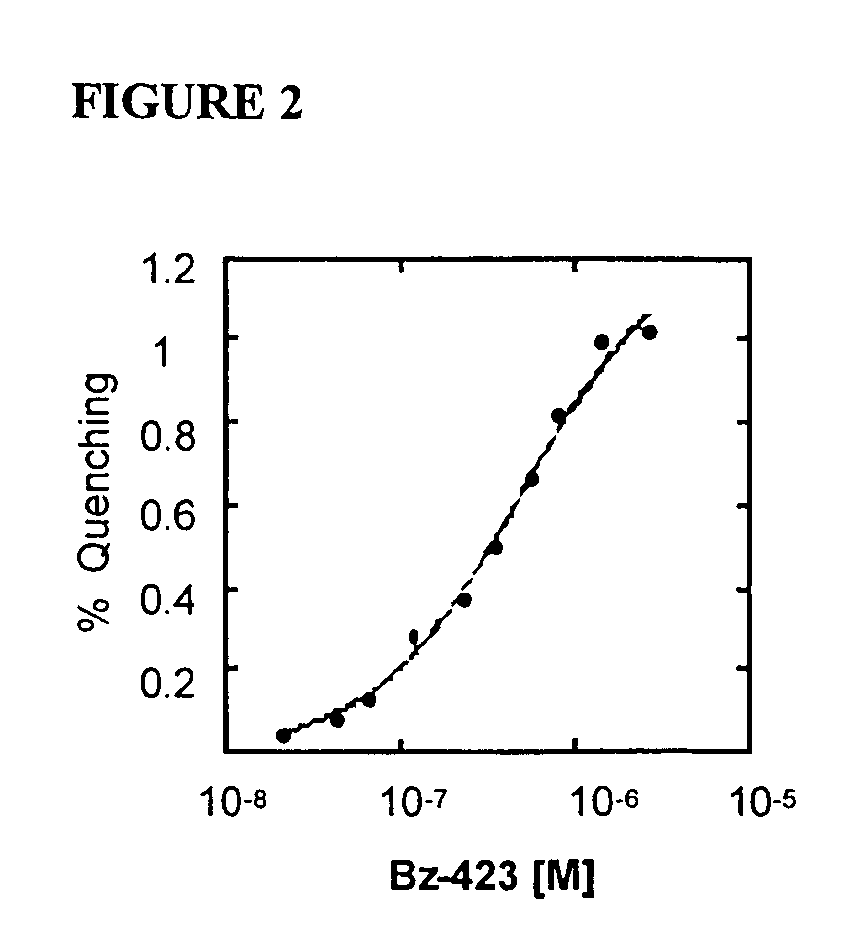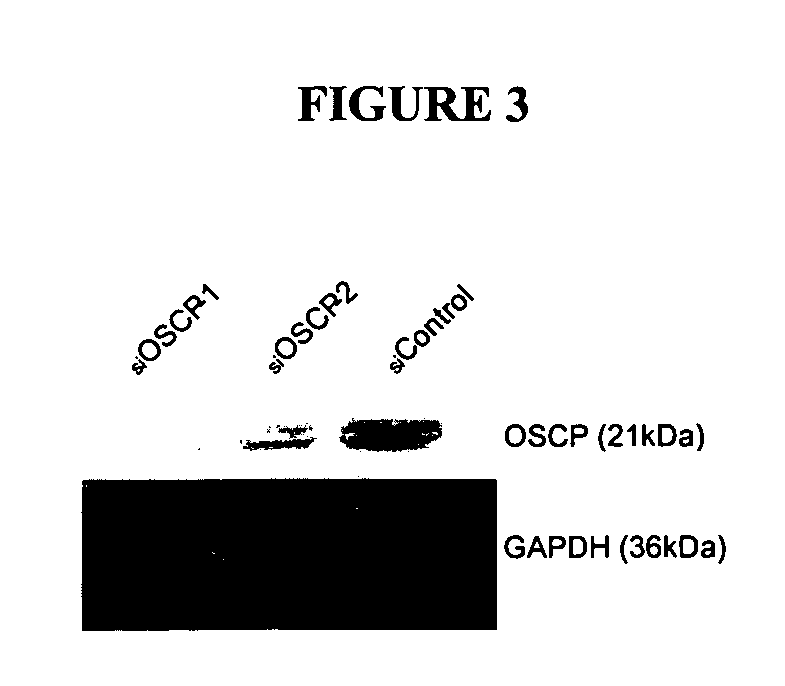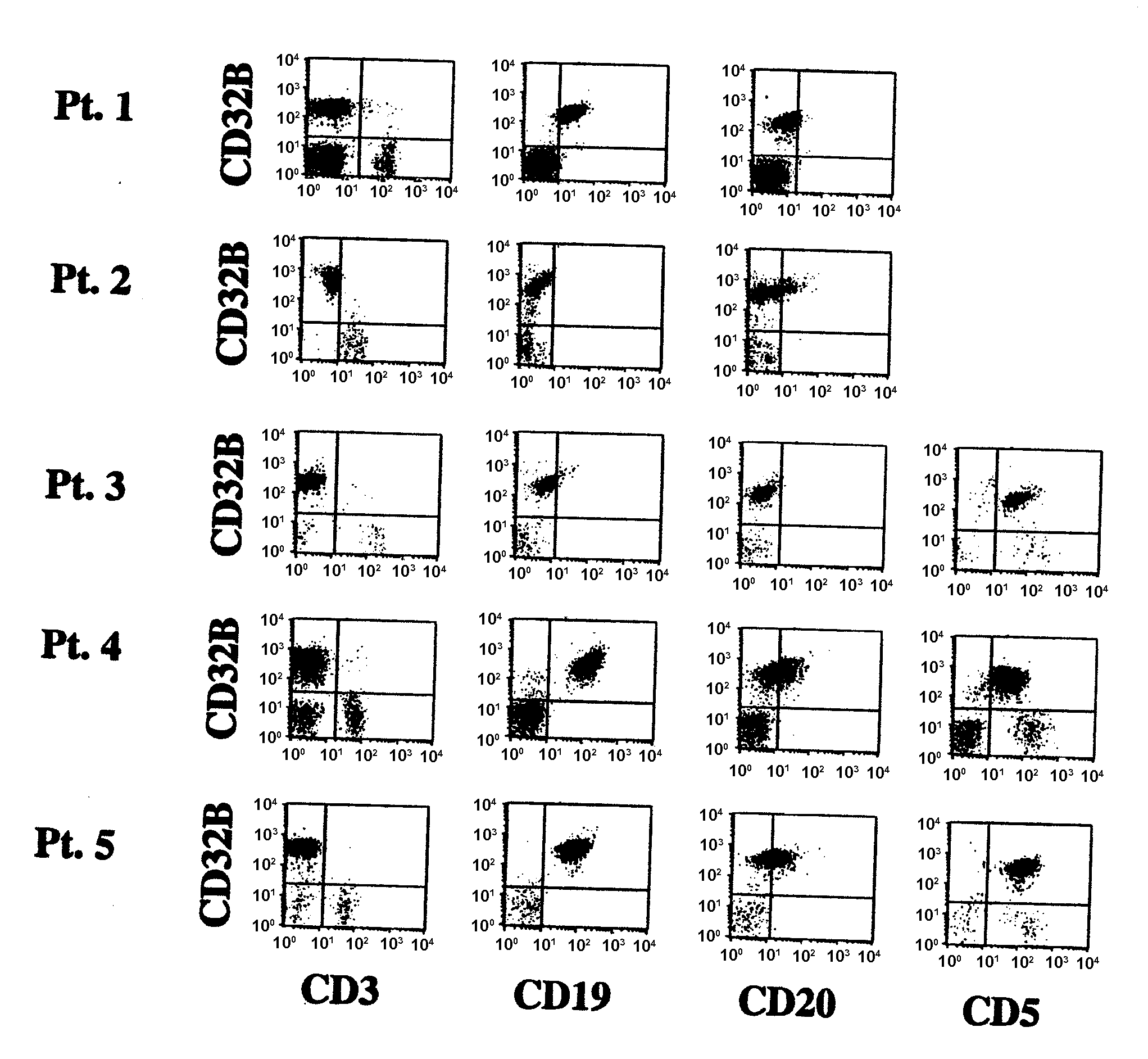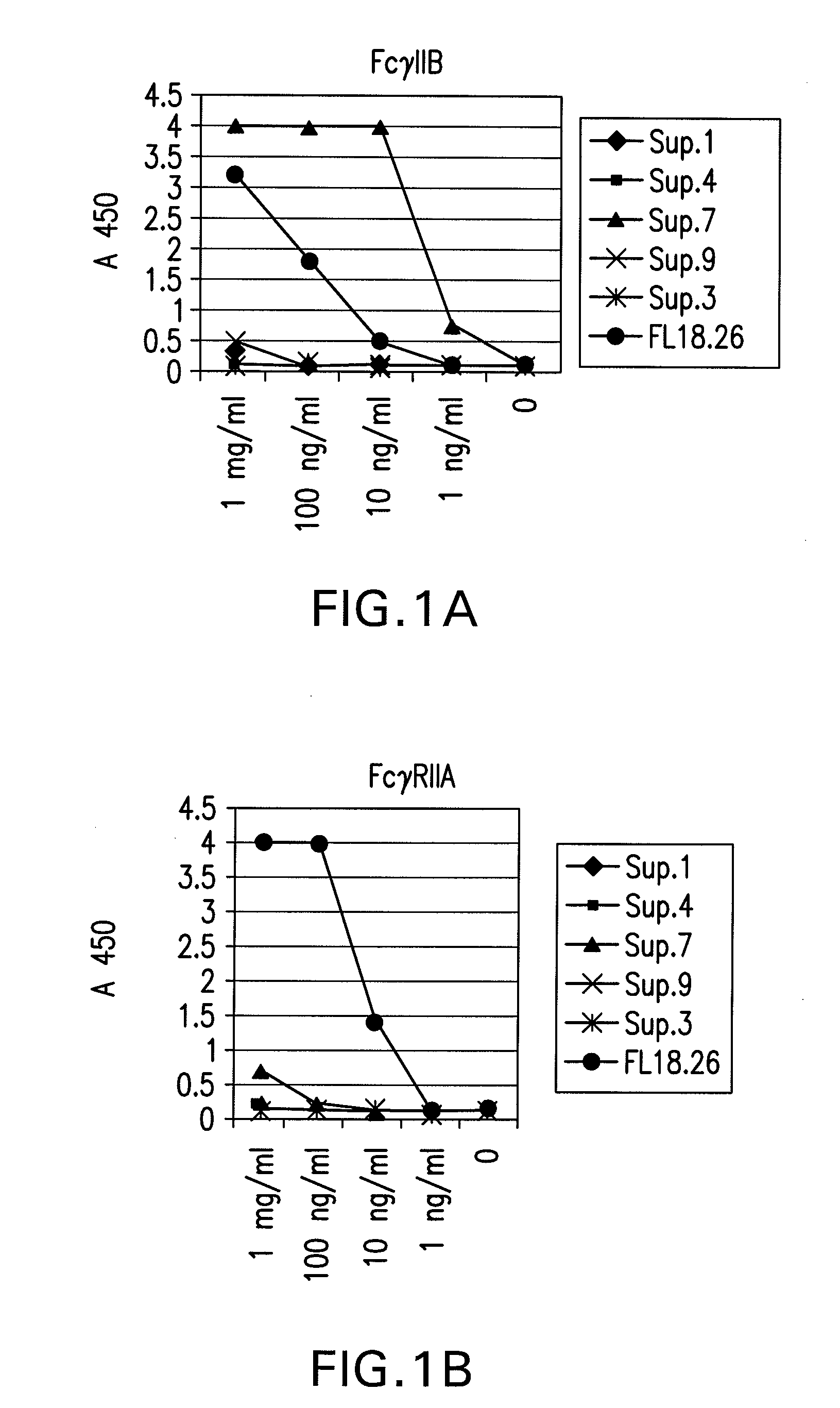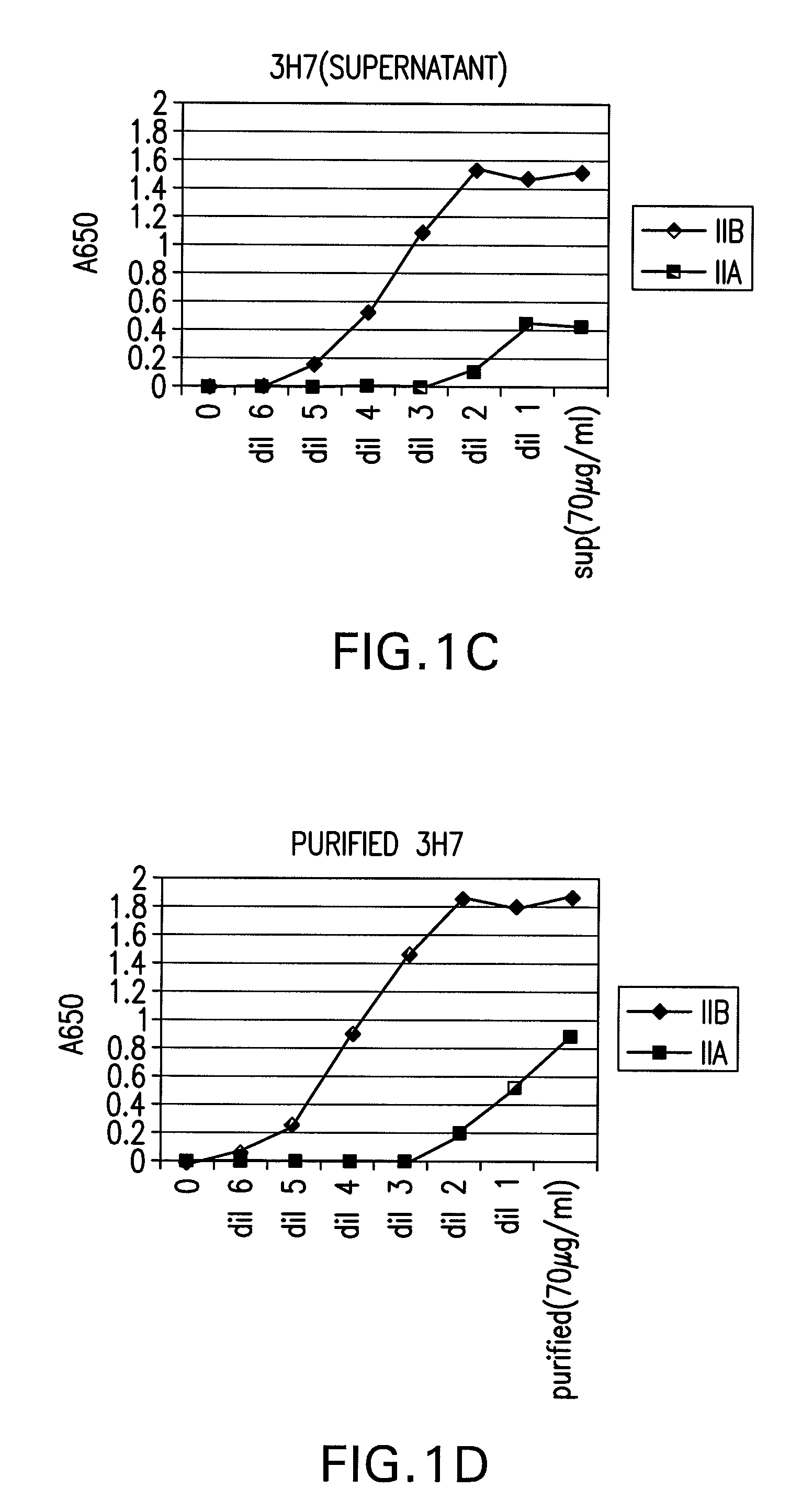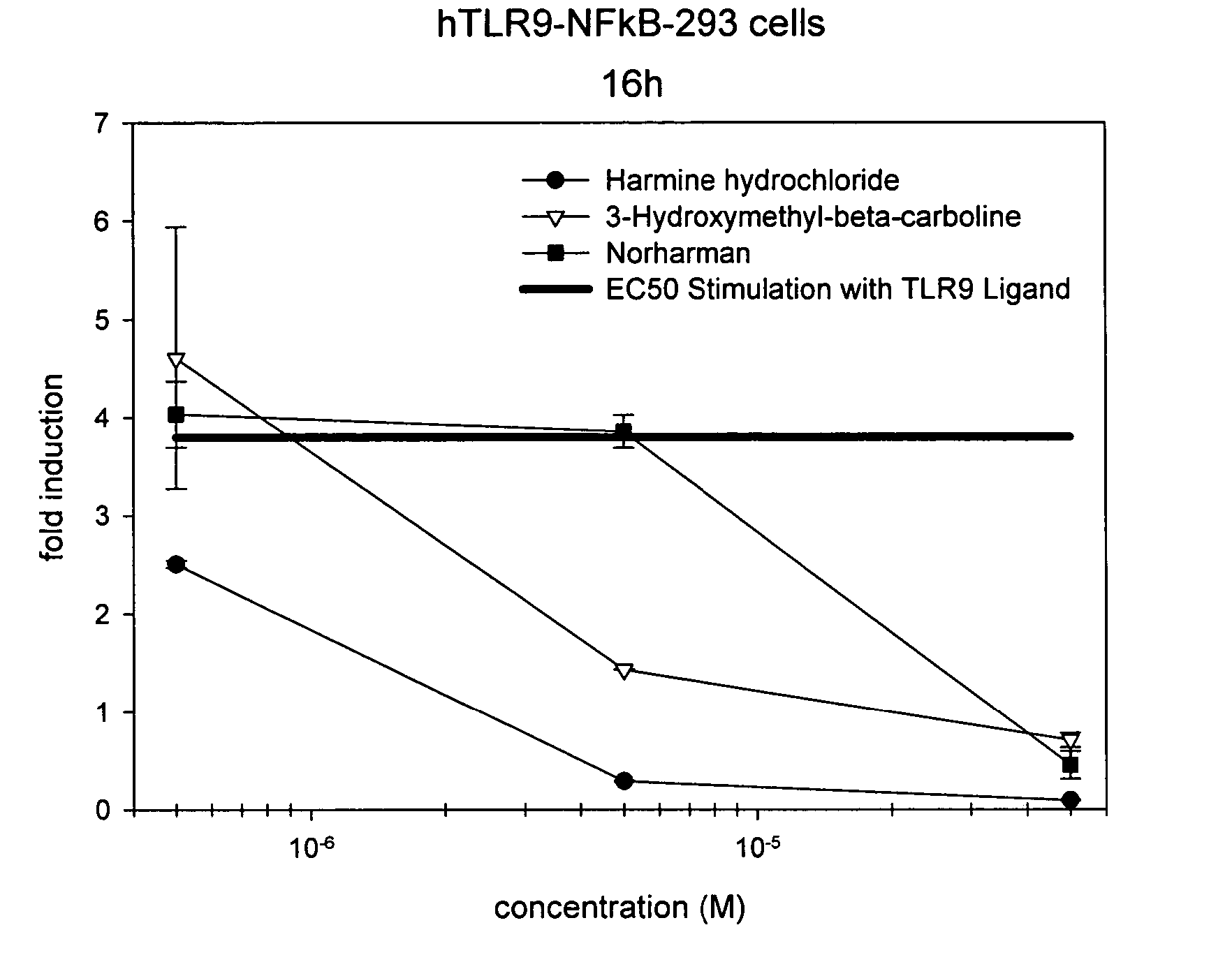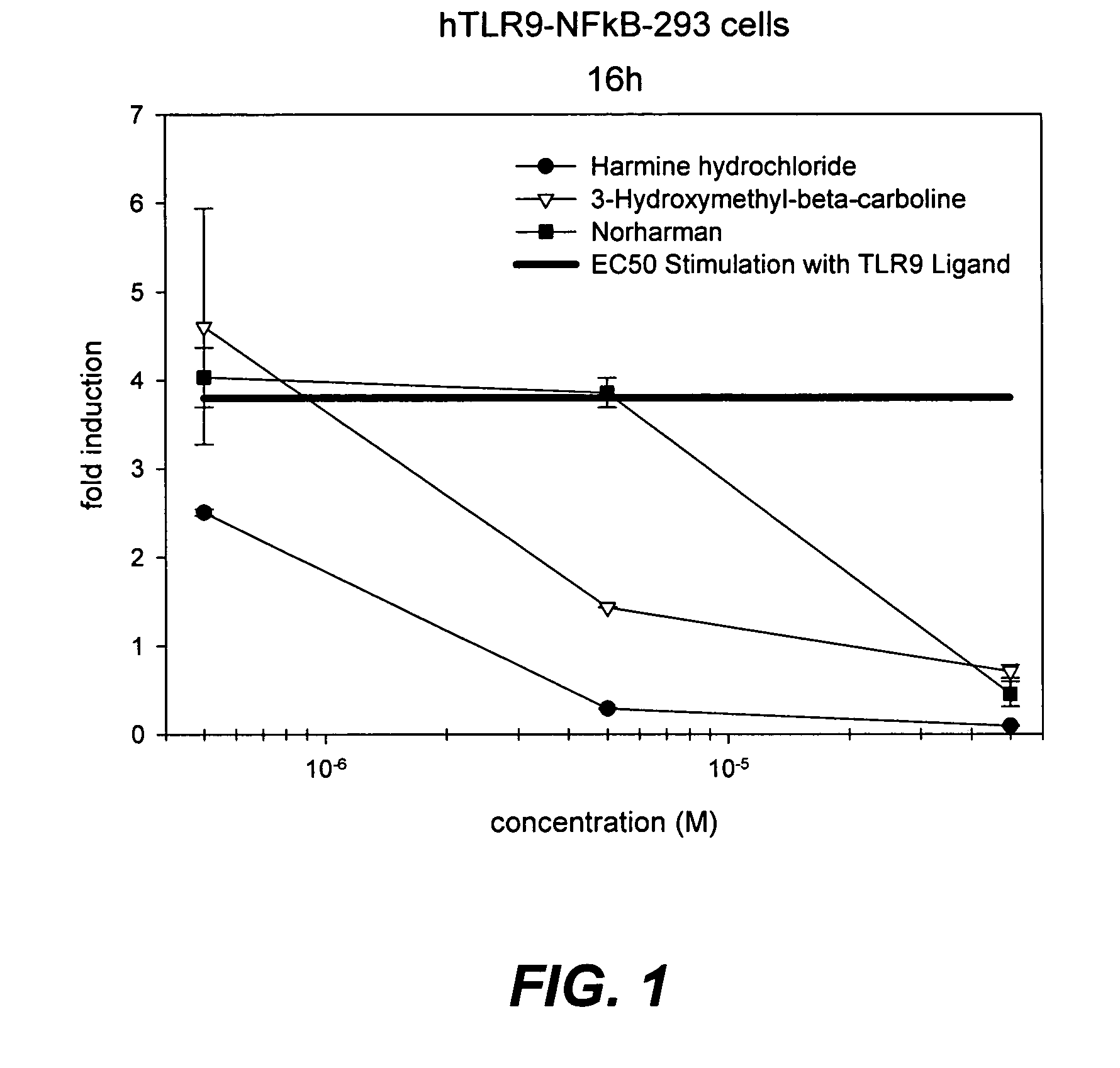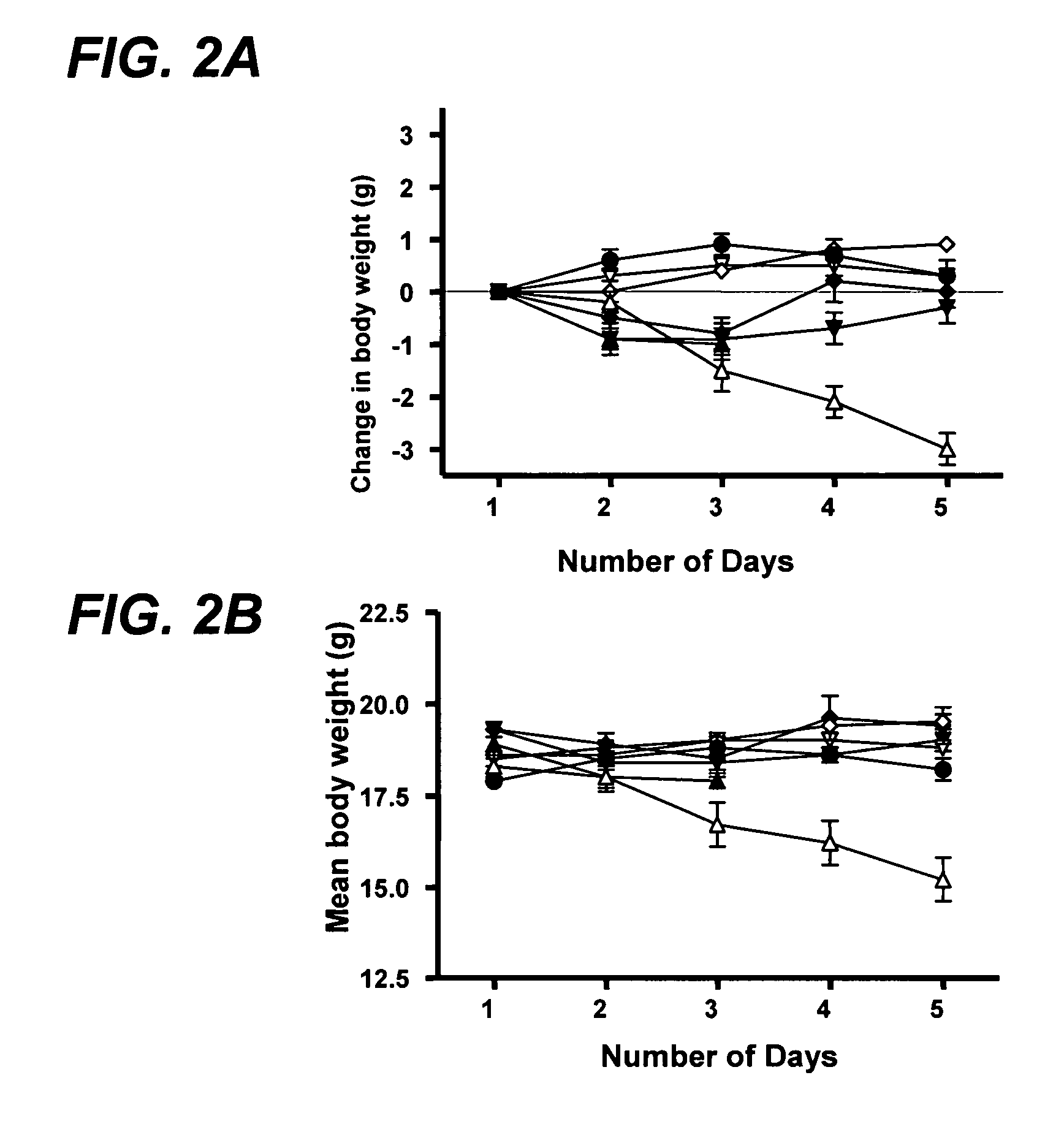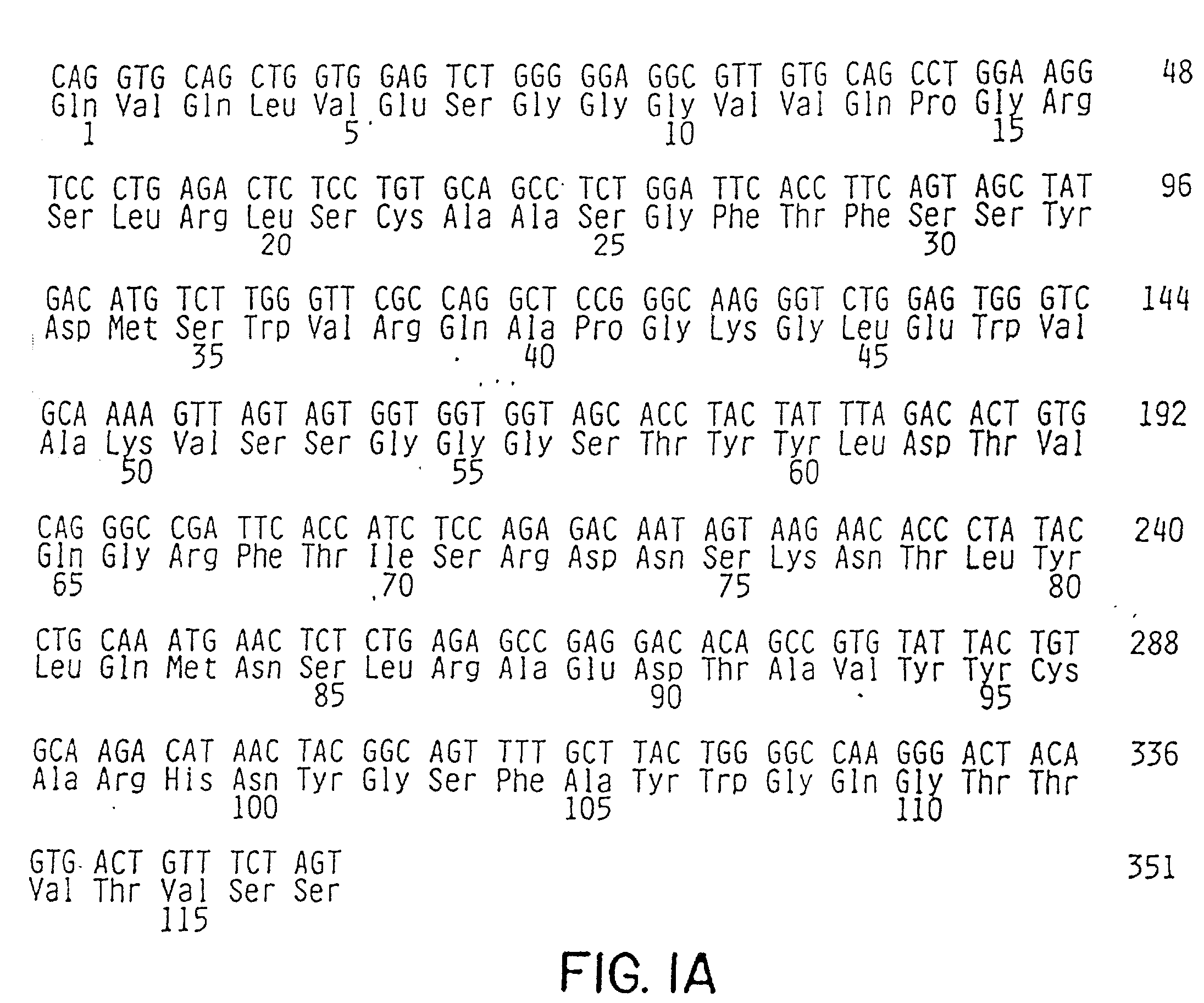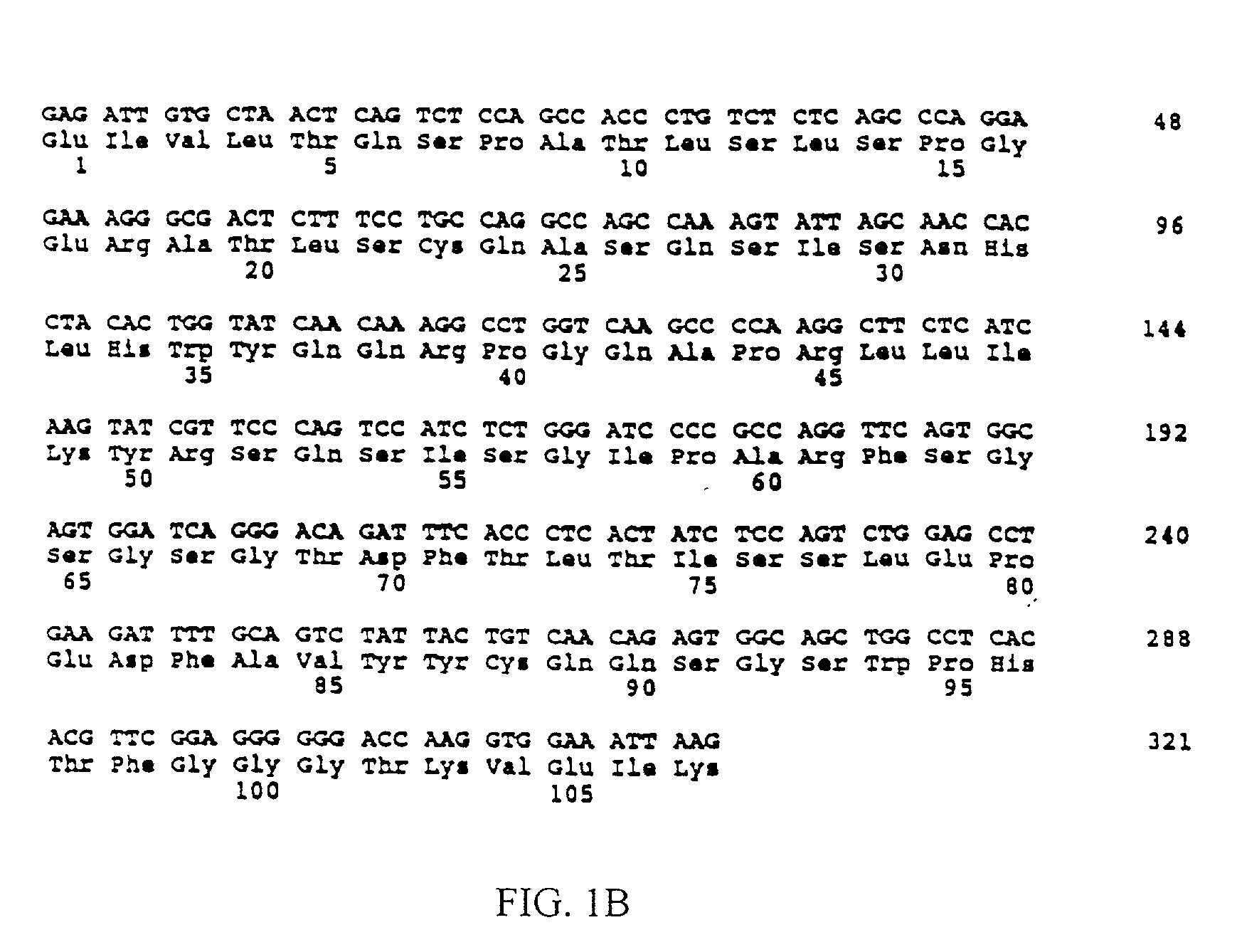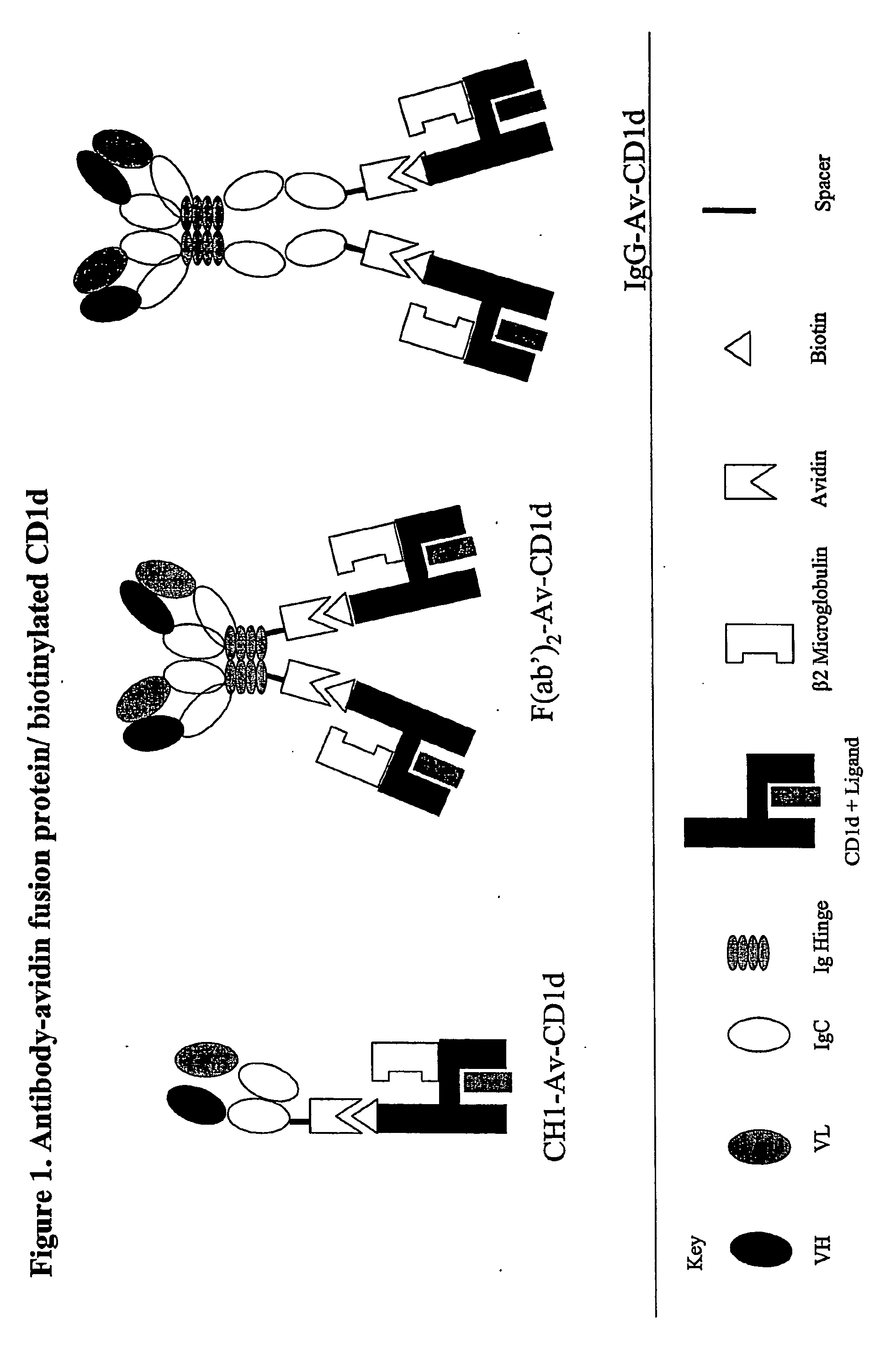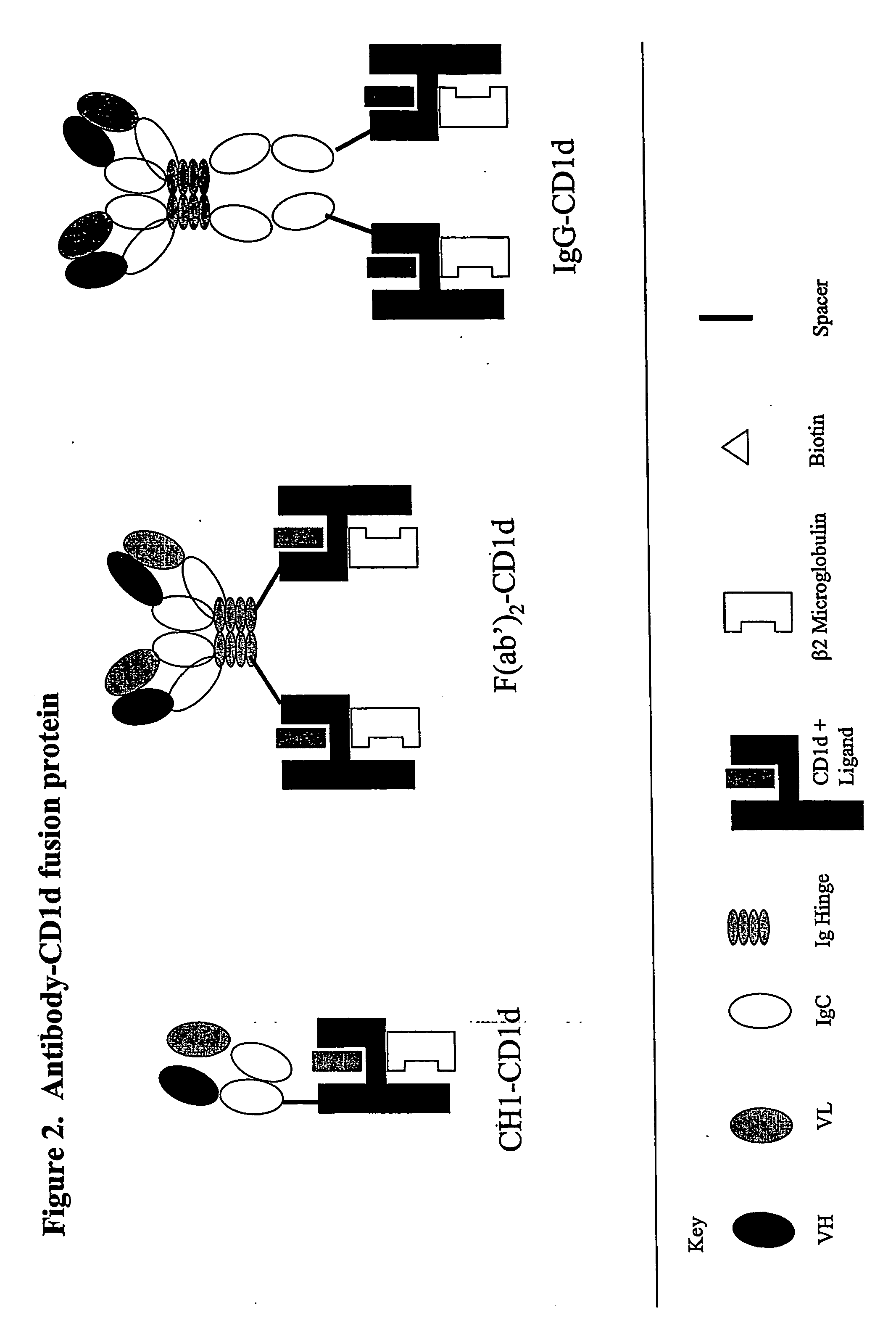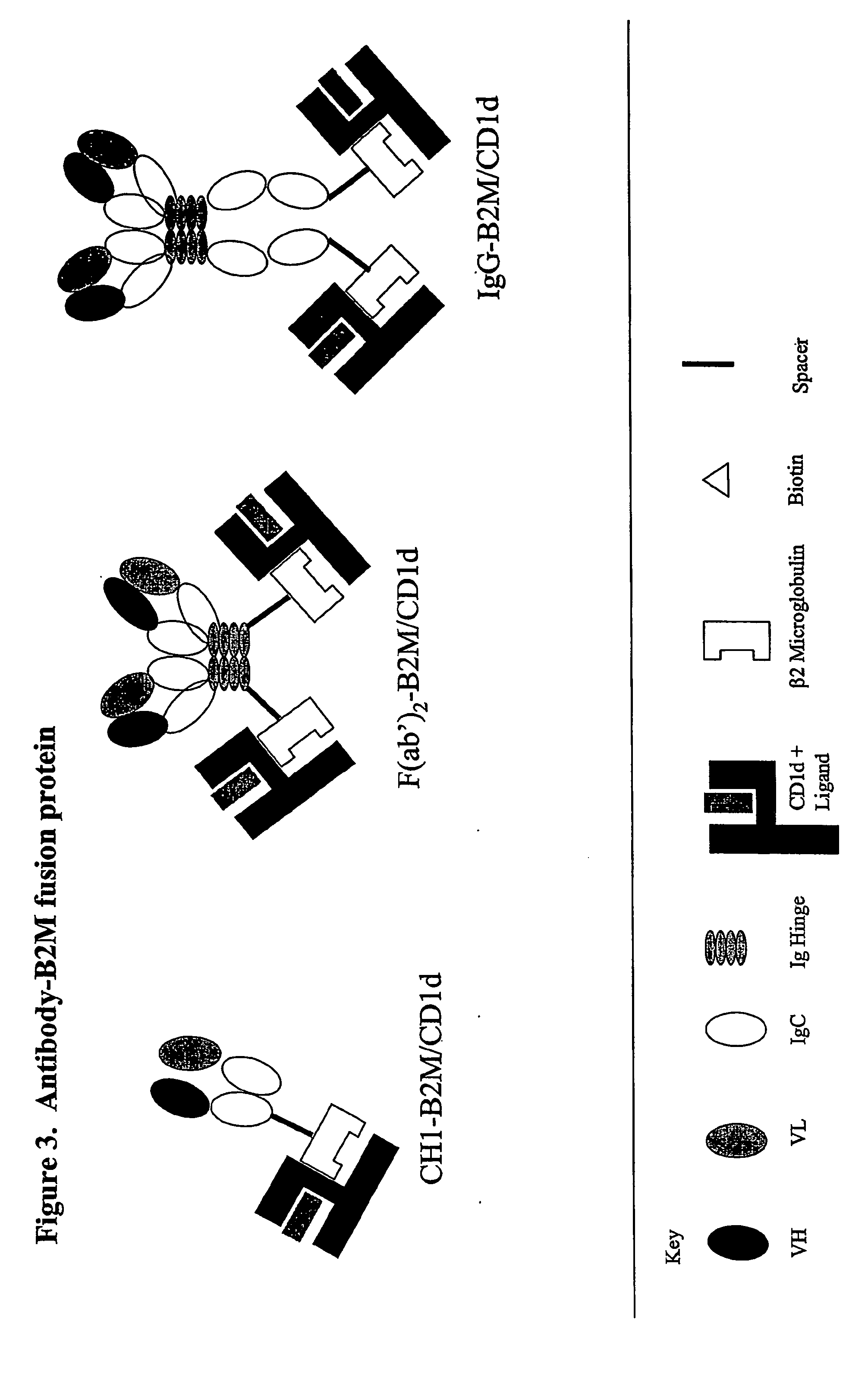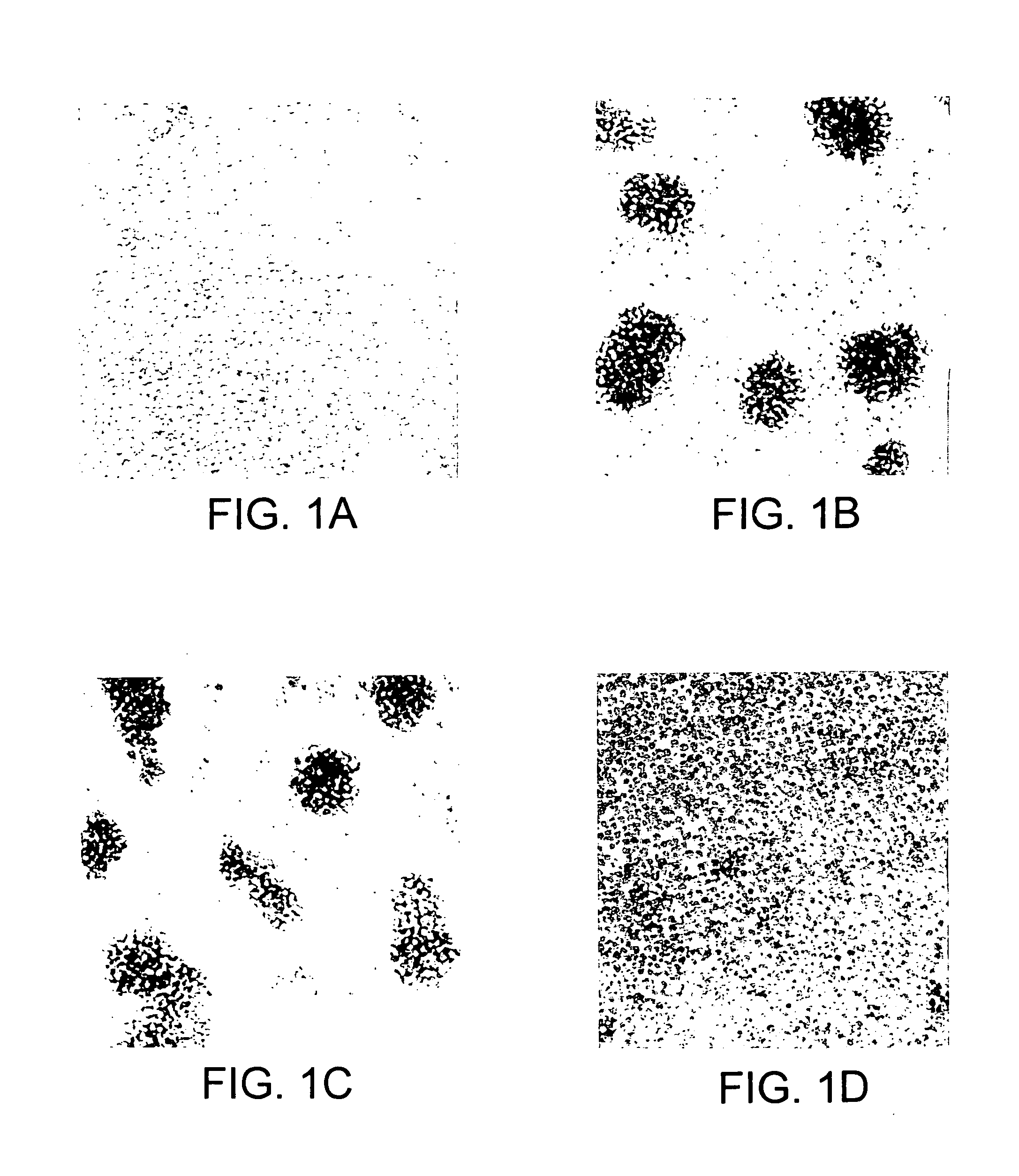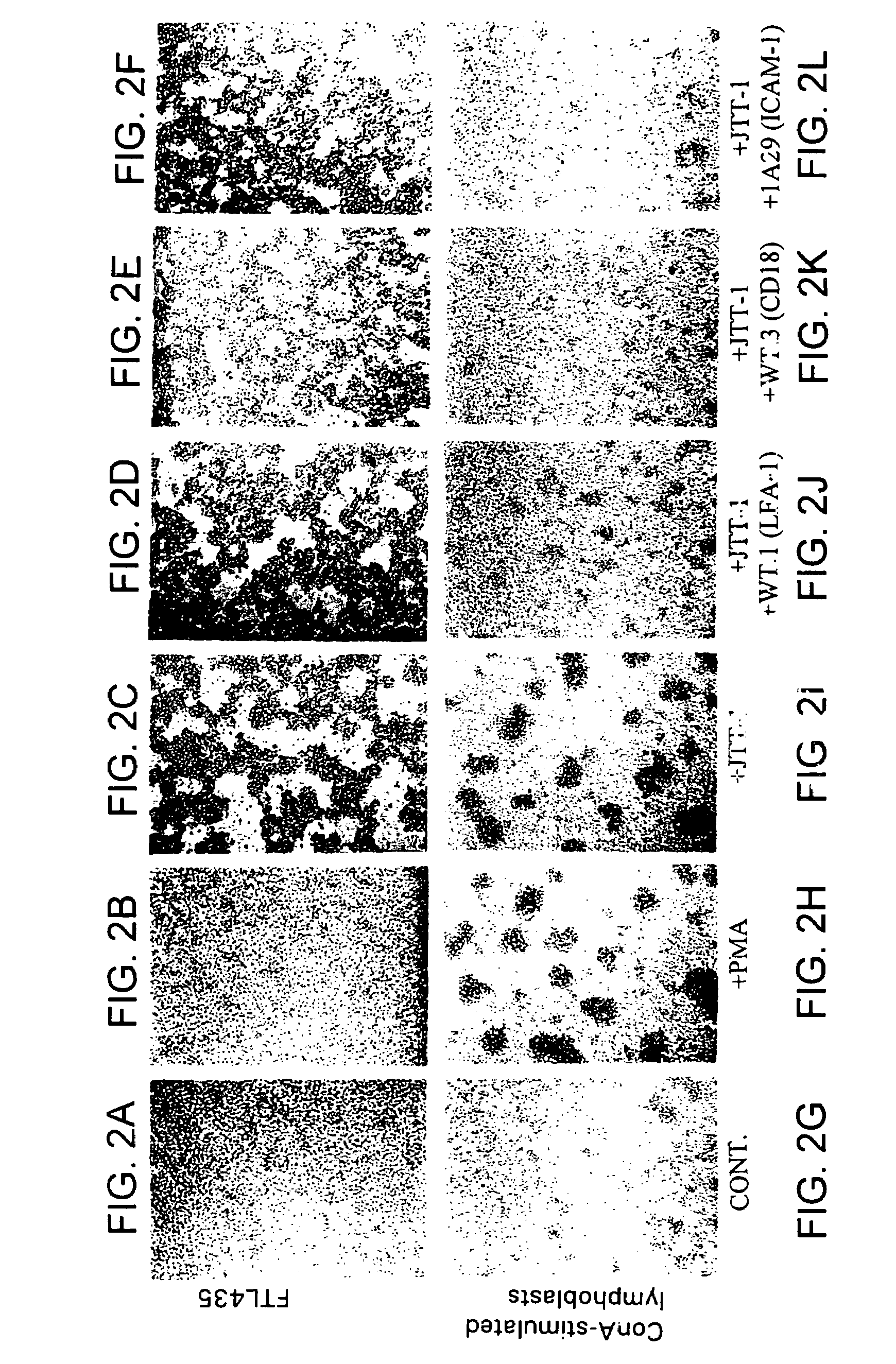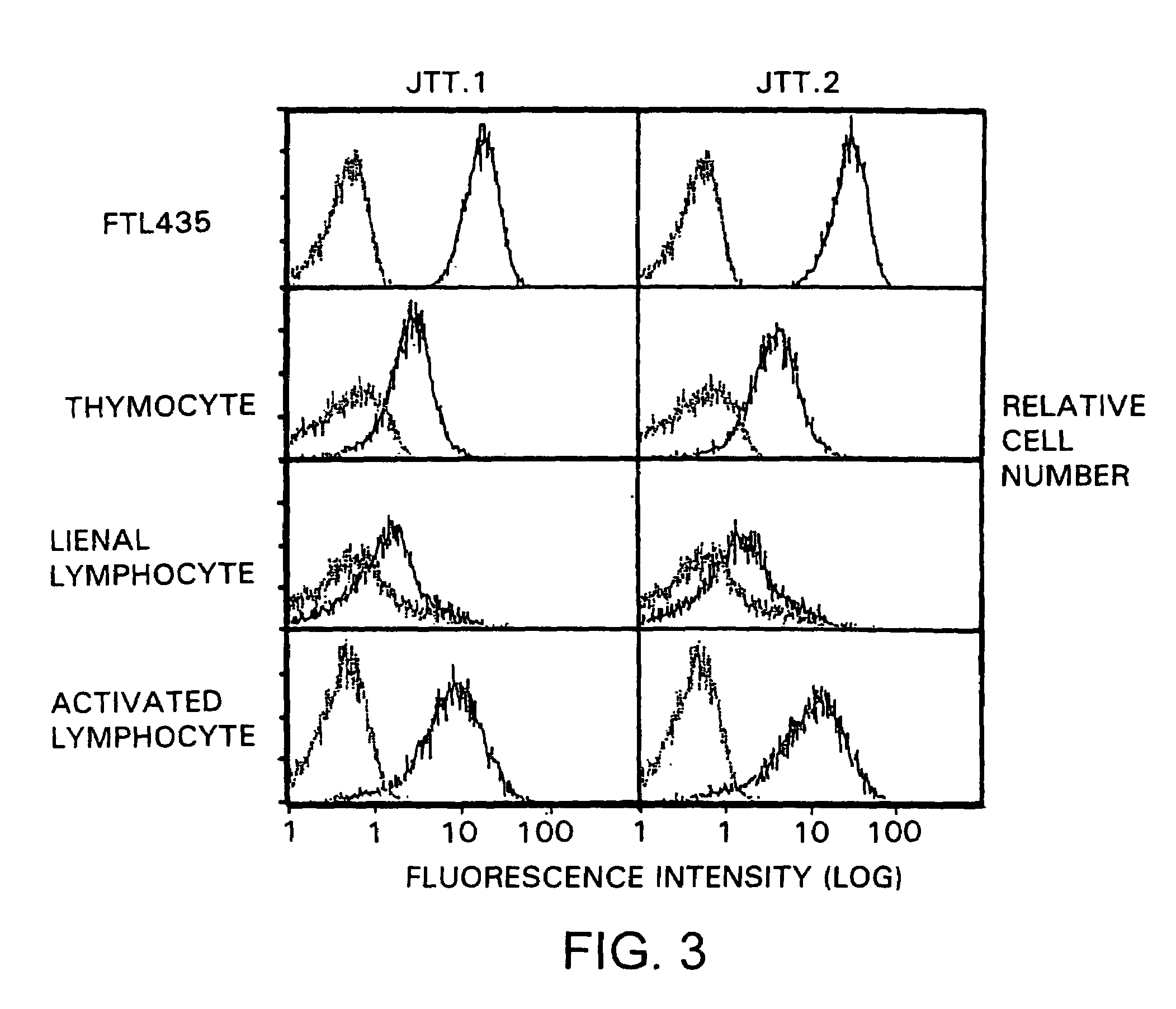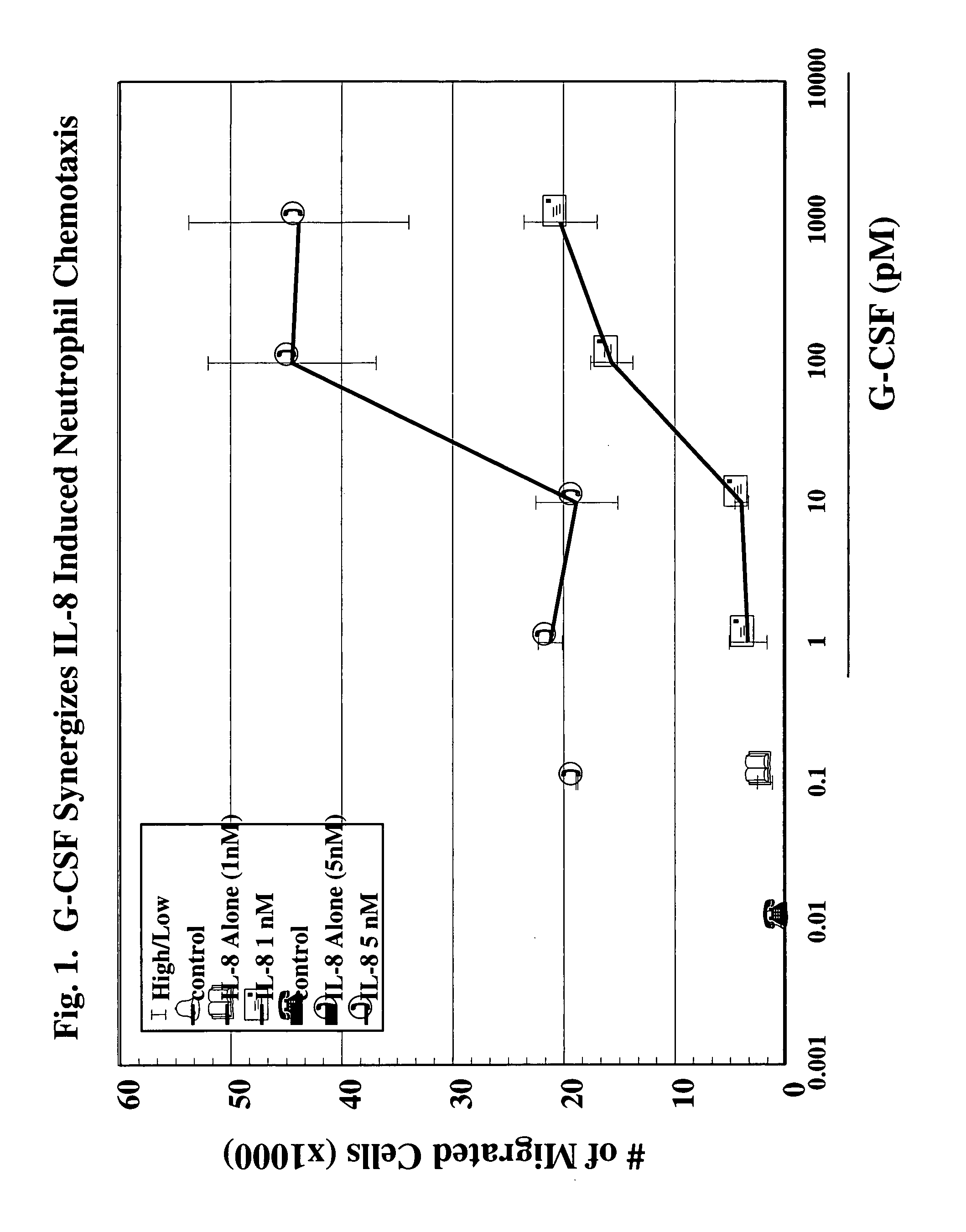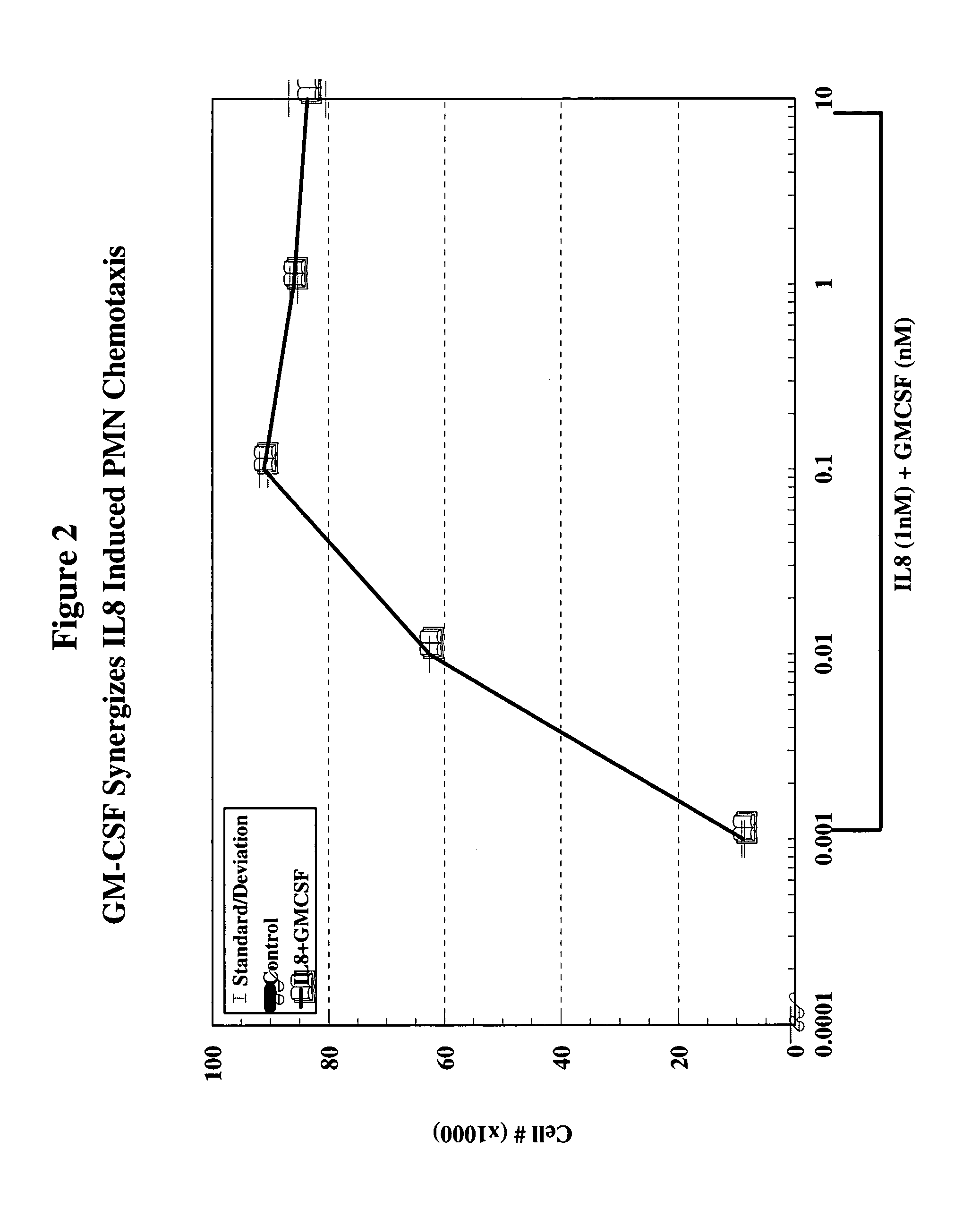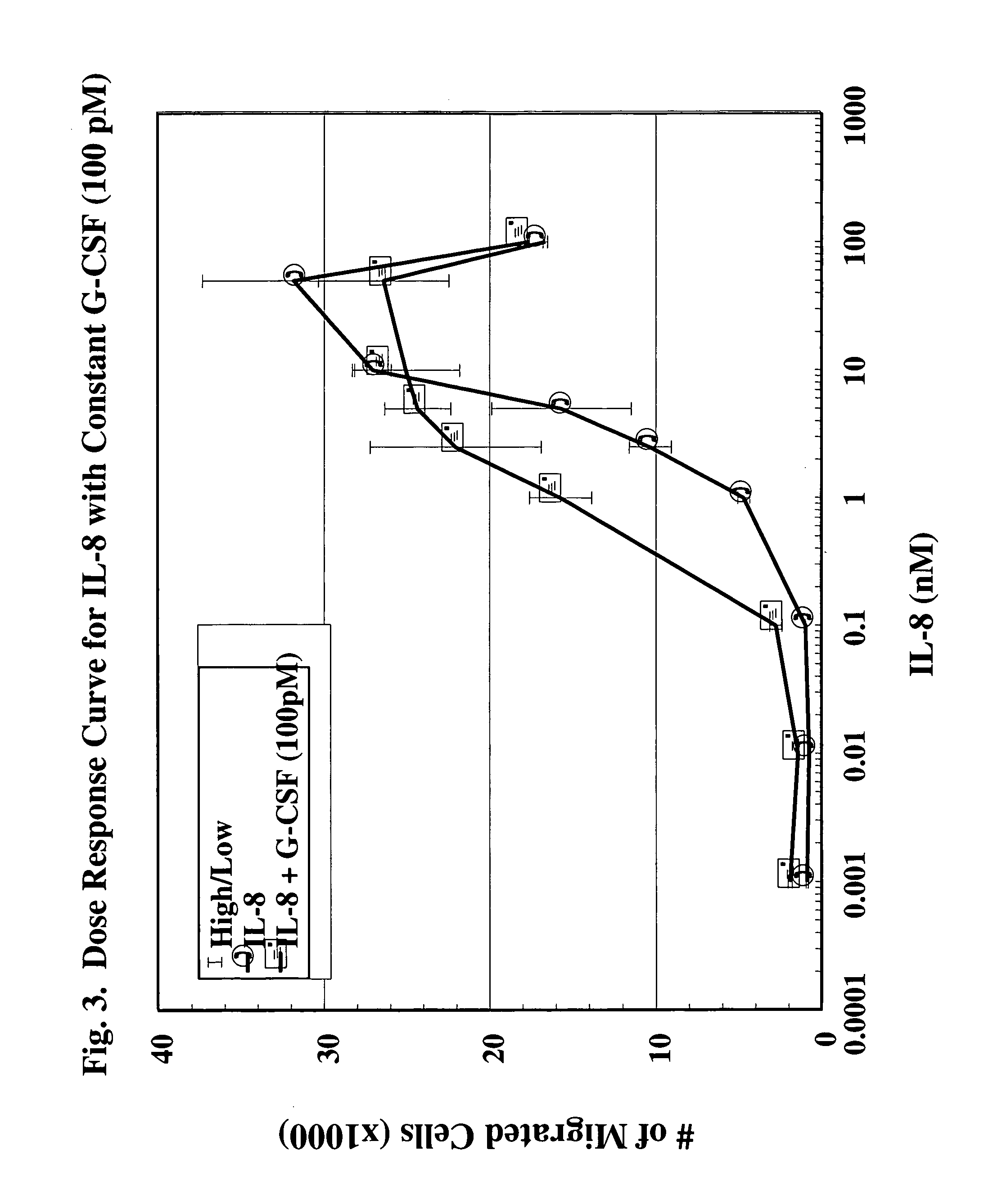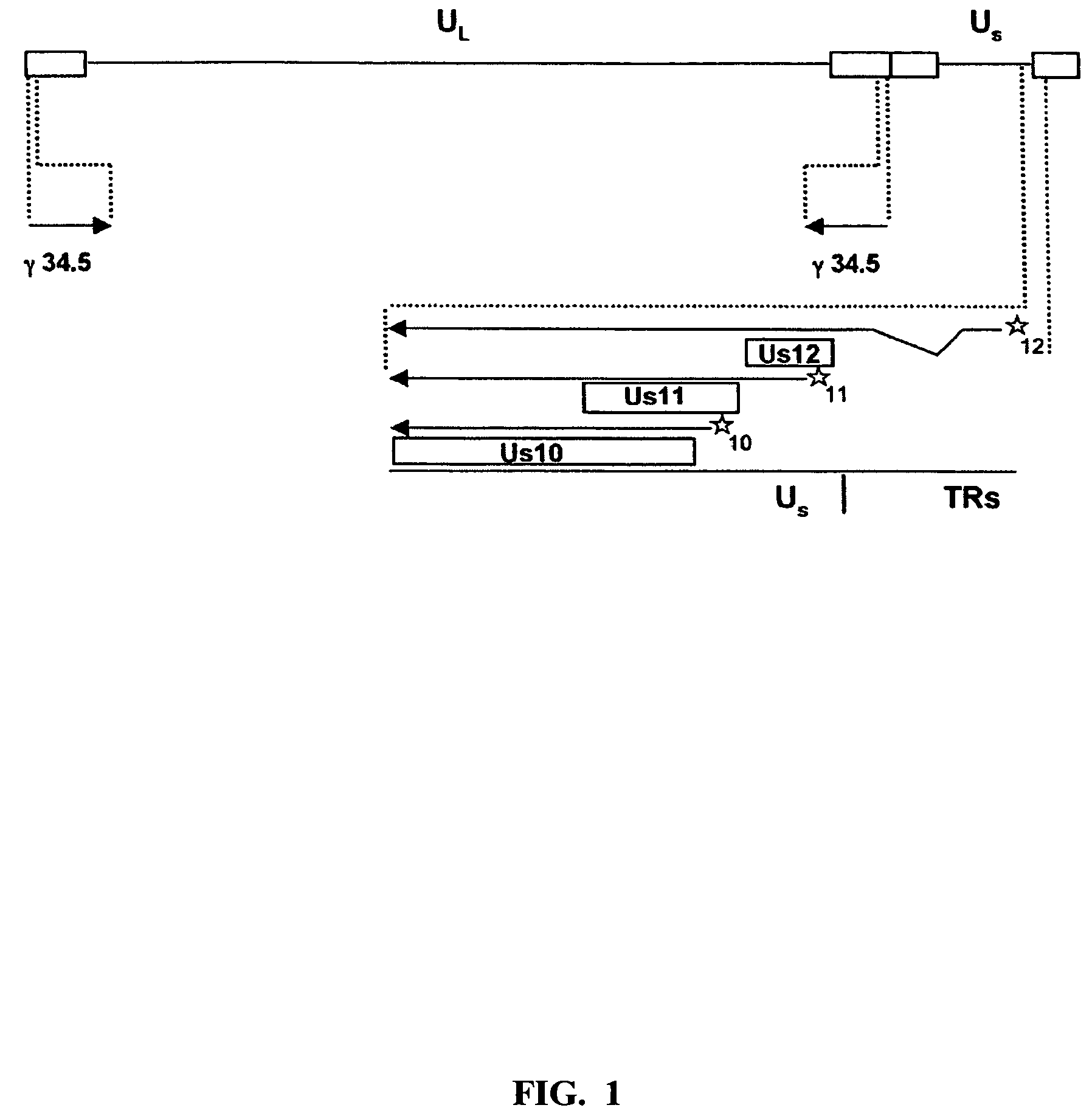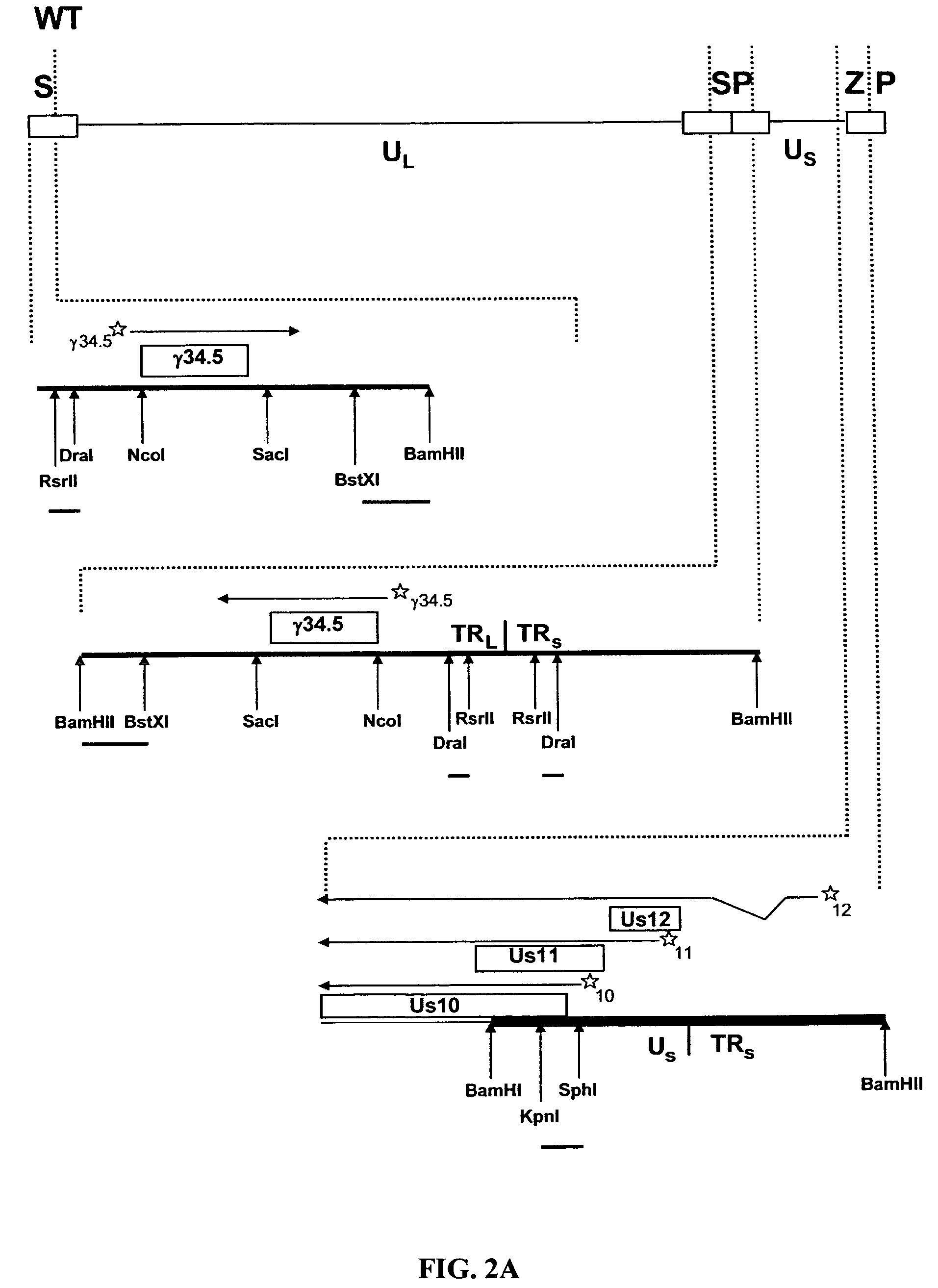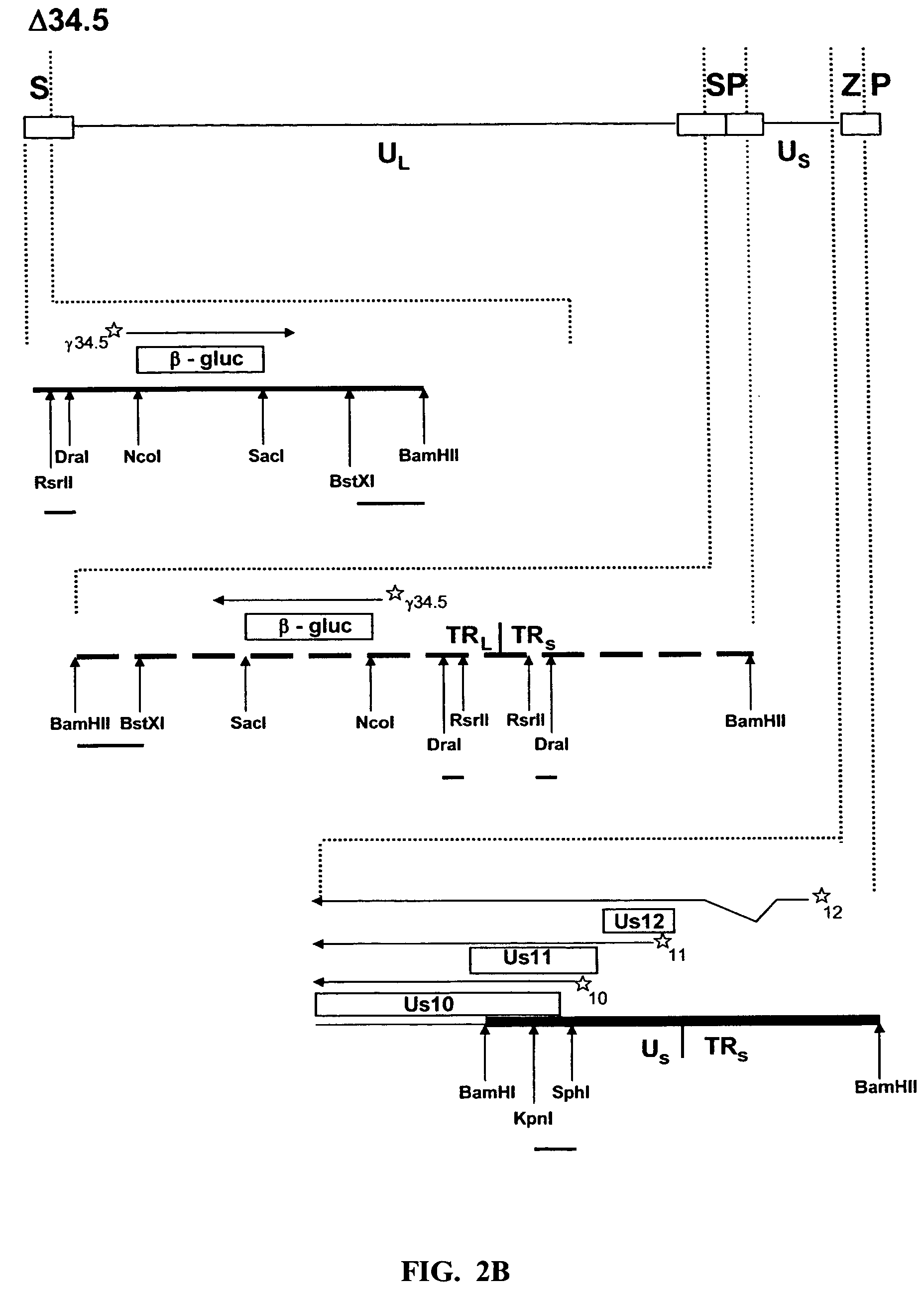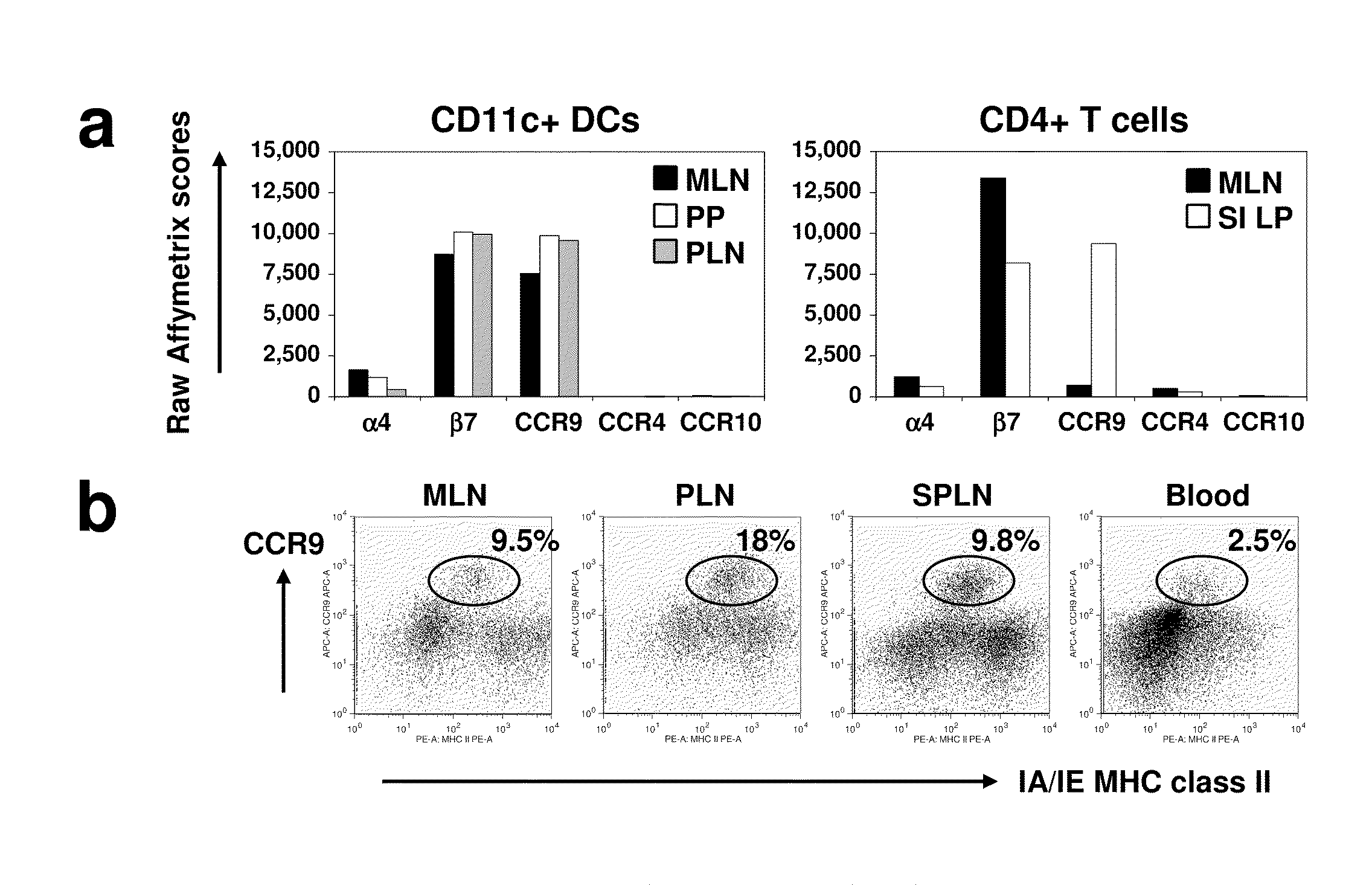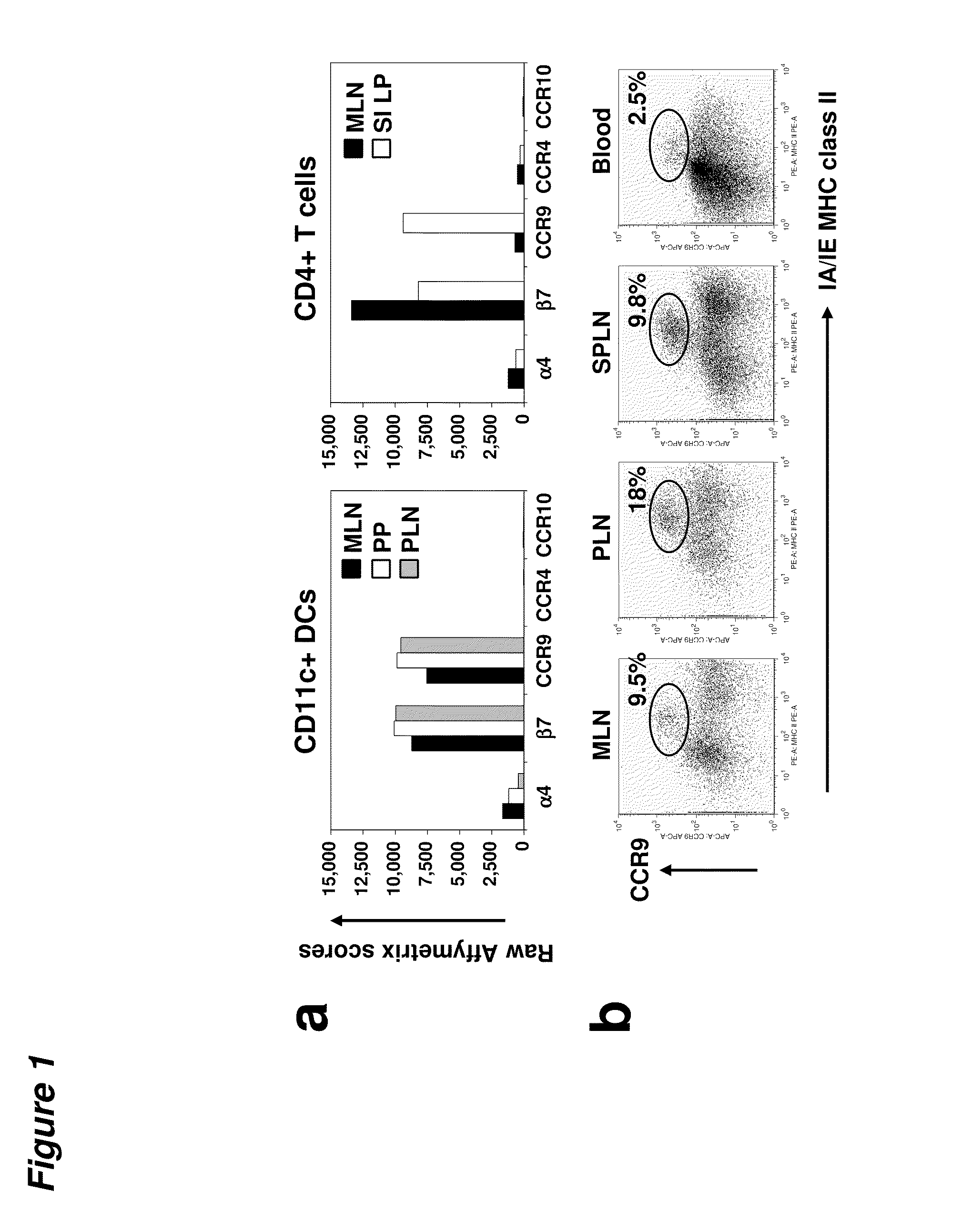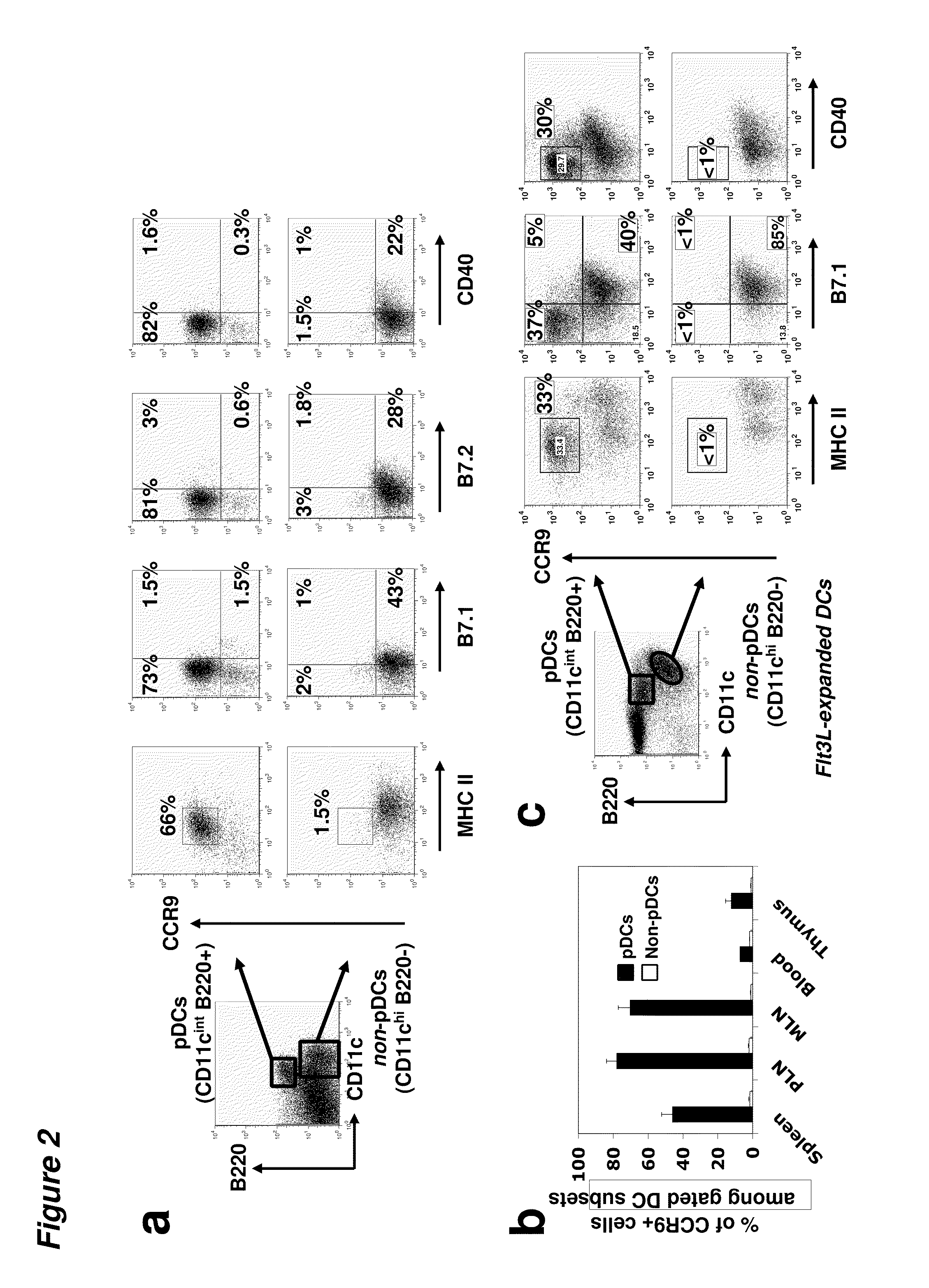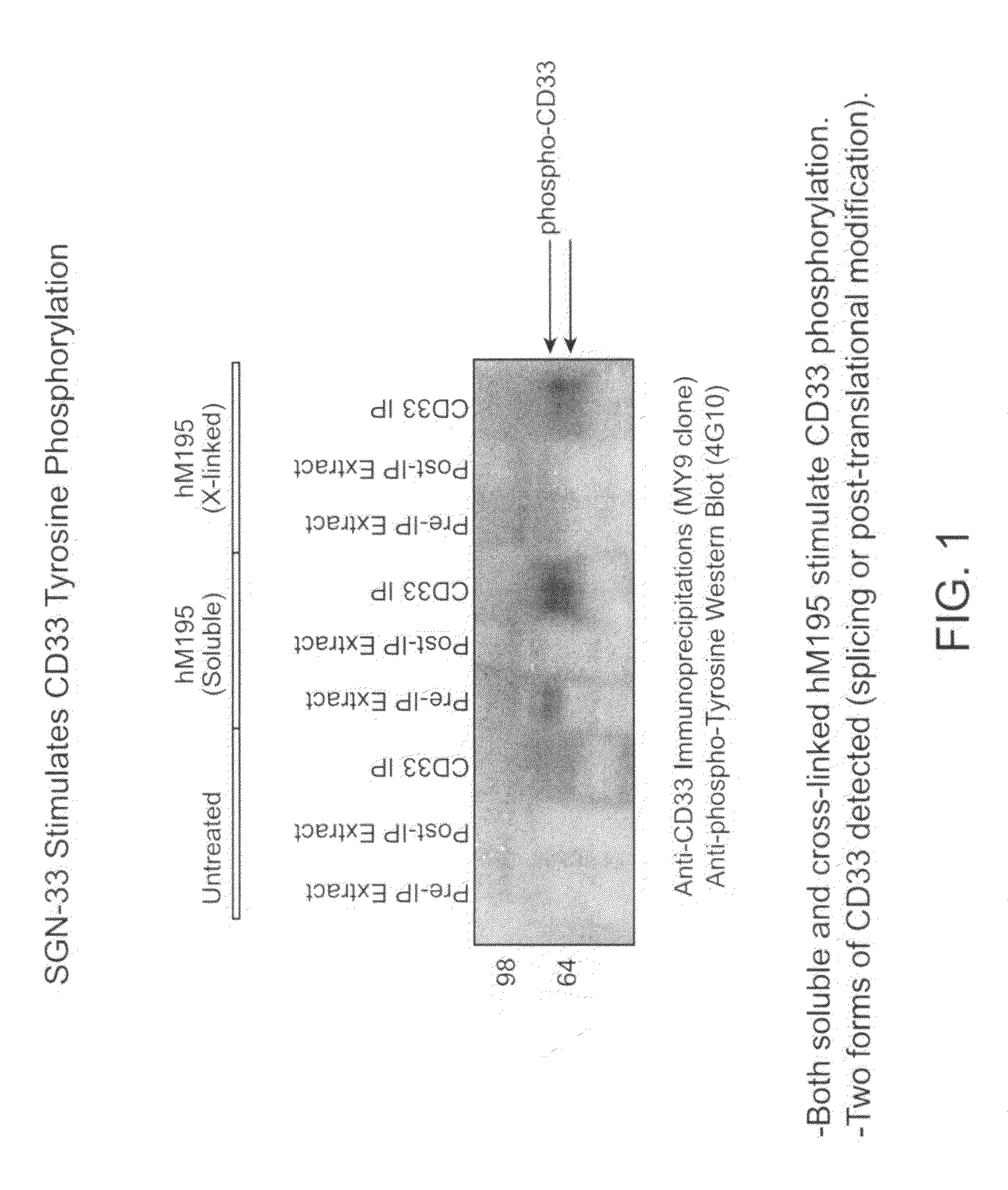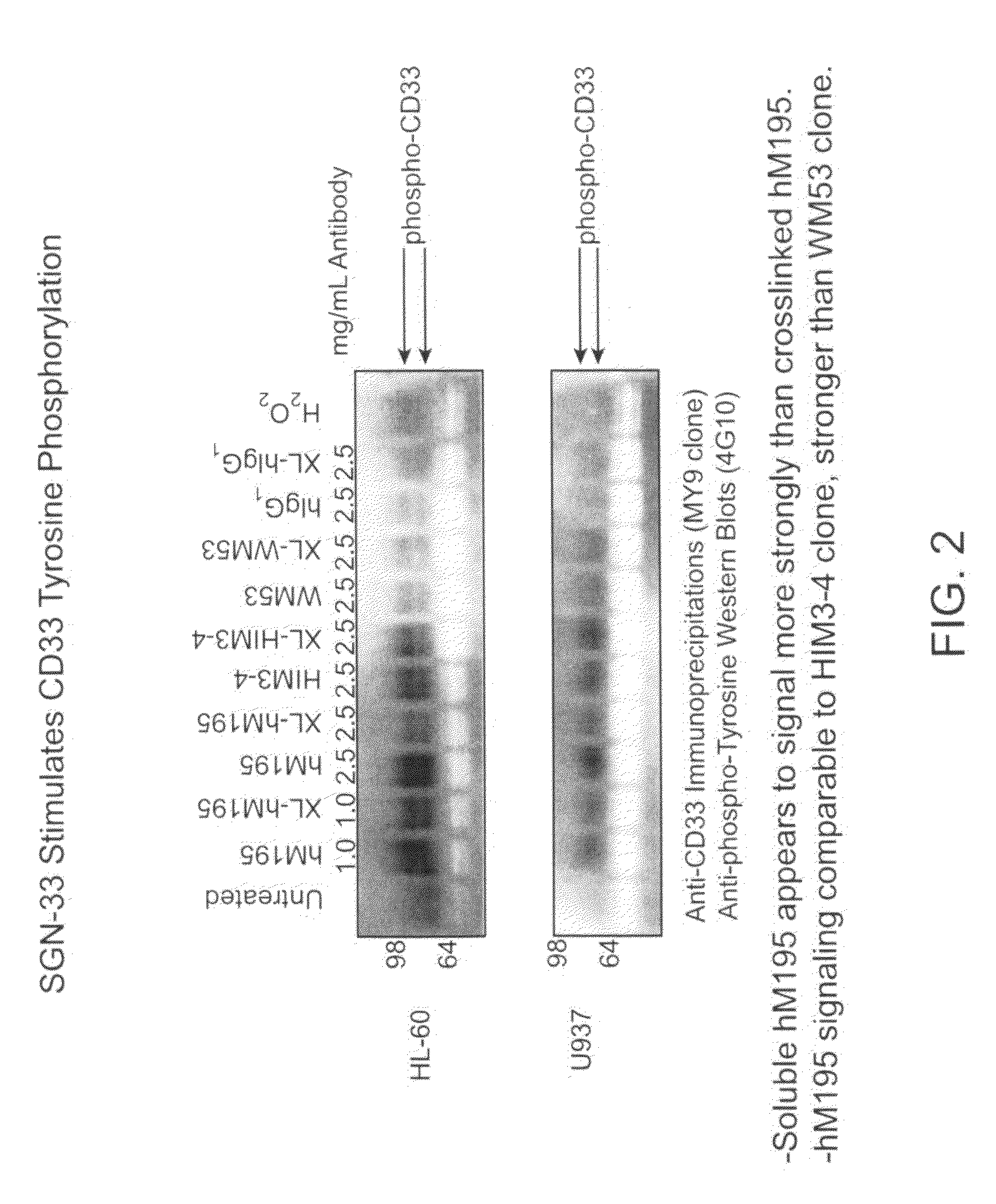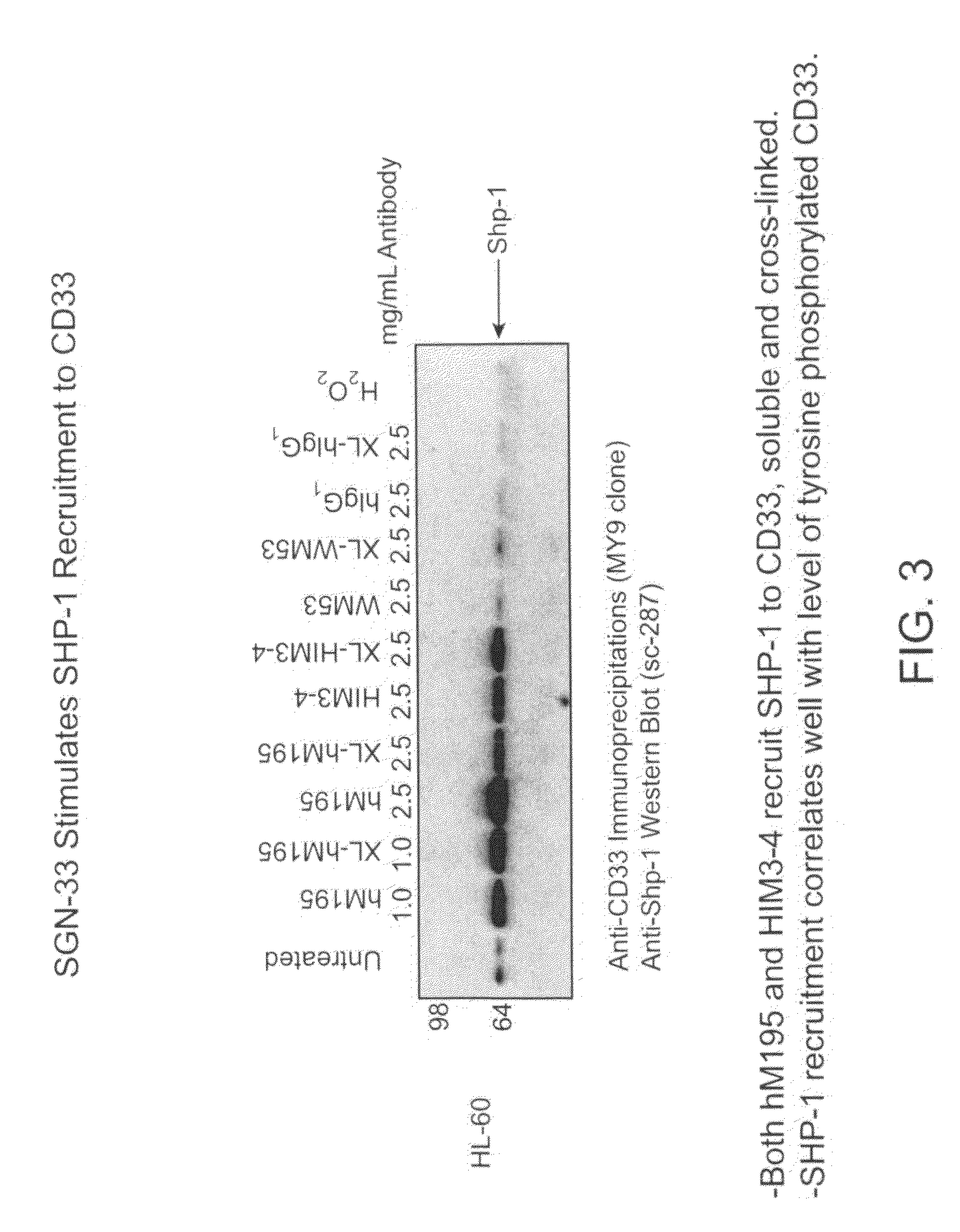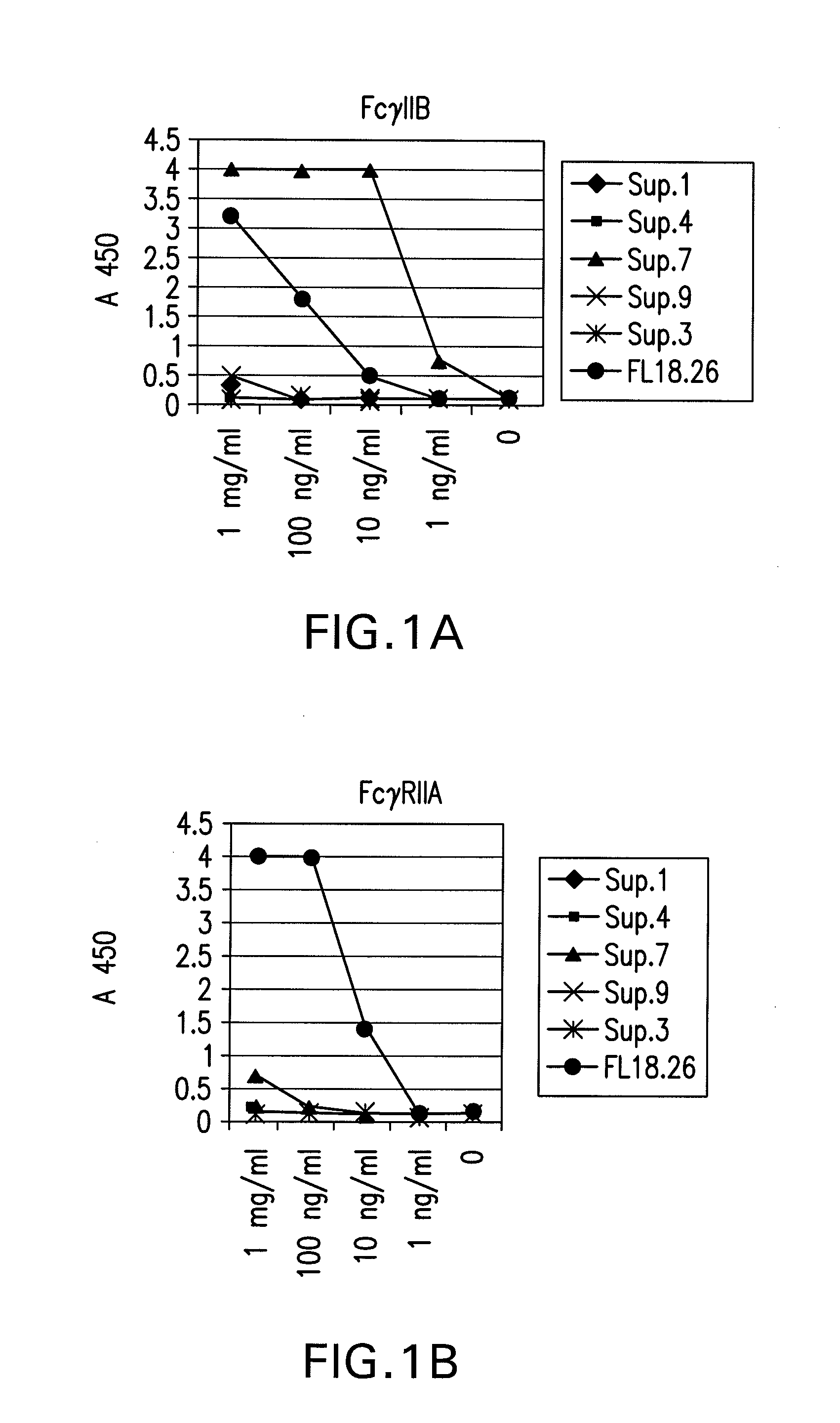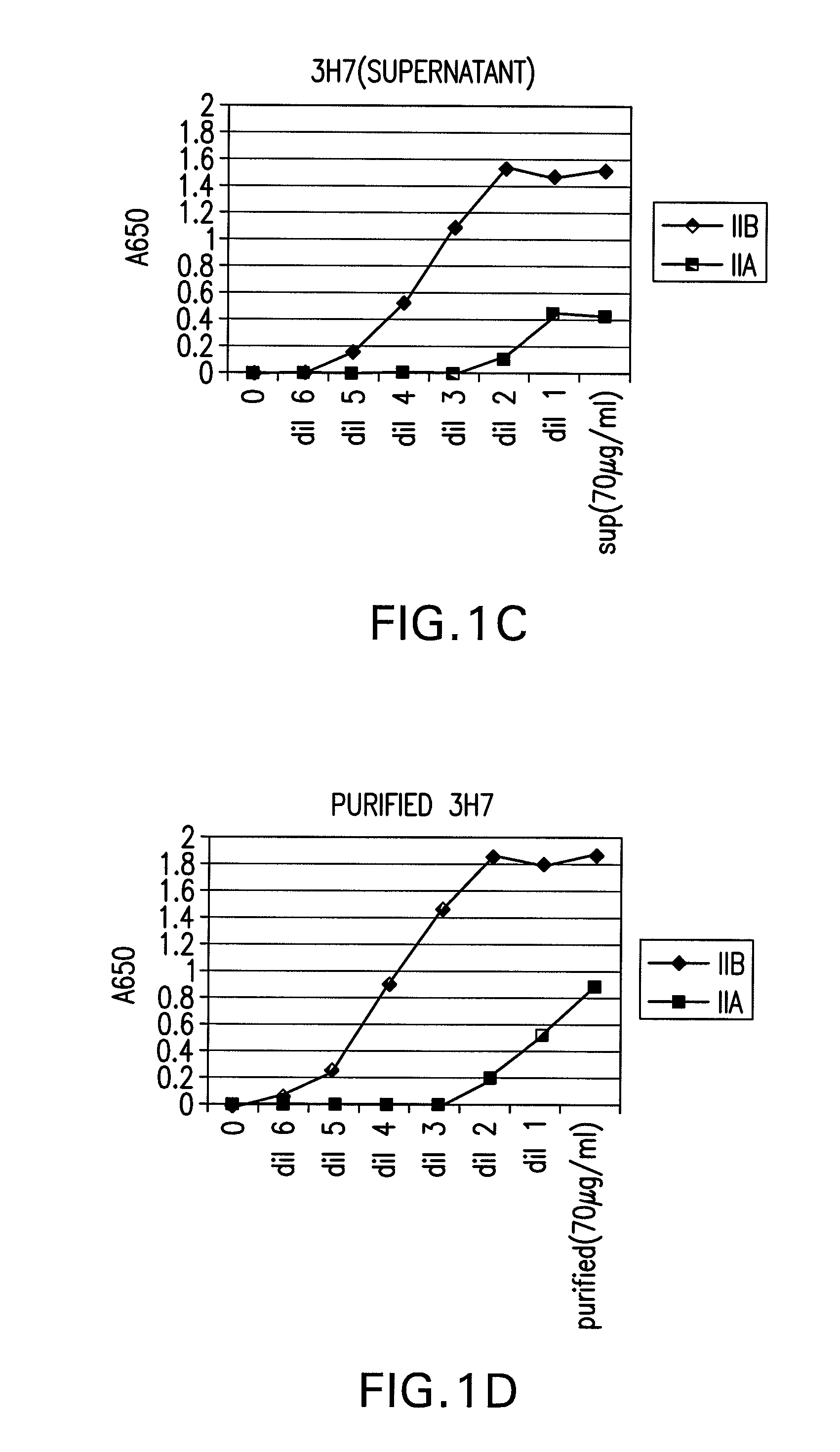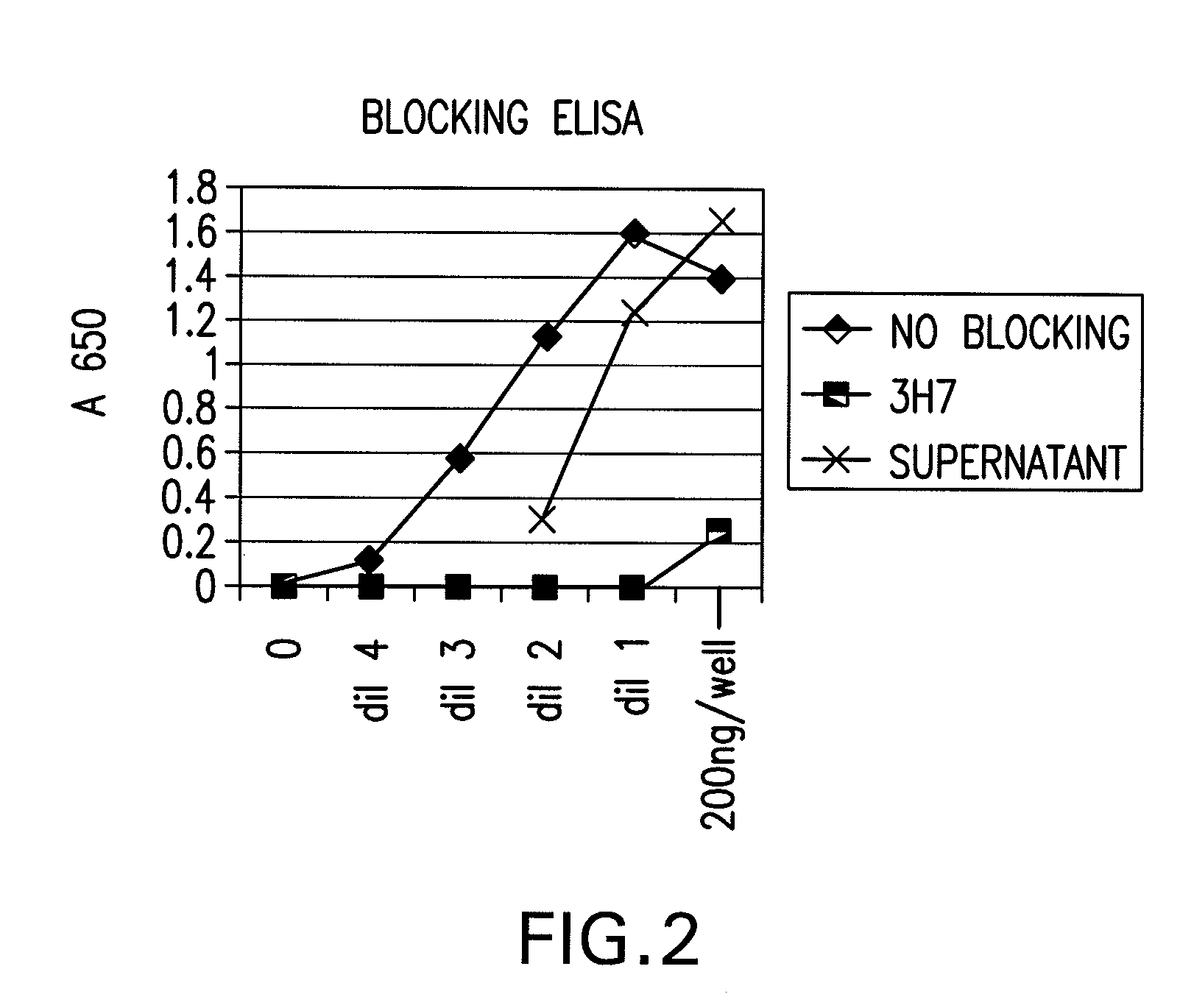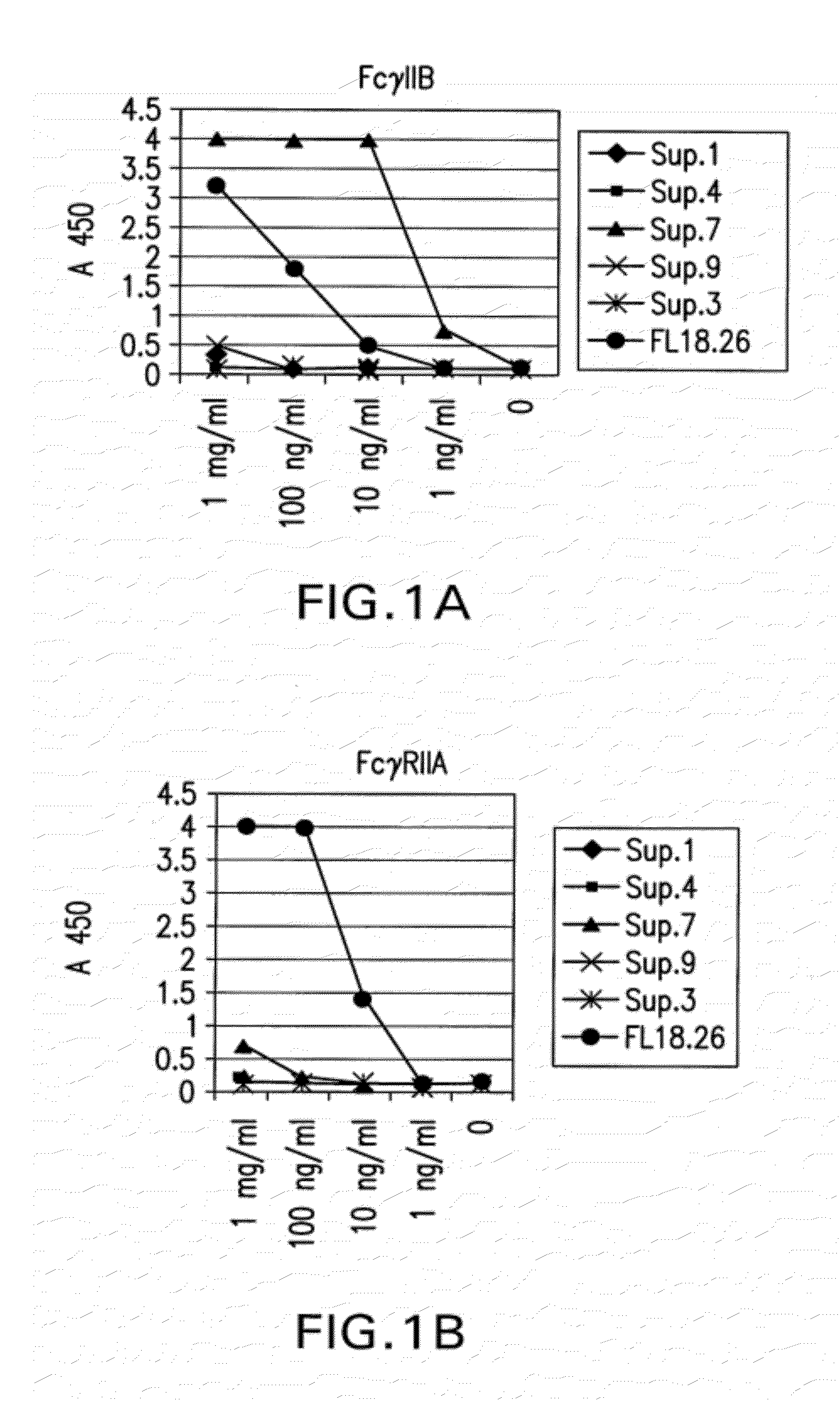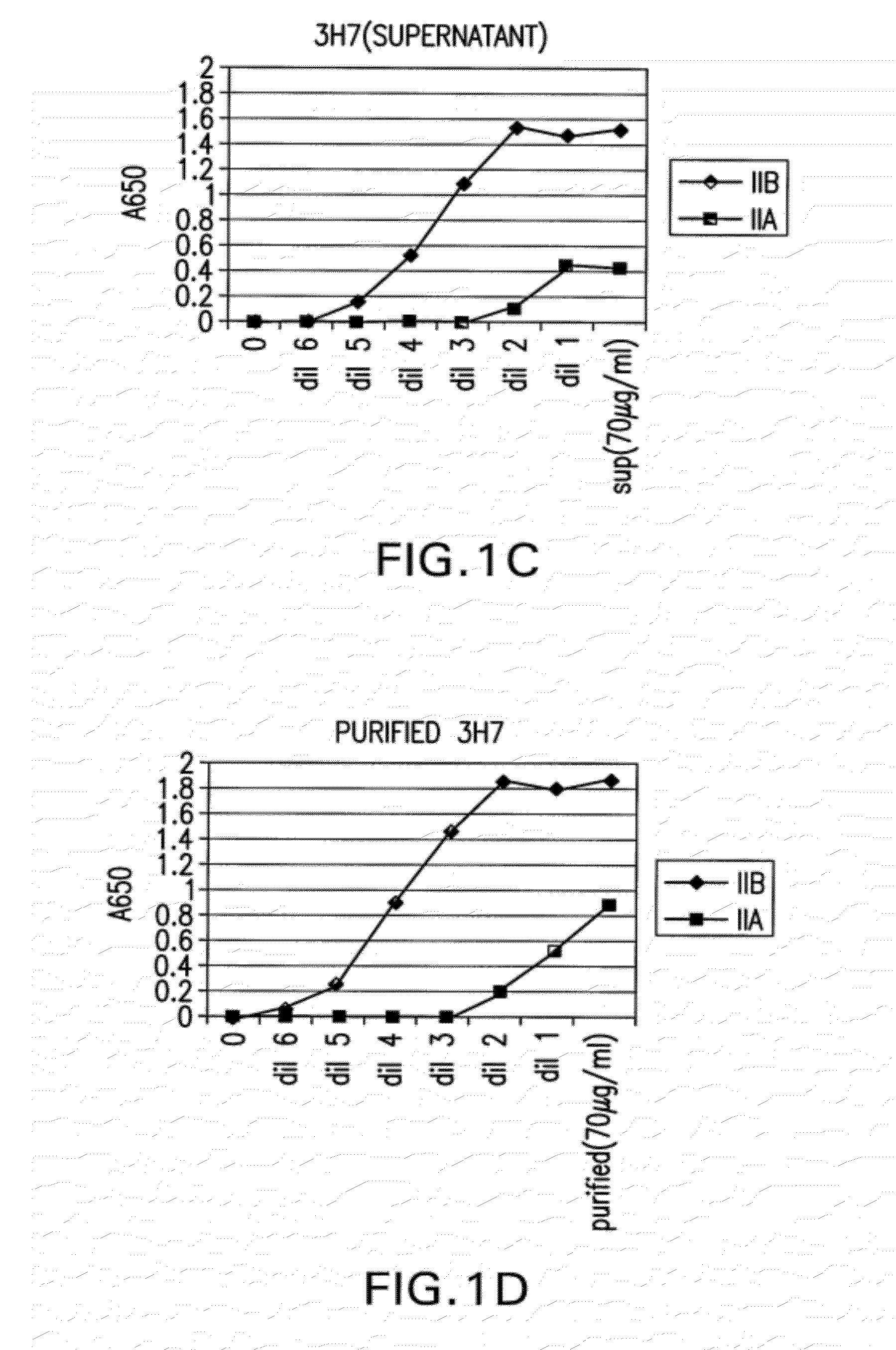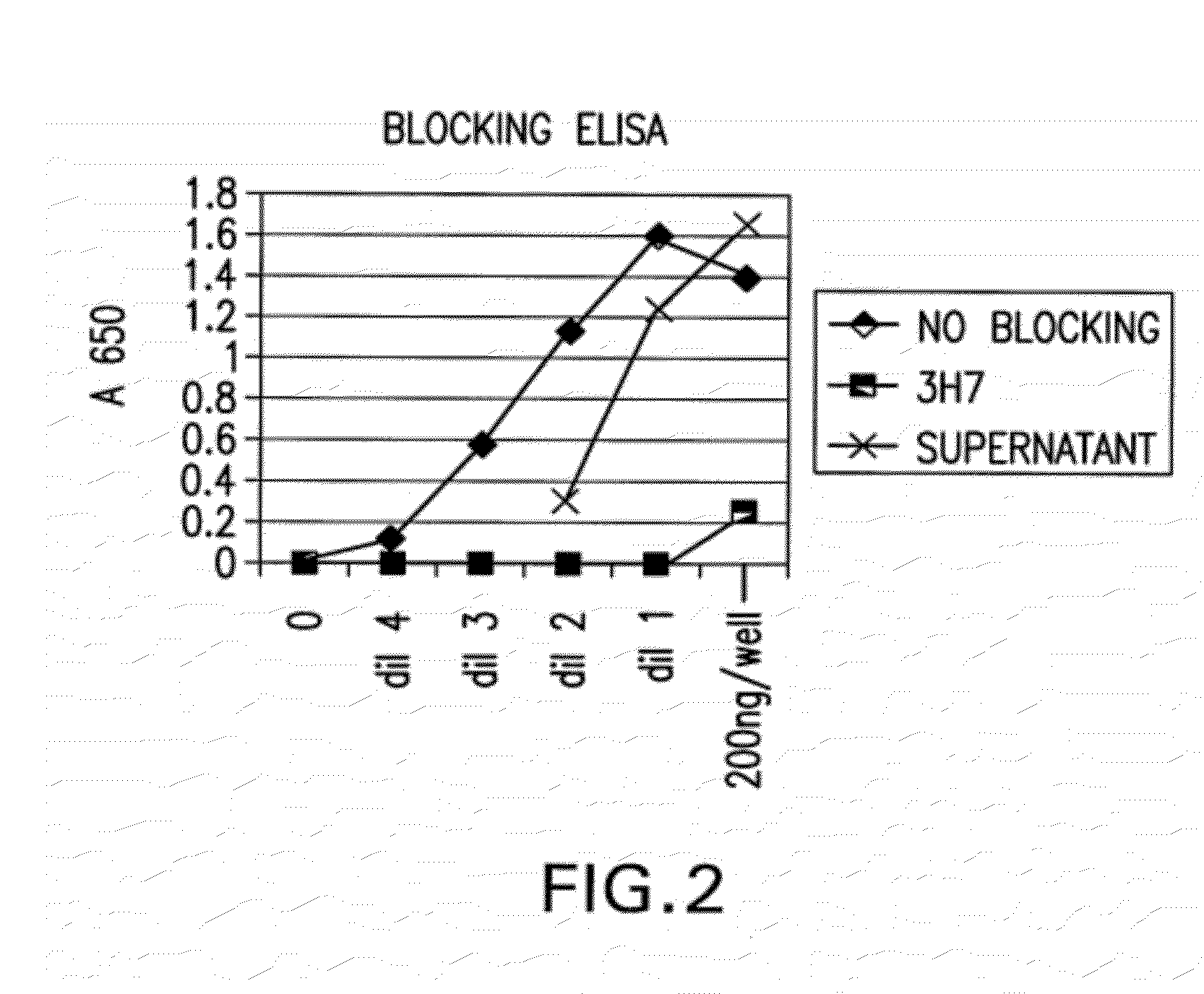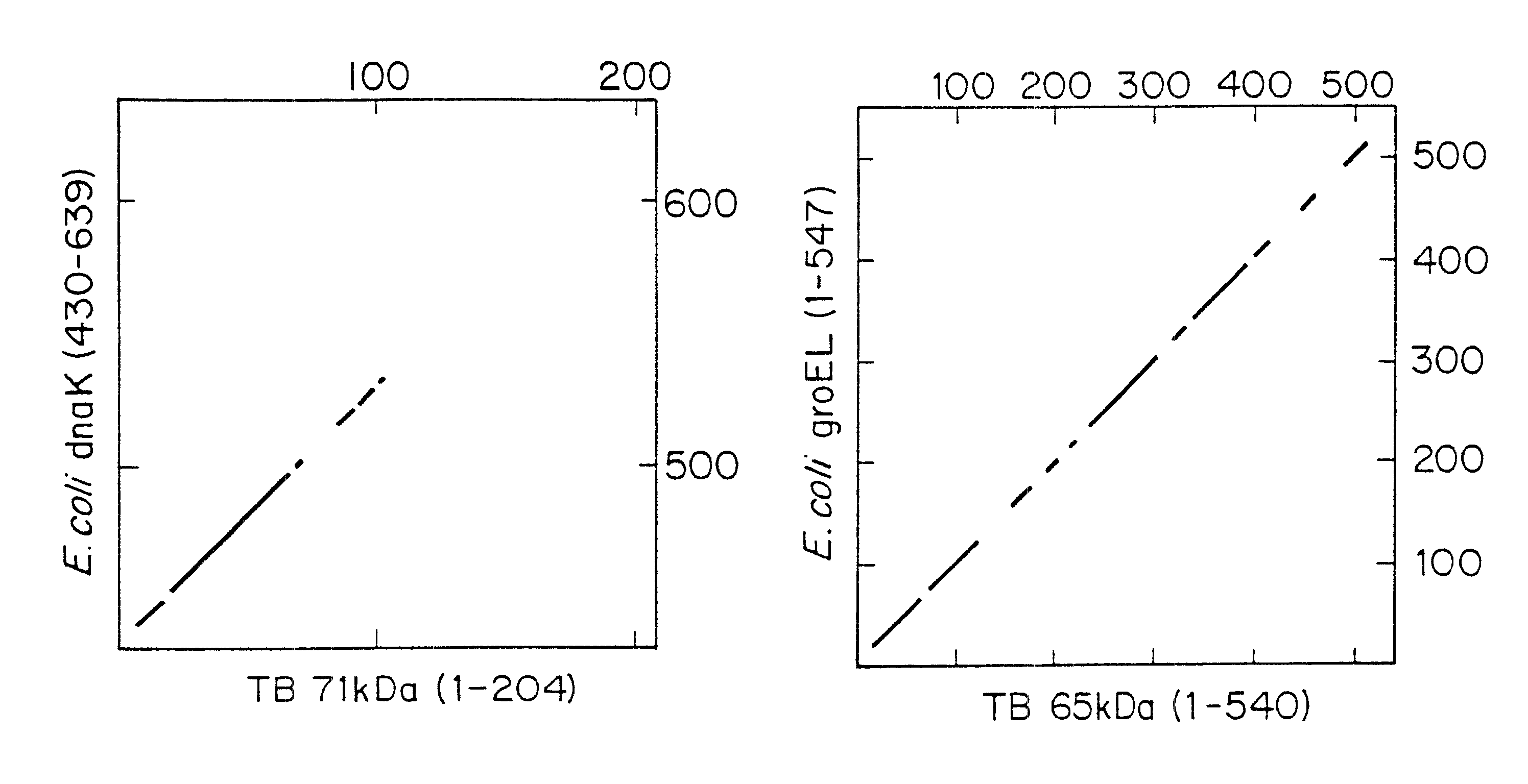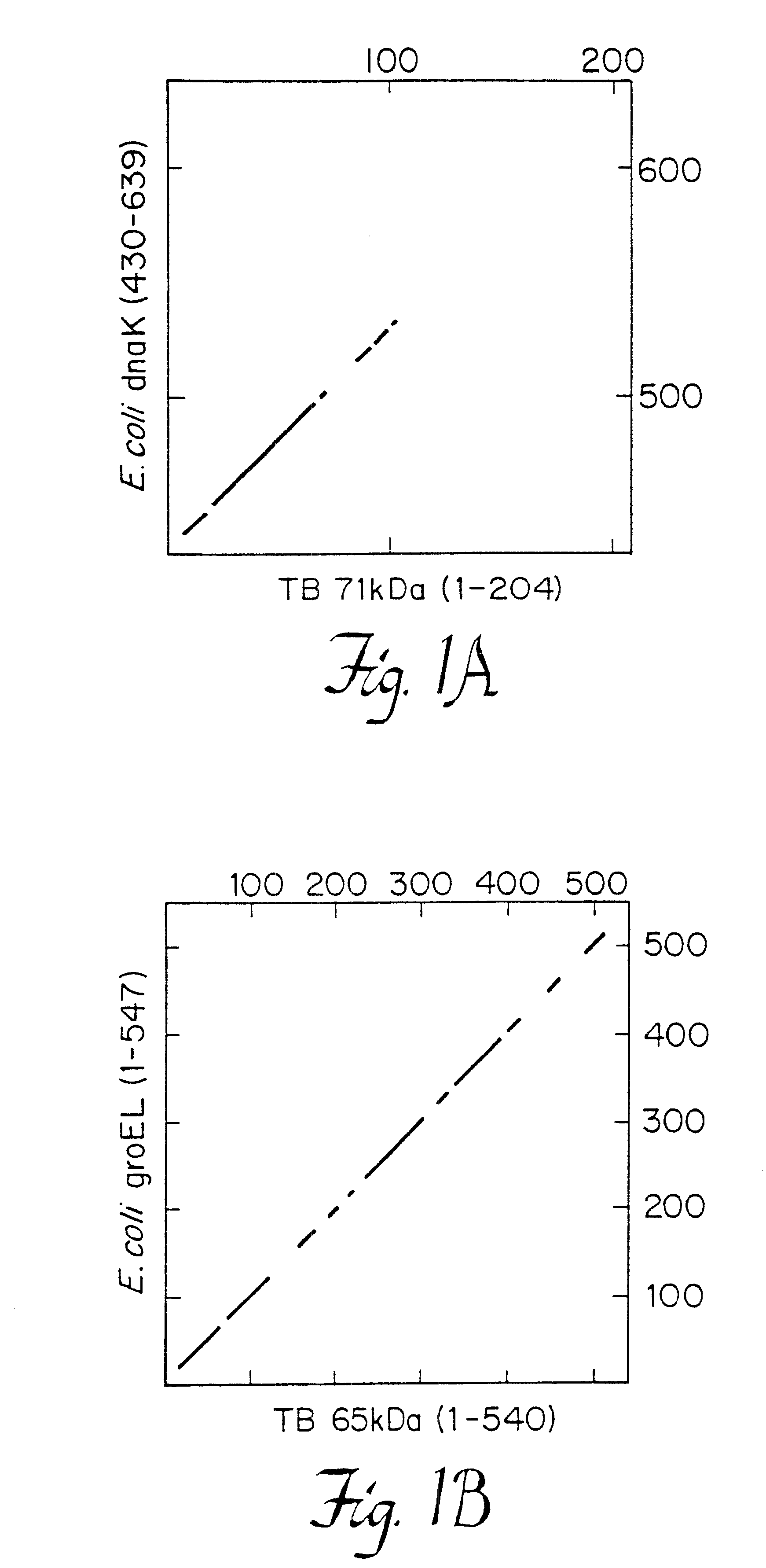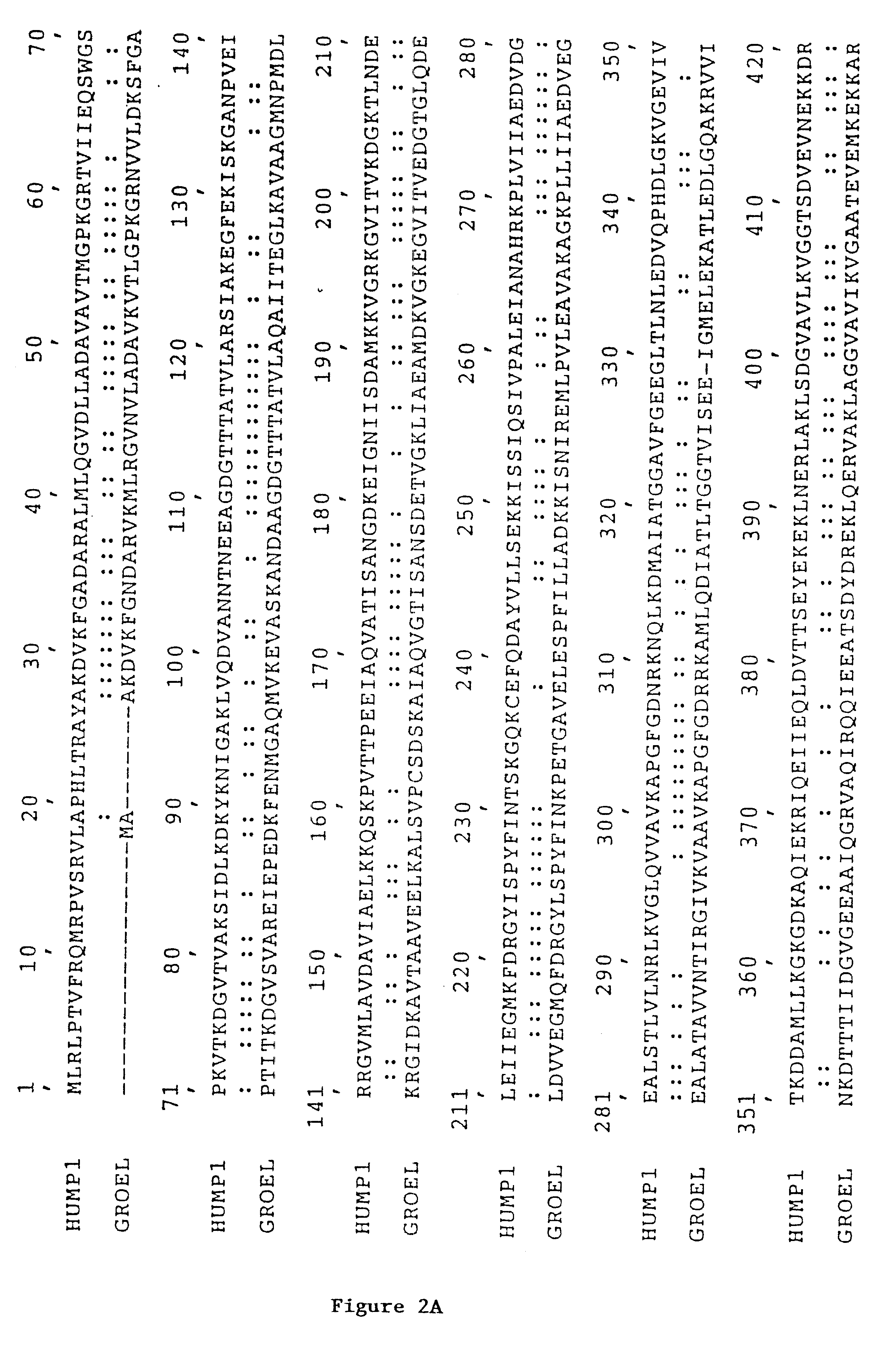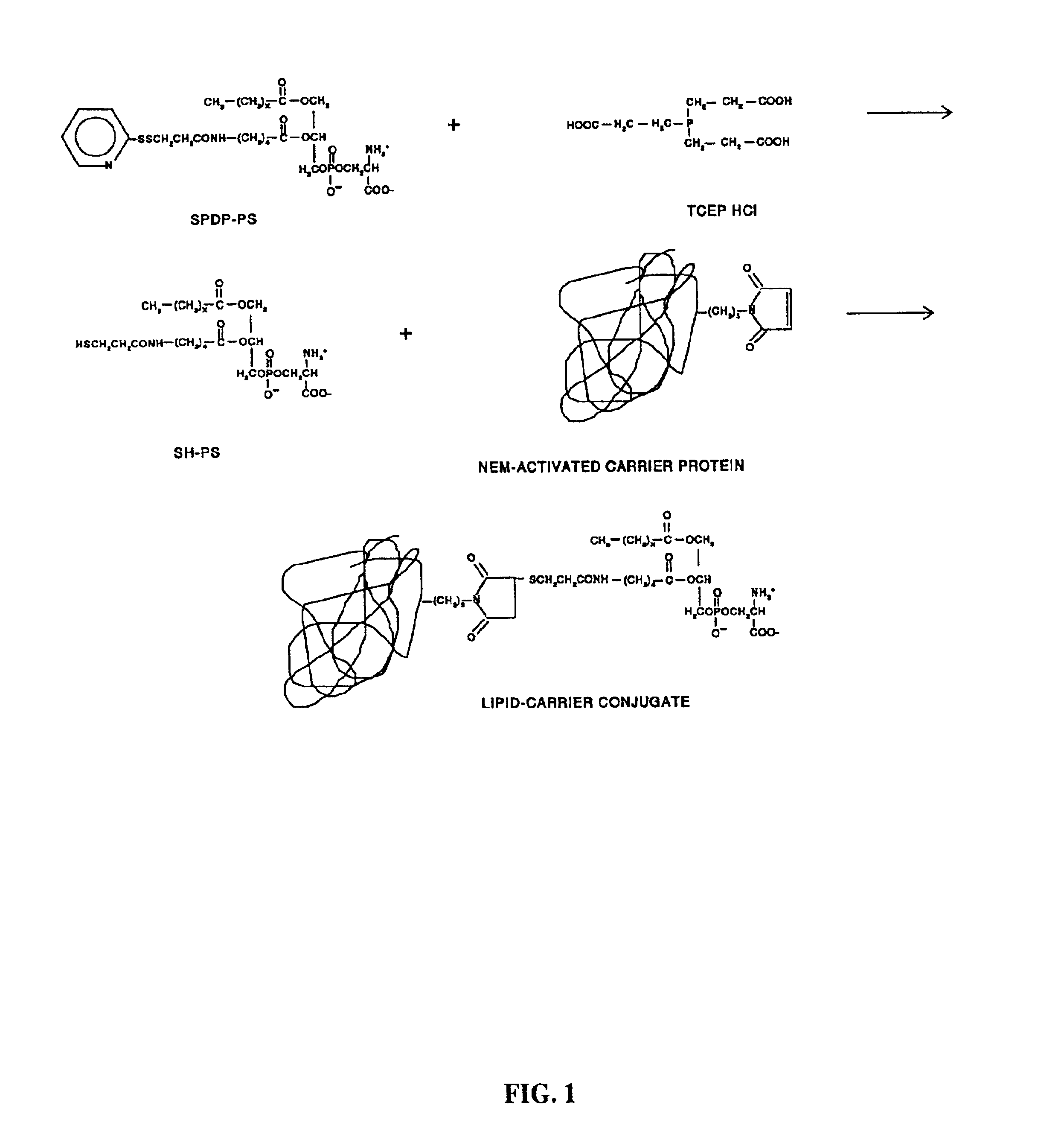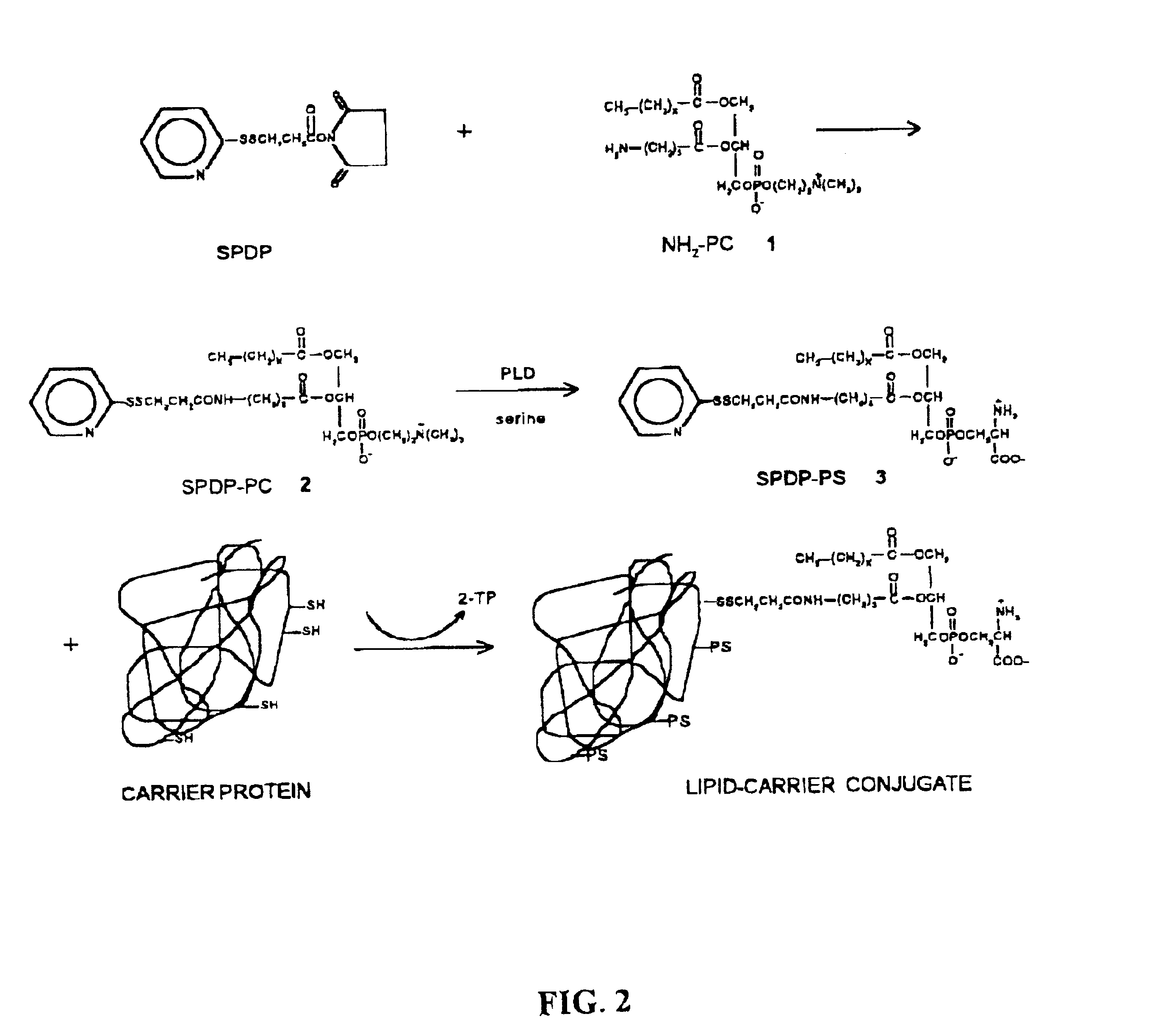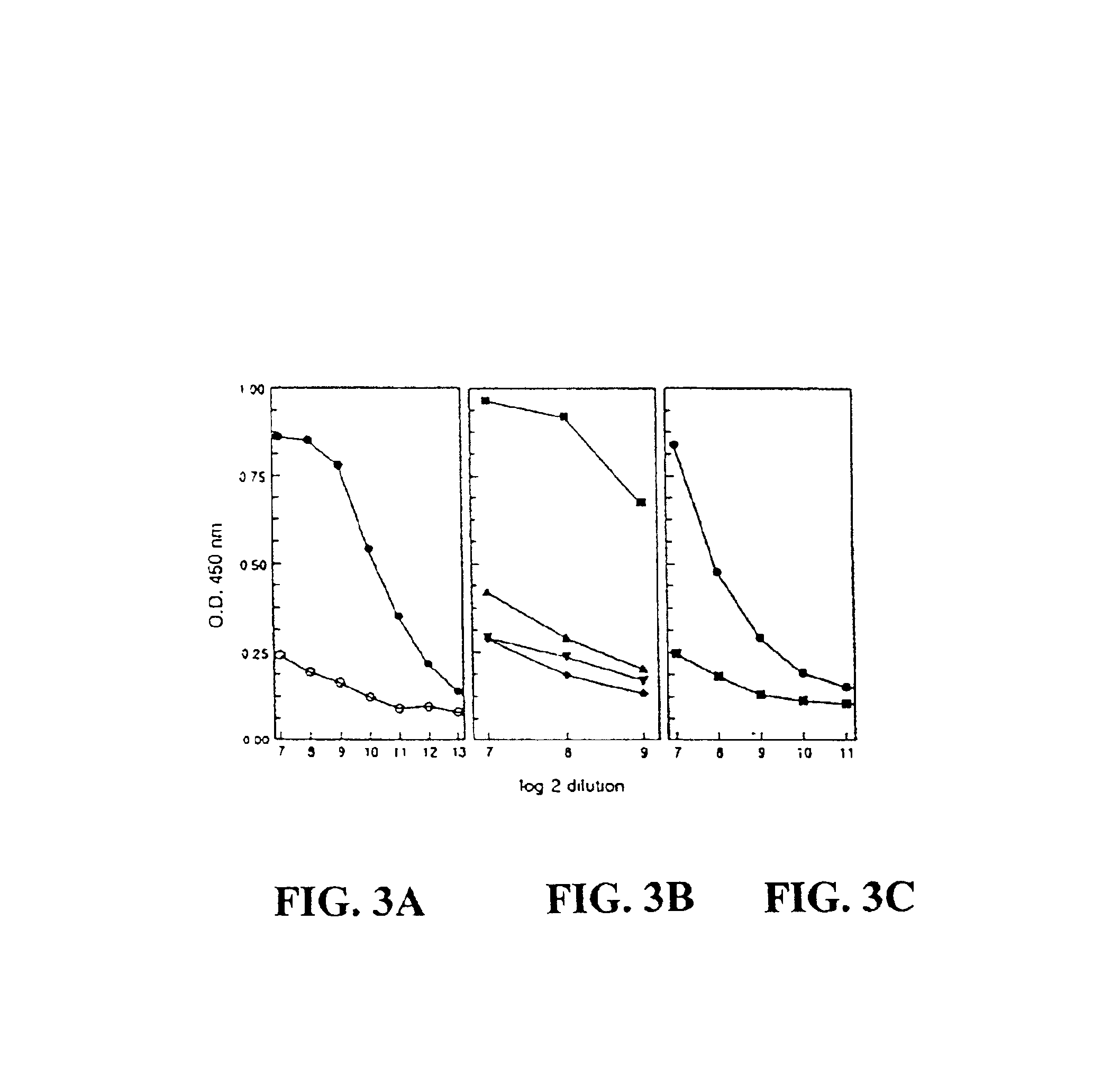Patents
Literature
929 results about "Autoimmune responses" patented technology
Efficacy Topic
Property
Owner
Technical Advancement
Application Domain
Technology Topic
Technology Field Word
Patent Country/Region
Patent Type
Patent Status
Application Year
Inventor
Autoimmunity is the system of immune responses of an organism against its own healthy cells and tissues. Any disease that results from such an aberrant immune response is termed an "autoimmune disease".
Humanized antibodies to gamma-interferon
The invention provides humanized immunoglobulins that bind to and neutralize gamma-interferon. The antibodies are useful for treatment of diseases of the immune system, particularly autoimmune diseases.
Owner:ABBOTT BIOTHERAPEUTICS CORP
Methods of diagnosing or treating irritable bowel syndrome and other disorders caused by small intestinal bacterial overgrowth
InactiveUS6861053B1Eradicate small intestinal bacterial overgrowthSymptoms improvedAntibacterial agentsOrganic active ingredientsBacteroidesAutoimmune responses
Disclosed is a method of diagnosing irritable bowel syndrome, fibromyalgia, chronic fatigue syndrome, depression, attention deficit / hyperactivity disorder, autoimmune diseases, such as multiple sclerosis and systemic lupus erythematosus, or Crohn's disease, which involves detecting the presence of small intestinal bacterial overgrowth (SIBO) in a human subject having at least one symptom associated with a suspected diagnosis of any of those diagnostic categories. Also disclosed is a method of treating these disorders, and other disorders caused by SIBO, that involves at least partially eradicating a SIBO condition in the human subject. The method includes administration of anti-microbial or probiotic agents, or normalizing intestinal motility by employing a prokinetic agent. The method improves symptoms, including hyperalgesia related to SIBO and disorders caused by SIBO. Also disclosed is a kit for the diagnosis or treatment of irritable bowel syndrome, fibromyalgia, chronic fatigue syndrome, depression, attention deficit / hyperactivity disorder, autoimmune diseases, or Crohn's disease.
Owner:CEDARS SINAI MEDICAL CENT
8-Substituted Benzoazepines as Toll-Like Receptor Modulators
Provided are compositions and methods useful for modulation of signaling through the Toll-like receptors TLR7 and / or TLR8. The compositions and methods have use in the treatment of autoimmunity, inflammation allergy, asthma, graft rejection, graft versus host disease, infection, sepsis, cancer and immunodeficiency.
Owner:ARRAY BIOPHARMA
Method for differentially quantifying naturally processed hla-restricted peptides for cancer, autoimmune and infectious diseases immunotherapy development
ActiveUS20130096016A1Efficient use ofBiological material analysisLibrary member identificationDiseaseAntigen
The invention relates to a method for quantitatively identifying relevant HLA-bound peptide antigens from primary tissue specimens on a large scale without labeling approaches. This method can not only be used for the development of peptide vaccines, but is also highly valuable for a molecularly defined immunomonitoring and the identification of new antigens for any immunotherapeutic strategy in which HLA-restricted antigenic determinants function as targets, such as a variety of subunit vaccines or adoptive T-cell transfer approaches in cancer, or infectious and autoimmune diseases.
Owner:IMMATICS BIOTECHNOLOGIES GMBH
Small molecule toll-like receptor (TLR) antagonists
The invention provides methods and compositions useful for modulating signaling through Toll-like receptors. The methods involve contacting a TLR-expressing cell with a small molecule having a core structure including at least two rings. Certain of the compounds are 4-primary amino quinolines. Many of the compounds and methods are useful specifically for inhibiting immune stimulation involving at least one of TLR9, TLR8, TLR7, and TLR3. The methods may have use in the treatment of autoimmunity, inflammation, allergy, asthma, graft rejection, graft versus host disease, infection, sepsis, cancer, and immunodeficiency.
Owner:COLEY PHARMA GMBH +1
Aminodiazepines as Toll-Like Receptor Modulators
Provided are compositions and methods useful for modulation signaling through the Toll-like receptor TLR8. The compositions and methods have use in the treatment of autoimmunity, inflammation allergy, asthma, graft rejection, graft versus host disease, infection, sepsis, cancer and immunodeficiency.
Owner:ARRAY BIOPHARMA
BIOMARKERS PREDICTIVE OF THE RESPONSIVENESS TO TNFalpha INHIBITORS IN AUTOIMMUNE DISORDERS
ActiveUS20090017472A1Prediction of responsivenessAntipyreticMicrobiological testing/measurementDiseaseAutoimmune responses
The invention provides methods for predicting responsiveness to TNFα inhibitors in a subject suffering from an autoimmune disorder, such as rheumatoid arthritis. The methods involve assaying for expression of one or more biomarkers in the subject that are predictive of responsiveness to TNFα inhibitors. A preferred biomarker of the invention is CD11c. The methods can further comprise selecting a treatment regimen with a TNFα inhibitor in an autoimmune disorder subject based upon expression of the biomarker(s) in the subject. The methods can further comprise administering a TNFα inhibitor to the subject according to the selected treatment regimen. Kits that include means for measuring expression of one or more biomarkers that are predictive of responsiveness to TNFα inhibitors for an autoimmune disorder are also provided. Methods of preparing and using databases, and computer program products therefore, for selecting an autoimmune disorder subject for treatment with a TNFα inhibitor are also provided.
Owner:ABBVIE INC
Compositions and methods for modulating immune responses
ActiveUS20100151000A1Lower Level RequirementsDecreases functional activityPowder deliveryAntipyreticDiseaseAutoimmune responses
This invention discloses methods and compositions for modulating immune responses, which involve particulate delivery of agents to immune cells, wherein the agents comprise an inhibitor of the NF-κB signaling pathway and an antigen that corresponds to a target antigen. The methods and compositions of the present invention are particularly useful in the treatment or prophylaxis of an undesirable immune response associated with the target antigen, including autoimmune diseases, allergies and transplantation associated diseases.
Owner:THE UNIV OF QUEENSLAND
Cyclic-Dinucleotides and Its Conjugates as Adjuvants and Their Uses in Pharmaceutical Compositions
ActiveUS20080286296A1Severe formLess immunomodulatory effectOrganic active ingredientsAntipyreticDiseaseAutoimmune responses
The present invention relates to new adjuvants and the uses in pharmaceutical compositions, like in vaccines. In particular, the present invention provides new compounds useful as adjuvants and / or immunomodulators for prophylactic and / or therapeutic vaccination in the treatment of infectious diseases, inflammatory diseases, autoimmune diseases, tumors, allergies as well as for the control of fertility in human or animal populations. The compounds are particularly useful not only as systemic, but preferably as mucosal adjuvants. In addition, the invention relates to its uses as active ingredients in pharmaceutical compositions.
Owner:GESELLSCHAFT FUR BIOTECHNOLOGISCHE FORSCHUNG MBH GBF
Tr3-specific binding agents and methods for their use
InactiveUS6994976B1Prevent proliferationPeptide/protein ingredientsAntibody ingredientsAutoimmune responsesActive agent
Biologically active TR3-specific binding agents and methods for their use are disclosed. The biologically active TR3-specific binding agents are useful for inhibiting the proliferation of cells expressing TR3. These biologically active agents are particularly useful for treating T-cell mediated diseases such as graft-versus-host disease, organ rejection, tumor growth, autoimmunity, and inflammation.
Owner:TITTLE THOMAS V +1
Treatment of B-cell associated diseases
InactiveUS6846476B2Enhanced killing and depletionReduce the possibilityRadioactive preparation carriersAntibody ingredientsDiseaseAutoimmune responses
Treatment of B-cell associated diseases including autoimmune and B-cell malignancies such as leukemias, lymphomas, using the combination of an anti-CD20 antibody, preferably RITUXAN® and a radiolabeled anti-CD22 antibody, preferably an 90Y labeled humanized anti-CD22 antibody, is described. These therapeutic regimens provide for enhanced depletion of B cells, and therefore reduce the risk in B cell malignancy treatment of relapse associated with RITUXAN® and, moreover, provide for prolonged immunosuppression of B-cell immune responses, especially in the context of autoimmune diseases and transplant.
Owner:BIOGEN INC
Detection and treatment of autoimmune disorders
Disclosed herein are methods of treatment of autoimmune diseases such as systemic lupus erythematosus (SLE) as well as clinical assays for detection of autoimmune disease activity in patients utilizing the involving a PD1 ligand.
Owner:SEATTLE CHILDRENS HOSPITAL
Monoclonal antibodies that suppress B cell growth and/or differentiation
The present invention provides monoclonal antibodies which interfere with the interactions between FDCs and B cells, thereby suppressing the proliferation and / or differentiation of B cells in lymphoid follicles. The monoclonal antibodies of the present invention are useful for treating follicular lymphomas, multiple myeloma as well as autoimmune diseases.
Owner:OCHSNER CLINIC FOUND
Redirection of cellular immunity by receptor chimeras
InactiveUS7049136B2Enhances immune system responseImprove responseVirusesPeptide/protein ingredientsAbnormal tissue growthCancer cell
Disclosed is a method of directing a cellular response in a mammal by expressing in a cell of the mammal a chimeric receptor which causes the cells to specifically recognize and destroy an infective agent, a cell infected with an infective agent, a tumor or cancerous cell, or an autoimmune-generated cell. Also disclosed are cells which express the chimeric receptors and DNA encoding the chimeric receptors.
Owner:THE GENERAL HOSPITAL CORP
Compositions and methods relating to novel compounds and targets thereof
InactiveUS20050113460A1Raise active oxygen levelsReduce activationBiocideNervous disorderBenzodiazepineAutoimmune responses
The present invention relates to novel chemical compounds, methods for their discovery, and their therapeutic use. In particular, the present invention provides benzodiazepine derivatives and methods of using benzodiazepine derivatives as therapeutic agents to treat a number of conditions associated with the faulty regulation of the processes of programmed cell death, autoimmunity, inflammation, and hyperproliferation, and the like.
Owner:RGT UNIV OF MICHIGAN
FcGammaRIIB Specific Antibodies and Methods of Use Thereof
InactiveUS20090053218A1Good curative effectAvoid managementAntibody ingredientsImmunoglobulinsTreatment effectAutoimmune responses
The present invention relates to antibodies or fragments thereof that specifically bind FcγRIIB, particularly human FcγRIIB, with greater affinity than said antibodies or fragments thereof bind FcγRIIA, particularly human FcγRIIA. The present invention also encompasses the use of an anti-FcγRIIB antibody or an antigen-binding fragment thereof, as a single agent therapy for the treatment, prevention, management, or amelioration of a cancer, preferably a B-cell malignancy, particularly, B-cell chronic lymphocytic leukemia or non-Hodgkin's lymphoma, an autoimmune disorder, an inflammatory disorder, an IgE-mediated allergic disorder, or one or more symptoms thereof. The present invention also encompasses the use of an anti-FcγRIIB antibody or an antigen-binding fragment thereof, in combination with other cancer therapies. The present invention provides pharmaceutical compositions comprising an anti-FcγRIIB antibody or an antigen-binding fragment thereof, in amounts effective to prevent, treat, manage, or ameliorate a cancer, such as a B-cell malignancy, an autoimmune disorder, an inflammatory disorder, an IgE-mediated allergic disorder, or one or more symptoms thereof. The invention further provides methods of enhancing the therapeutic effect of therapeutic antibodies by administering the antibodies of the invention to enhance the effector function of the therapeutic antibodies. The invention also provides methods of enhancing efficacy of a vaccine composition by administering the antibodies of the invention with a vaccine composition.
Owner:MACROGENICS INC
Small molecule toll-like receptor (TLR) antagonists
The invention provides methods and compositions useful for modulating signaling through Toll-like receptors. The methods involve contacting a TLR-expressing cell with a small molecule having a core structure including at least two rings. Certain of the compounds are 4-primary amino quinolines. Many of the compounds and methods are useful specifically for inhibiting immune stimulation involving at least one of TLR9, TLR8, TLR7, and TLR3. The methods may have use in the treatment of autoimmunity, inflammation, allergy, asthma, graft rejection, graft versus host disease, infection, sepsis, cancer, and immunodeficiency.
Owner:COLEY PHARMA GMBH +1
Immunoregulator
InactiveUS20020064501A1Prevent rejectionImmunological interactionMicrobiological testing/measurementTetrapeptide ingredientsAutoimmune responsesAllergy
The invention relates to the field of immunology. Specifically, the invention relates to the field of immune-mediated disorders such as allergies, auto-immune disease, transplantation-related disease or inflammatory disease. The invention provides for an immunoregulator (IR), use of an IR in preparing a pharmaceutical composition for treating an immune-mediated disorder and a method for treating an immune-mediated disorder.
Owner:BIOTEMPT
Methods of preventing or treating inflammatory or autoimmune disorders by administering integrin alphanubeta3 antagonists in combination with other prophylactic or therapeutic agents
InactiveUS20020168360A1Good treatment effectGreat inflammationAntipyreticDigestive systemAutoimmune responsesTherapeutic effect
The present invention provides to methods of preventing, treating or ameliorating one or more symptoms associated with an autoimmune or inflammatory disorder utilizing combinatorial therapy. In particular, the present invention provides methods of preventing, treating, or ameliorating one or more symptoms associated with an autoimmune or inflammatory disorder comprising administering to a subject in need thereof one or more integrin alphaVbeta3 antagonists and at least one other prophylactic or therapeutic agent. The present invention also provides compositions and articles of manufacture for use in preventing, treating or ameliorating one or more symptoms associated with an autoimmune or inflammatory disorder.
Owner:MEDIMMUNE LLC
Immunotherapy of B cell malignancies and autoimmune diseases using unconjugated antibodies and conjugated antibodies and antibody combinations and fusion proteins
ActiveUS7534427B2Easy to manageSimilar response ratePeptide/protein ingredientsAntipyreticDiseaseMammal
The invention is directed to a method for treating a treating and diagnosing a B cell-related disease, T cell-related disease or an autoimmune disease in a mammal by concurrently or sequentially administering to the mammal a therapeutic composition that comprises a pharmaceutically acceptable vehicle and at least one conjugated antibody, wherein predosing with a non-radiolabeled antibody is not performed.
Owner:IMMUNOMEDICS INC
Targeted cd1d molecules
The invention is directed to a compound comprising one or more CD1d complexes in association with an antibody specific for a cell surface marker. The CD1d complexes comprise a CD1d, a β2-microglobulin molecule, and may further comprise an antigen bound to the CD1d binding groove. The invention is further directed to methods of inhibiting or stimulating an immune response with the CD1d-antibody compounds, in particular anti-tumor and autoimmunity responses.
Owner:VACCINEX
Nucleic acids encoding JTT-1 protein
InactiveUS7045615B2Increased proliferationImprove purification effectBacteriaPeptide/protein ingredientsCell adhesionAutoimmune responses
Novel cell surface molecules recognized by monoclonal antibodies against a cell surface molecule of lymphocytic cells that play an important role in autoimmune diseases and allergic diseases have been isolated, identified, and analyzed for their functions. The cell surface molecules are expressed specifically in thymocytes, lymphocytes activated by ConA-stimulation, and peripheral blood lymphocytes, and induce cell adhesion. Antibodies against the cell surface molecules significantly ameliorate pathological conditions of autoimmune diseases and allergic diseases.
Owner:JAPAN TOBACCO INC
Methods of treating inflammation using antibodies to M-CSF
InactiveUS7108852B2Inhibiting and minimizing capabilityInhibiting and minimizing accumulationSnake antigen ingredientsImmunoglobulins against cytokines/lymphokines/interferonsAutoimmune responsesAutoimmune disease
A hematopoetic factor called “colony stimulating factor” (CSF) is capable of synergizing the attracting capabilities of chemokines and of inducing the accumulation and / or activation in vitro and in vivo of key components of inflammatory responses. Various types of agents that inhibit or otherwise hinder the production, release or activity of CSF could be used therapeutically in the treatment of ischemia and other inflammatory diseases, such as autoimmune disease, and various chronic inflammatory diseases such as rheumatoid arthritis and psoriasis.
Owner:WARNER-LAMBERT CO
Virulent oncolytic herpes simplex virus strains engineered to counter the innate host response
ActiveUS7731952B2Preserving abilityContinual and sustained deliveryBiocideGenetic material ingredientsAutoimmune responsesHost response
Owner:NEW YORK UNIV
Tolerogenic populations of dendritic cells
InactiveUS20100080816A1Snake antigen ingredientsArtificial cell constructsAutoimmune responsesCMKLR1
Tolerogenic populations of dendritic cells are provided, where the dendritic cells are characterized by expression of select tissue-specific homing receptors including the chemokine receptors CCR9; or CMKLR1; or the integrin CD103. The dendritic cells may be conventional / myeloid or plasmacytoid dendritic cells. The cells may be isolated from lymphoid tissue, from blood, or from in vitro culture, e.g. bone marrow culture, etc. Methods are provided for their identification, isolation and targeting in immunotherapeutic interventions in suppressing inflammatory disorders including autoimmunity, transplantation responses and allergic diseases. In some embodiments dendritic cell populations are fixed to render them immunosuppressive, thus allowing the cells to be typed and banked for future use.
Owner:THE BOARD OF TRUSTEES OF THE LELAND STANFORD JUNIOR UNIV
Methods of treating neoplastic, autoimmune and inflammatory diseases
ActiveUS7695716B2Reduce in quantityExcessive levelAntipyreticDigestive systemAutoimmune responsesInflammatory bowel disease
Owner:SEAGEN INC
FcGammaRIIB Specific Antibodies and Methods of Use Thereof
InactiveUS20090074771A1Strong therapeutic activityEnhancing antibody-mediated effector functionAntibody ingredientsImmunoglobulinsTolerabilityImmune complex deposition
The present invention relates to antibodies or fragments thereof that specifically bind FcγRIIB, particularly human FcγRIIB, more particularly the extracellular domain of FcγRIIB with greater affinity than said antibodies or fragments thereof bind FcγRIIA, particularly human FcγRIIA, and block the Fc binding site of FcγRIIB. The present invention also encompasses the use of an anti-FcγRIIB antibody or an antigen-binding fragment thereof, as a single agent therapy for the treatment, prevention, management, or amelioration of a cancer, preferably a B-cell malignancy, particularly, B-cell chronic lymphocytic leukemia or non-Hodgkin's lymphoma, an autoimmune disorder, an inflammatory disorder, an IgE-mediated allergic disorder, or one or more symptoms thereof. The present invention also encompasses the use of an anti-FcγRIIB antibody or an antigen-binding fragment thereof, in combination with other cancer therapies. The present invention provides pharmaceutical compositions comprising an anti-FcγRIIB antibody or an antigen-binding fragment thereof, in amounts effective to prevent, treat, manage, or ameliorate a cancer, such as a B-cell malignancy, an autoimmune disorder, an inflammatory disorder, an IgE-mediated allergic disorder, or one or more symptoms thereof. The invention further provides methods of enhancing the therapeutic effect of therapeutic antibodies by administering the antibodies of the invention to enhance the effector function of the therapeutic antibodies. The invention also provides methods of enhancing efficacy of a vaccine composition by administering the antibodies of the invention with a vaccine composition. The invention further provides methods of treating cancer and / or regulating immune complex-mediated cell activation by administering the antibodies of the invention to enhance an immune response. The invention also provides methods of breaking tolerance to an antigen by administering an antigen-antibody complex and an antibody of the invention.
Owner:MACROGENICS INC
FcγRIIB specific antibodies and methods of use thereof
The present invention relates to antibodies or fragments thereof that specifically bind FcγRIIB, particularly human FcγRIIB, with greater affinity than said antibodies or fragments thereof bind FcγRIIA, particularly human FcγRIIA. The present invention also encompasses the use of an anti-FcγRIIB antibody or an antigen-binding fragment thereof, as a single agent therapy for the treatment, prevention, management, or amelioration of a cancer, preferably a B-cell malignancy, particularly, B-cell chronic lymphocytic leukemia or non-Hodgkin's lymphoma, an autoimmune disorder, an inflammatory disorder, an IgE-mediated allergic disorder, or one or more symptoms thereof. The present invention also encompasses the use of an anti-FcγRIIB antibody or an antigen-binding fragment thereof, in combination with other cancer therapies. The present invention provides pharmaceutical compositions comprising an anti-FcγRIIB antibody or an antigen-binding fragment thereof, in amounts effective to prevent, treat, manage, or ameliorate a cancer, such as a B-cell malignancy, an autoimmune disorder, an inflammatory disorder, an IgE-mediated allergic disorder, or one or more symptoms thereof. The invention further provides methods of enhancing the therapeutic effect of therapeutic antibodies by administering the antibodies of the invention to enhance the effector function of the therapeutic antibodies. The invention also provides methods of enhancing efficacy of a vaccine composition by administering the antibodies of the invention with a vaccine composition.
Owner:MACROGENICS INC
Stress proteins and uses therefor
InactiveUS6338952B1Preventing and reducing adverse effectEnhance immune responseVirusesAntibody mimetics/scaffoldsAntigenImmunotherapeutic agent
The present invention relates to stress proteins and methods of modulating an individual's immune response. In particular, it relates to the use of such stress proteins in immune therapy and prophylaxis, which results in an induction or enhancement of an individual's immune response and as an immunotherapeutic agent which results in a decrease of an individual's immune response to his or her own cells. The present invention also relates to compositions comprising a stress protein joined to another component, such as a fusion protein in which a stress protein is fused to an antigen. Further, the present invention relates to a method of generating antibodies to a substance using a conjugate comprised of a stress protein joined to the substance.
Owner:WHITEHEAD INST FOR BIOMEDICAL RES INC
Methods and compositions for inducing autoimmunity in the treatment of cancers
Owner:BOARD OF RGT THE UNIV OF TEXAS SYST
Features
- R&D
- Intellectual Property
- Life Sciences
- Materials
- Tech Scout
Why Patsnap Eureka
- Unparalleled Data Quality
- Higher Quality Content
- 60% Fewer Hallucinations
Social media
Patsnap Eureka Blog
Learn More Browse by: Latest US Patents, China's latest patents, Technical Efficacy Thesaurus, Application Domain, Technology Topic, Popular Technical Reports.
© 2025 PatSnap. All rights reserved.Legal|Privacy policy|Modern Slavery Act Transparency Statement|Sitemap|About US| Contact US: help@patsnap.com
